
Long-Lasting Safety of Synthetic Grass for Outdoor Play
Synthetic grass offers an alternative to natural turf that significantly reduces the need for water and chemical fertilizers. With climate change becoming an increasing concern, the use of synthetic materials can help conserve vital resources. Unlike...
Read more →
Impact-Absorbing Synthetic Grass: A Safety Advantage
Regular upkeep of impact-absorbing artificial turf is essential for maintaining its safety features and overall performance. When kept in optimal condition, the turf can effectively reduce injury risks for athletes and recreational users alike. Basic...
Read more →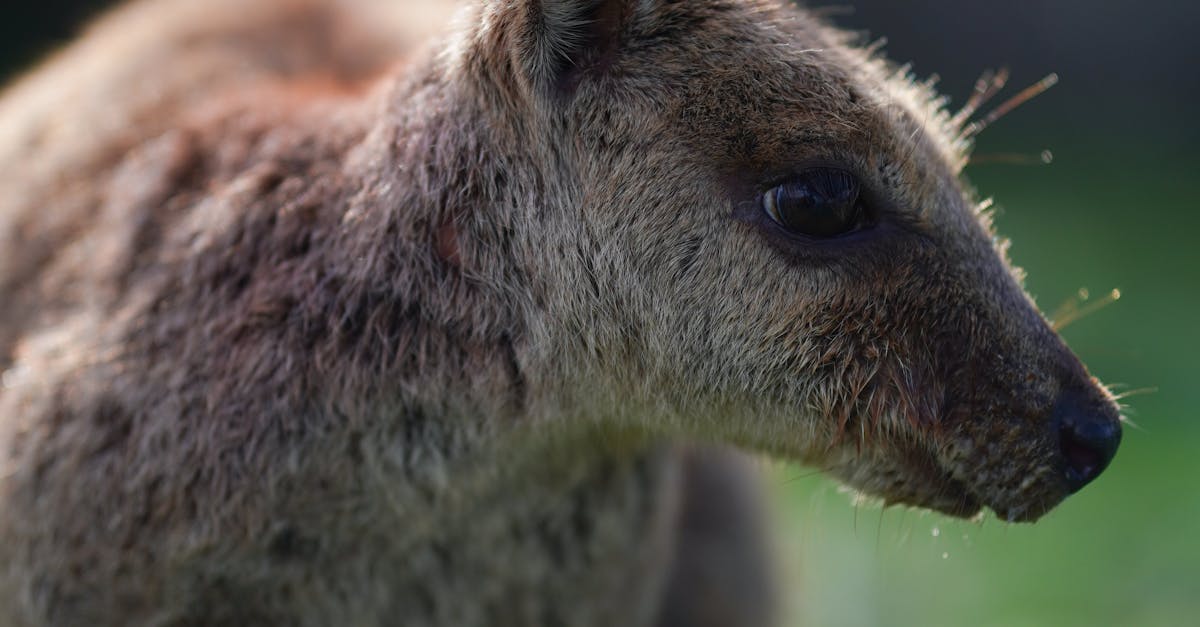
Avoiding Harmful Chemicals: The Safety of Synthetic Grass
Infill materials are essential components of synthetic grass systems, providing stability and enhancing performance underfoot. They help to keep the blades of grass upright, allowing for a more natural appearance. These materials also contribute to t...
Read more →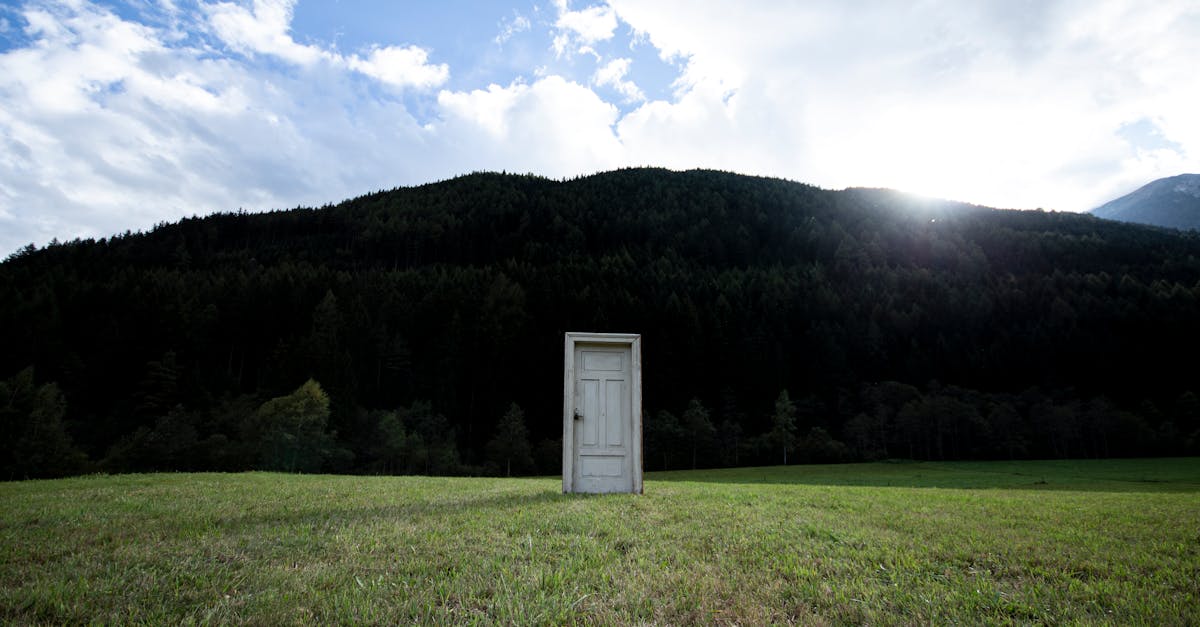
Synthetic Grass and Its Role in Preventing Allergies in Kids
Safe play areas for children are essential for their physical and emotional well-being. Synthetic grass offers a clean, level surface for kids to engage in outdoor activities while minimising exposure to allergy-inducing elements. Unlike natural gras...
Read more →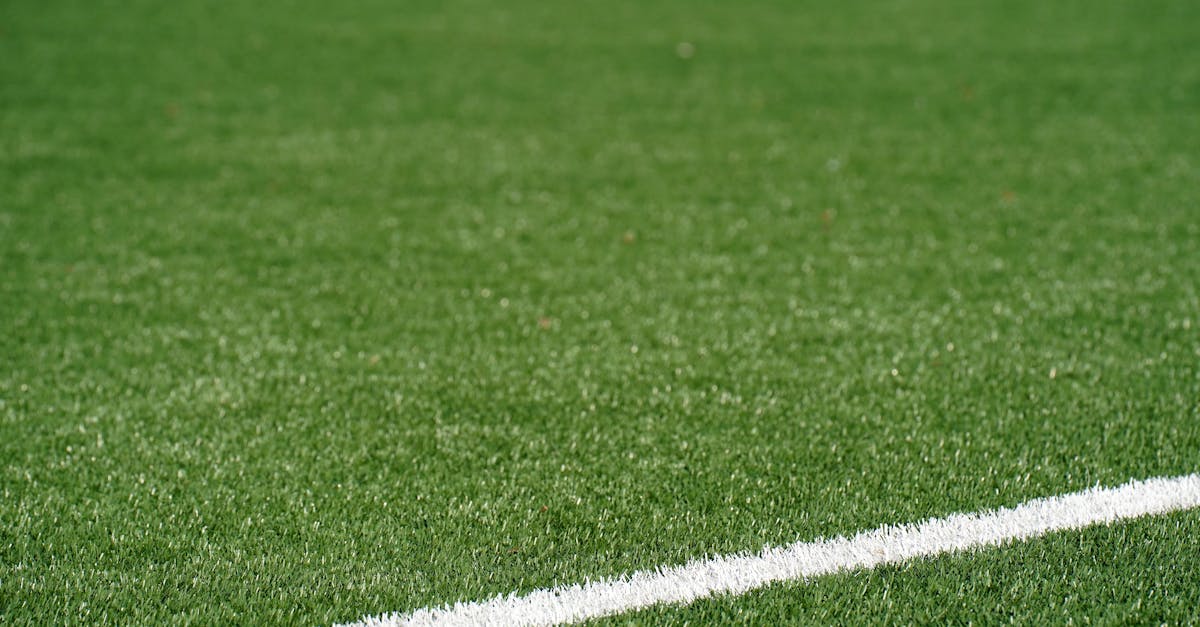
The Benefits of Soft Synthetic Turf for Child Playgrounds
Soft synthetic turf is specifically designed to perform well under a variety of weather conditions. Unlike natural grass, which can become muddy and slippery during rain, synthetic surfaces maintain their functionality. This stability allows children...
Read more →
Choosing Pet-Friendly Synthetic Grass: What to Look For
Synthetic grass designed for pets typically requires minimal upkeep, making it an attractive choice for pet owners. Regular brushing will help maintain the grass's appearance by preventing matting and keeping it looking fresh. It's essential to remov...
Read more →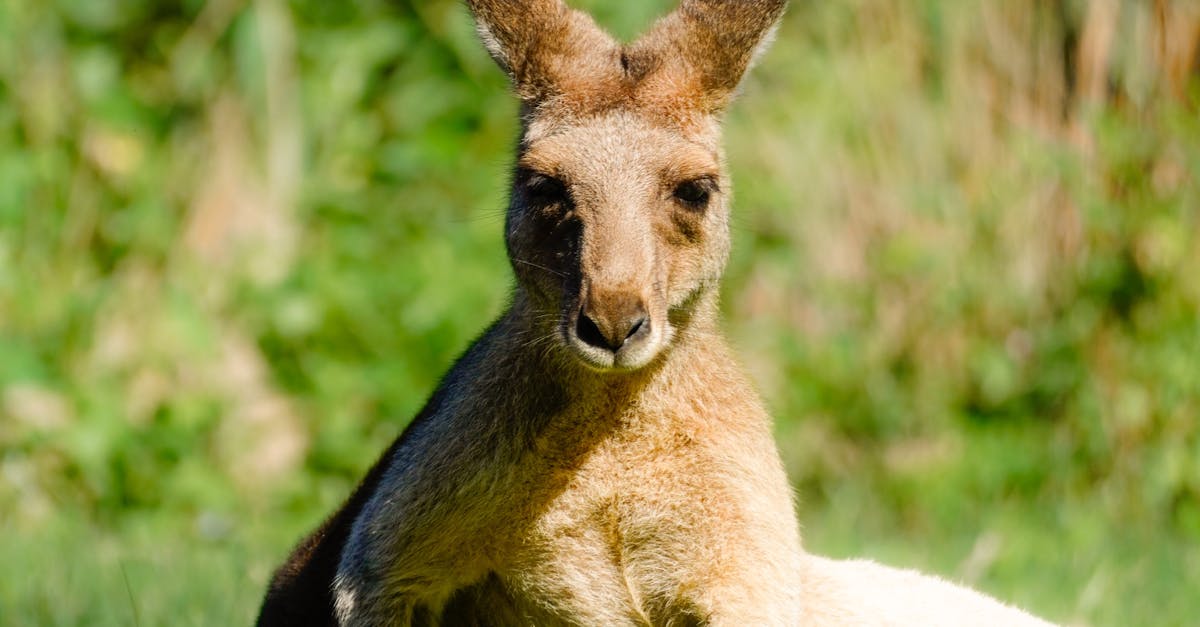
Understanding the Non-Toxic Properties of Synthetic Grass
Many people assume that synthetic grass is harmful to health due to the materials used in its production. However, advancements in technology have led to the development of non-toxic options that are safe for children and pets. Manufacturers are incr...
Read more →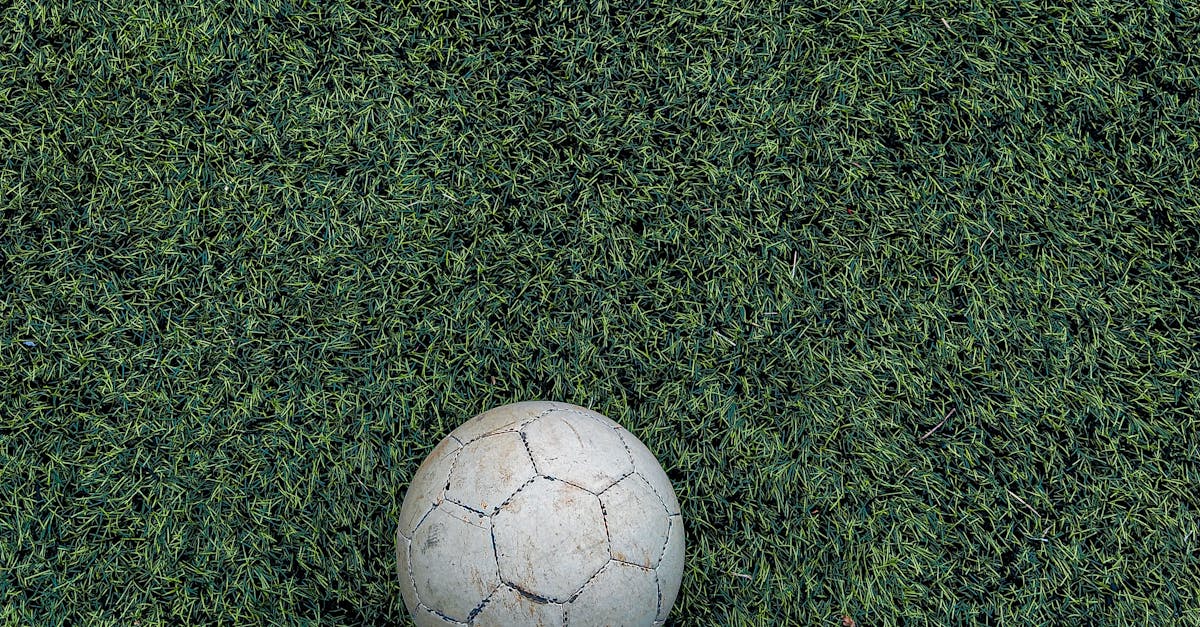
How Synthetic Grass Minimises Injuries in Children
The safety of children during play and sports activities hinges significantly on the materials used in playgrounds and fields. Synthetic grass provides peace of mind as it is often made from non-toxic materials that reduce the risk of exposure to har...
Read more →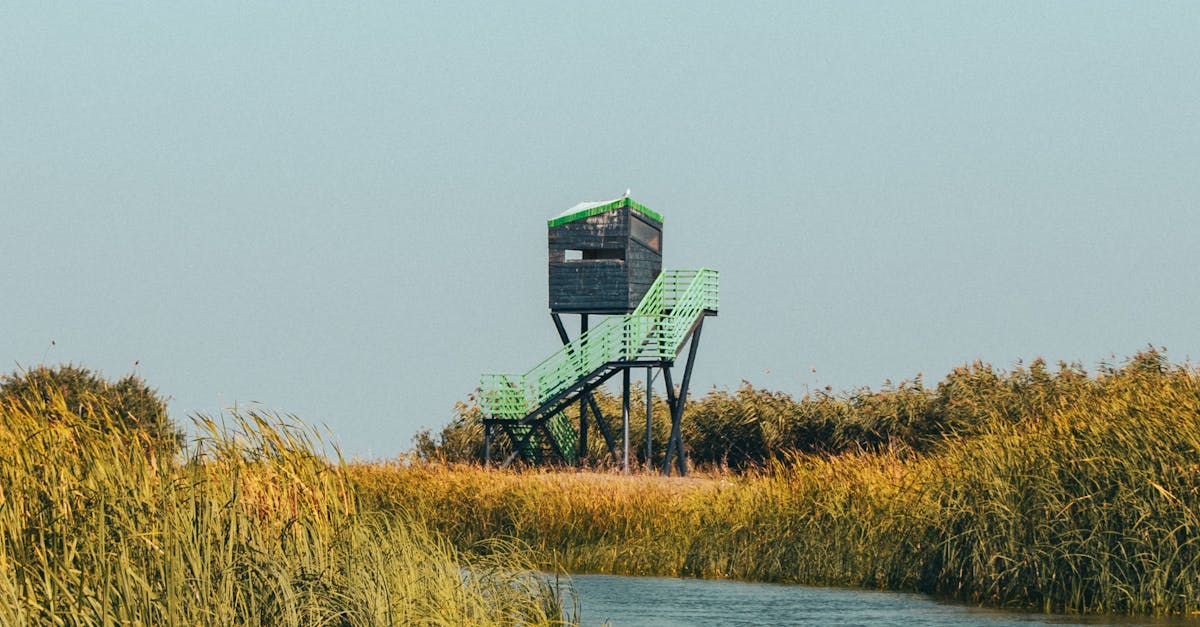
Safe Synthetic Grass Options for Families with Pets
When opting for synthetic grass, deciding on the appropriate installation method is crucial. Hiring professional installers can ensure a high-quality finish, as they possess the necessary skills and experience. They understand the intricacies of drai...
Read more →
The Role of Synthetic Grass in Modern Urban Landscapes
Synthetic grass has emerged as a versatile solution for various environments, transforming gardens, courtyards, and commercial spaces into aesthetically pleasing areas. Homeowners often opt for synthetic turf to maintain a lush, green appearance with...
Read more →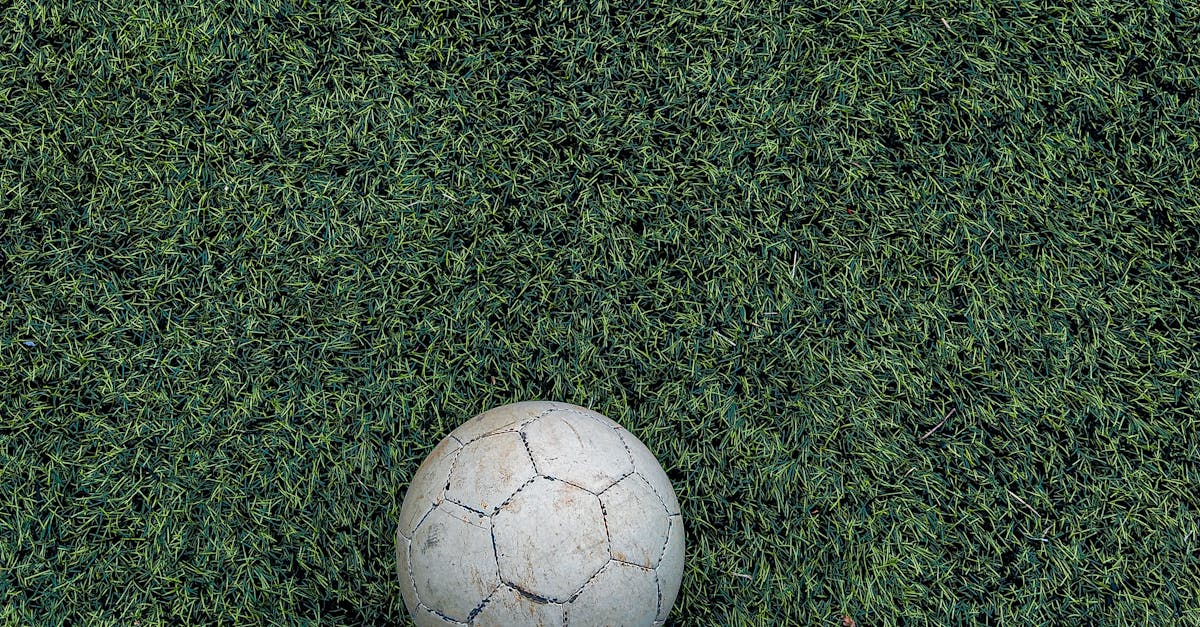
Visual Harmony: Blending Synthetic Grass with Natural Elements
Creating outdoor spaces that balance aesthetics and functionality requires thoughtful consideration of the various elements at play. Incorporating synthetic grass offers a versatile foundation that enhances the usability of an area. Families can bene...
Read more →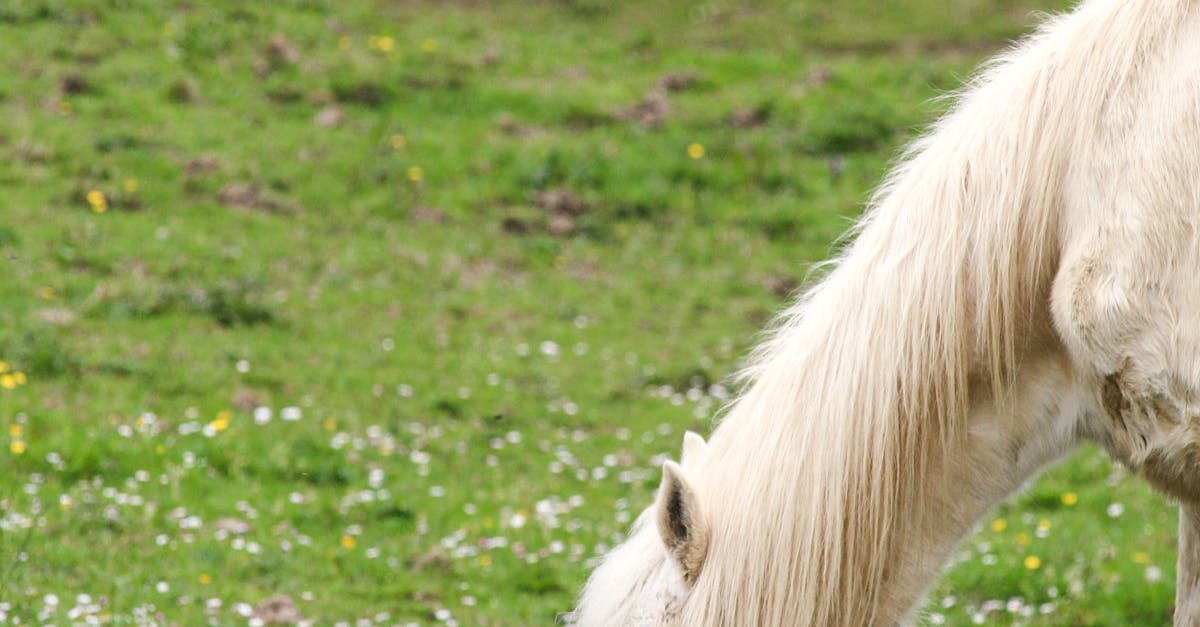
The Safety Features of Synthetic Grass for Play Areas
Synthetic grass is designed with advanced UV stabilisation techniques, ensuring it can withstand Australia’s harsh sun without significant degradation. This technology allows the grass to maintain its vibrant colour while resisting fading over time...
Read more →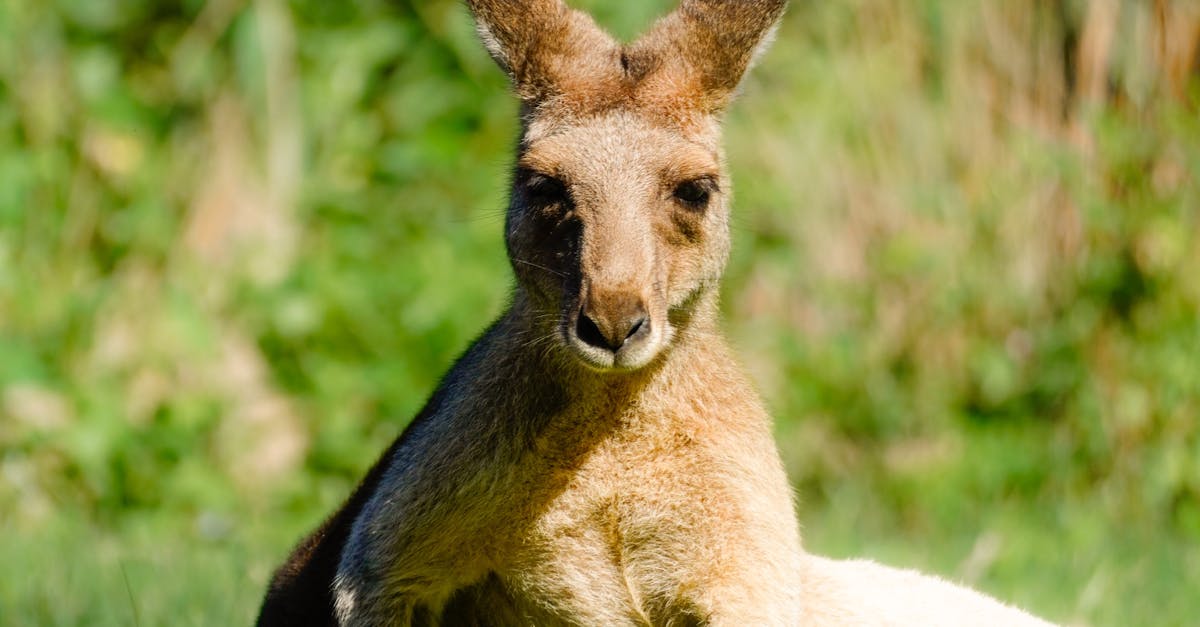
Achieving a Year-Round Green Aesthetic with Synthetic Grass
A vibrant, lush lawn significantly improves the appeal of any outdoor space. Many homeowners are opting for synthetic grass due to its consistent green appearance and low maintenance requirements. Unlike natural grass, which often suffers from dry pa...
Read more →
Incorporating Synthetic Grass into Landscape Design
Synthetic grass presents an innovative solution for those aiming to create a verdant outdoor space without the environmental impact associated with natural lawns. It eliminates the need for chemical fertilisers and pesticides, which can leach into lo...
Read more →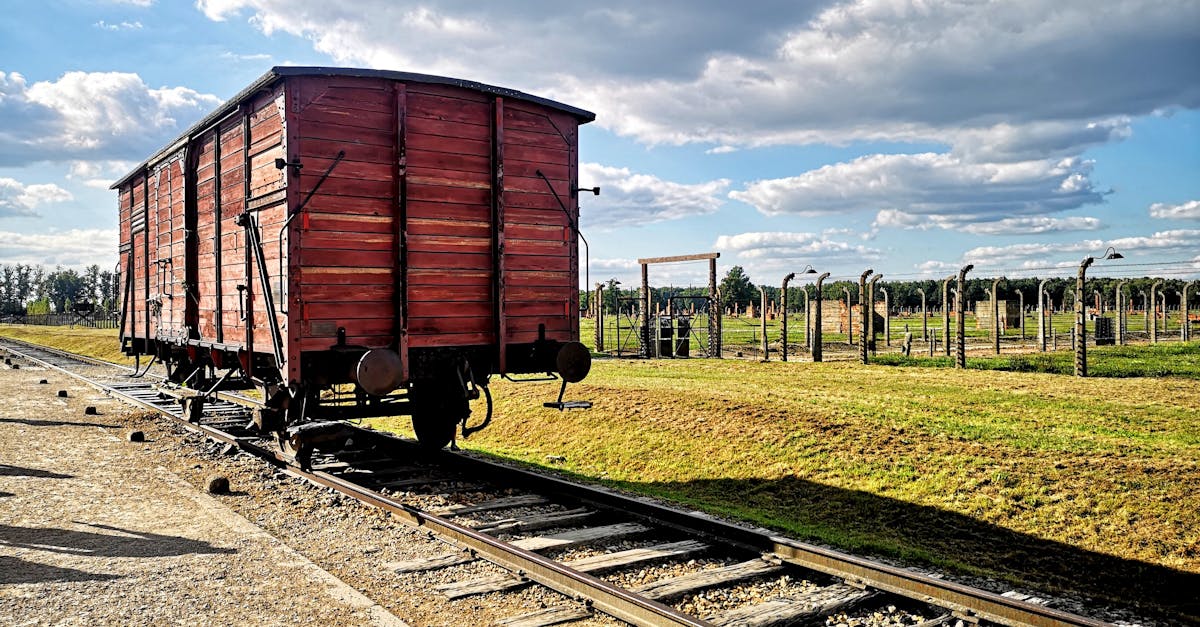
Colour Variations in Synthetic Grass and Their Design Impact
Selecting the appropriate colour for synthetic grass can significantly impact the overall aesthetics of a space. Bright, vibrant shades might work well in children's play areas or vibrant outdoor settings, while more subdued and natural tones often c...
Read more →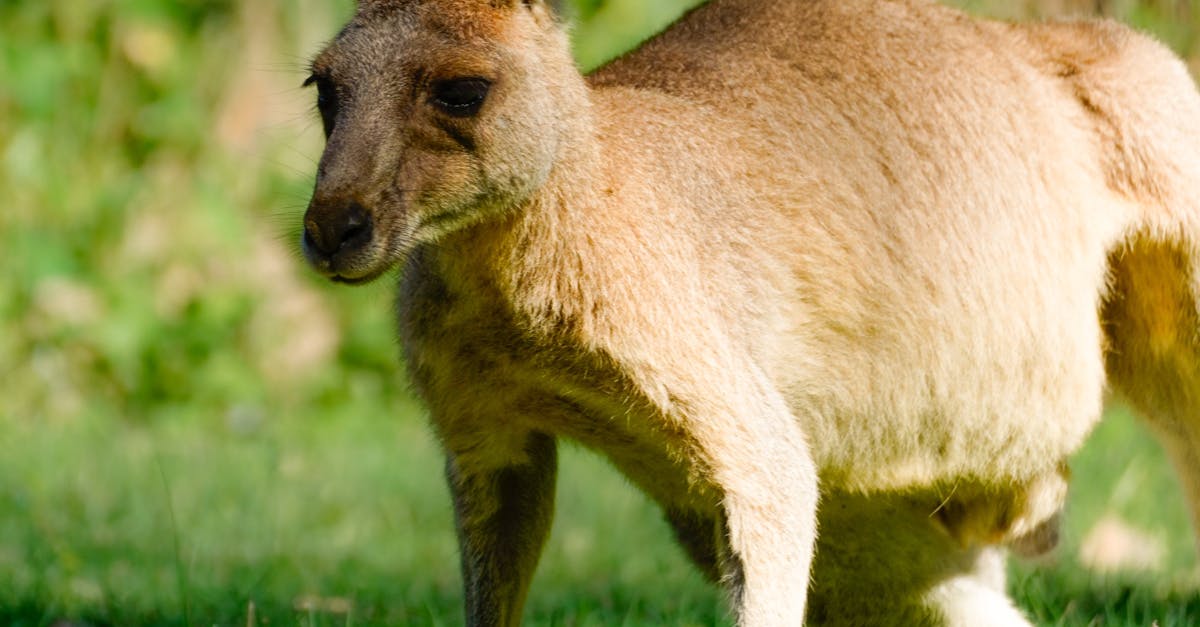
Synthetic Grass: A Beautiful Alternative to Traditional Turf
The installation of synthetic turf typically begins with thorough site preparation. This includes clearing the area of any existing grass, weeds, or debris. The ground is then levelled and compacted to create a stable foundation, which helps prevent ...
Read more →
Transforming Patios and Balconies with Synthetic Grass
The adoption of synthetic grass has stirred up discussions regarding its environmental footprint. One significant advantage is the reduction in water usage, particularly in regions where drought is common. Traditional lawns require considerable irrig...
Read more →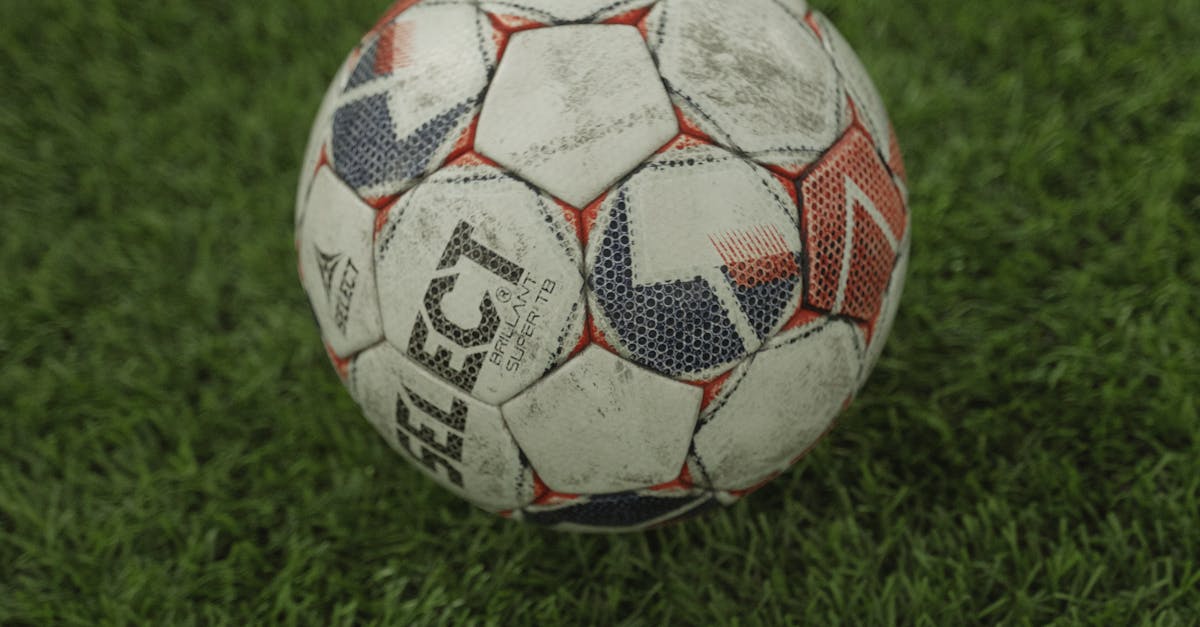
Creating Lush Looking Lawns with Synthetic Grass Solutions
The visual impact of a lush green lawn is undeniable. It serves as a stunning backdrop for any home, enhancing the overall aesthetic and inviting admiration from neighbours and passersby. Synthetic grass provides a vibrant, year-round solution that m...
Read more →
The Visual Benefits of Synthetic Grass in Residential Gardens
Synthetic grass presents a compelling solution for those struggling with allergies related to pollen and other irritants. Traditional lawns often feature species of grass that release significant amounts of pollen, particularly during the peak growin...
Read more →
Enhancing Outdoor Spaces with Synthetic Grass Aesthetic
Synthetic grass is becoming increasingly popular for those looking to transform outdoor spaces into lush, vibrant environments. Its versatility allows homeowners to create attractive lawns without the maintenance hassles associated with natural grass...
Read more →
How Proper Installation Techniques Impact Grass Durability
A well-fertilised lawn is crucial for maintaining grass health and resilience. Nutrients such as nitrogen, phosphorus, and potassium play significant roles in promoting vigorous growth and strong root systems. When grass receives an adequate supply o...
Read more →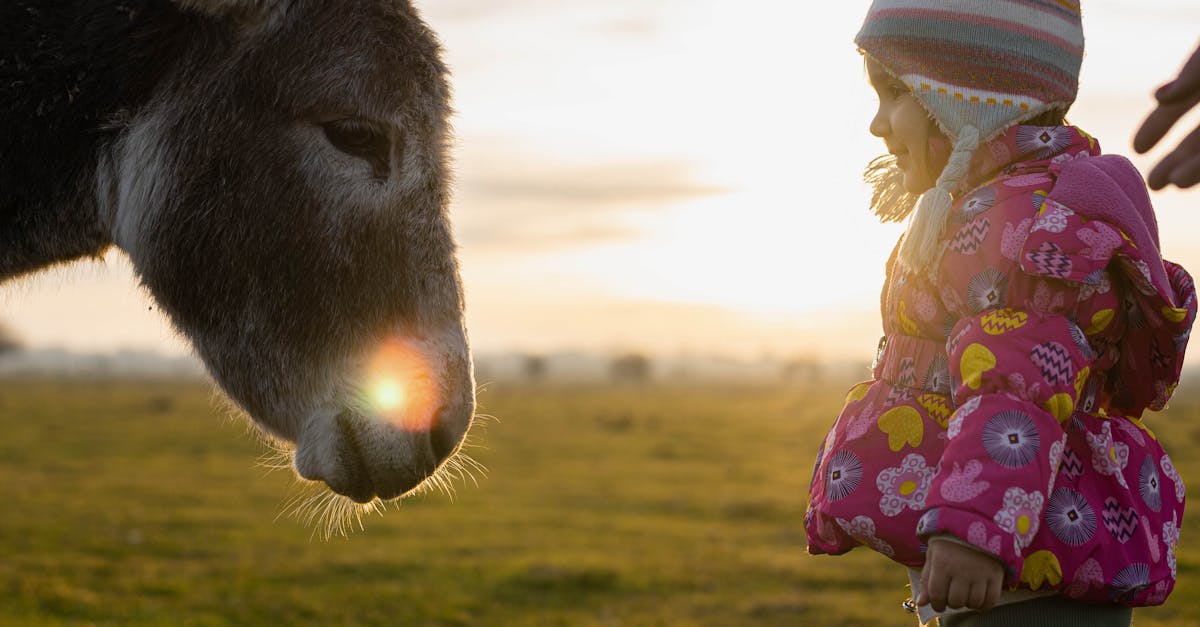
Repair Strategies to Extend the Life of Synthetic Grass
Synthetic grass can accumulate thatch, a layer of organic debris including dead grass blades, leaves, and other materials. This build-up can hinder drainage and airflow, leading to various issues like mould growth and an uneven surface. Regular inspe...
Read more →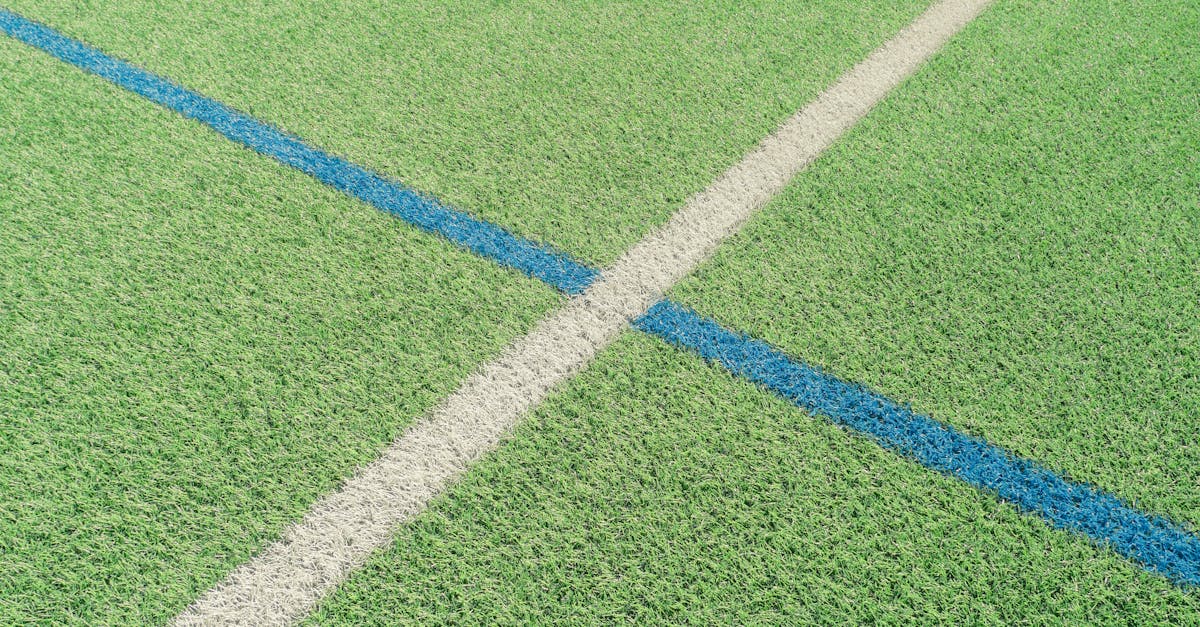
Synthetic Grass vs Natural Grass: A Longevity Comparison
Natural grass contributes positively to the environment in various ways. It plays a crucial role in carbon sequestration, capturing carbon dioxide from the atmosphere and helping to mitigate climate change. The growth of grasslands also supports the ...
Read more →
The Role of UV Stabilisation in Prolonging Grass Lifespan
When installing UV stabilised grass, it is crucial to prepare the area properly before laying the turf. This involves removing any existing vegetation and debris, as well as ensuring the ground is level and well-drained. A compacted base layer will p...
Read more →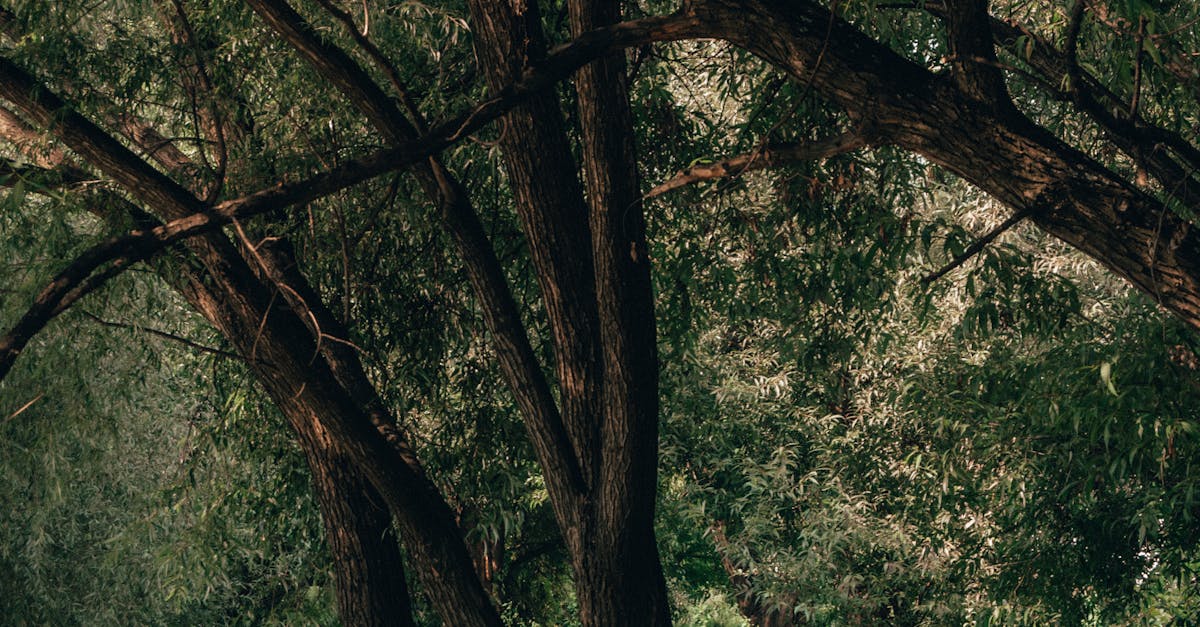
How Climate Influences the Durability of Synthetic Turf
The durability of synthetic turf is significantly influenced by seasonal variations, which can affect its performance over time. In summer, high temperatures can lead to increased surface heat, making the turf uncomfortable for both players and anima...
Read more →
Comparing Durability Ratings of Different Synthetic Grass Types
Durability ratings play a crucial role in determining the lifespan and usability of synthetic grass products. These ratings often reflect how well the grass can withstand various environmental stresses, such as UV exposure, foot traffic, and extreme ...
Read more →
Evaluating the Lifespan of Various Synthetic Grass Products
Synthetic grass products can exhibit several signs of wear and tear over time. One common indicator is a distinct change in colour. Fading often occurs due to prolonged exposure to sunlight. Additionally, the blades may flatten because of foot traffi...
Read more →
Factors Contributing to the Durability of Artificial Turf
The first step in achieving a durable artificial turf surface is ensuring that the ground beneath it is properly prepared. This involves removing any existing vegetation, rocks, and debris. A level base is crucial. Several materials may be used, incl...
Read more →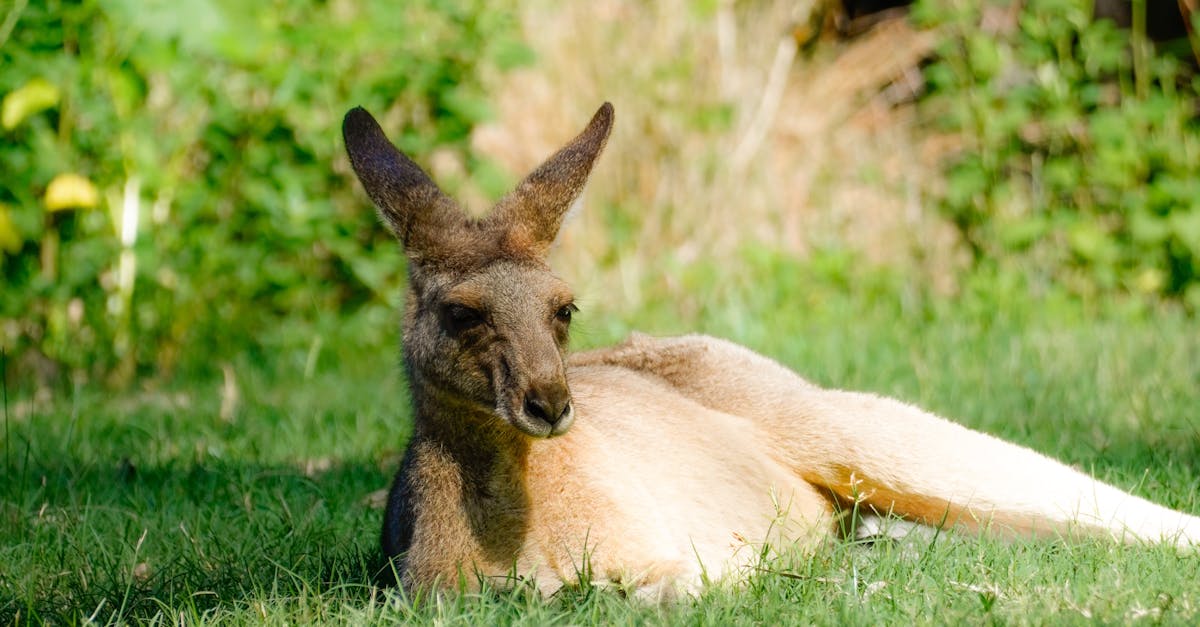
Maintenance Practices that Enhance the Longevity of Synthetic Grass
Weeds can undermine the aesthetic appeal and functionality of synthetic grass, making it essential to implement preventive measures. Regular maintenance involves checking for any emerging weeds around the seams or edges where soil may still be presen...
Read more →
The Economic Benefits of Low Maintenance Synthetic Grass
The rise of synthetic grass has led to significant job creation within the industry. Manufacturing processes require a skilled workforce, from engineers and designers to assemblers and technicians. As demand surges, companies are expanding their oper...
Read more →
How Synthetic Grass Reduces Water Bills in the Gold Coast
When considering installation, it is crucial to assess the current landscape of your property and its drainage system. Proper ground preparation plays a vital role in ensuring longevity and performance. This might involve removing existing grass, wee...
Read more →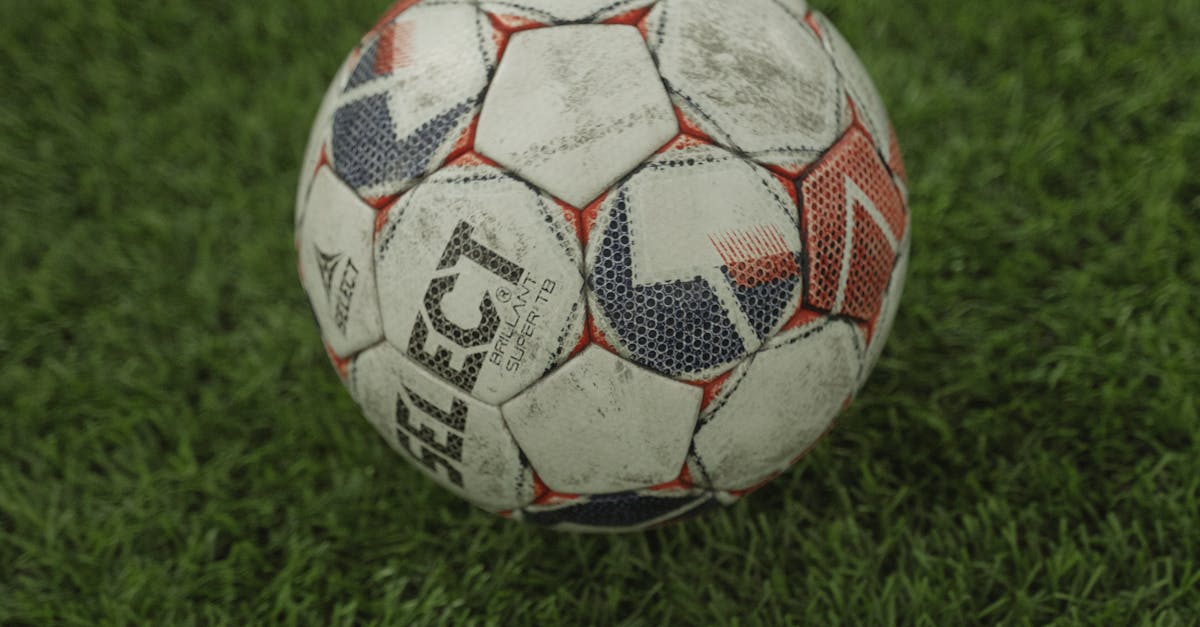
Understanding the Long-Lasting Nature of Synthetic Grass
There are notable differences between synthetic grass and its natural counterpart, each offering unique characteristics that cater to varying preferences. Natural grass requires ongoing maintenance, including regular mowing, watering, and fertilising...
Read more →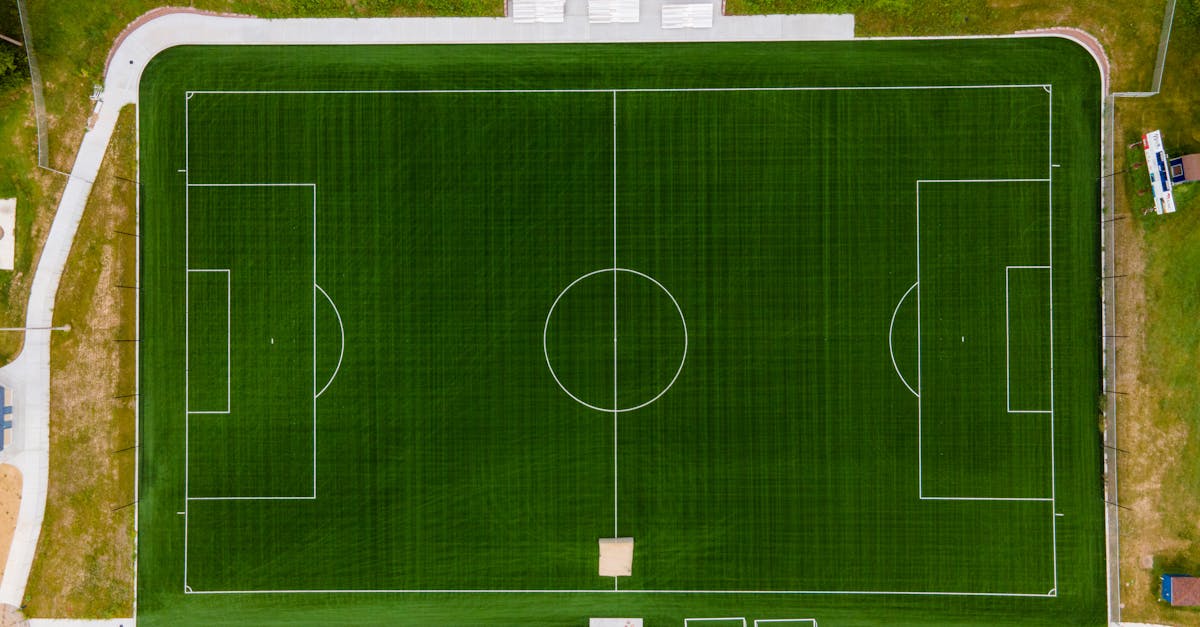
Breakdown of Initial Costs vs. Long-Term Savings with Synthetic Grass
Adopting synthetic grass can lead to significant reductions in labour costs over time. Traditional lawns require regular mowing, edging, and seasonal maintenance, which necessitates consistent effort and expense. With synthetic grass, these labour-in...
Read more →
The Return on Investment of Synthetic Grass for Homeowners
Homeowners can expect the installation of synthetic grass to involve several key steps. The first stage typically includes preparing the site. This process entails removing existing grass, weeds, and debris. Ensuring a stable base is crucial for opti...
Read more →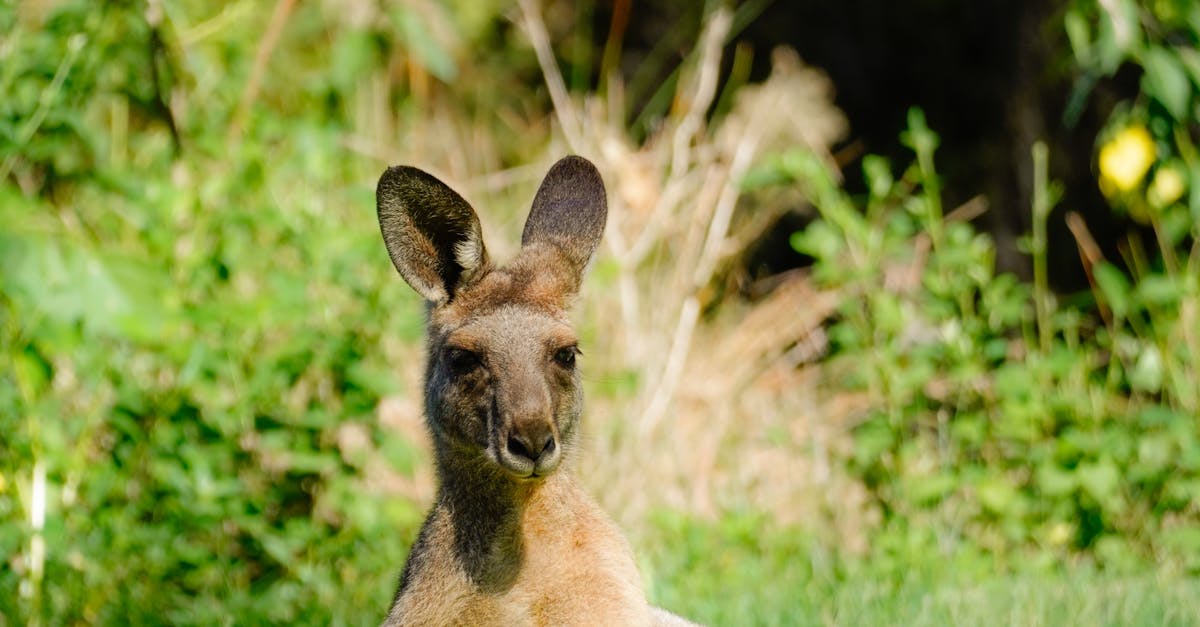
Evaluating the Cost-Effectiveness of Synthetic Grass Installation
The installation of synthetic grass can significantly reduce the need for water compared to traditional lawns. In regions experiencing drought or limited water supply, this can lead to considerable conservation. Additionally, eliminating the necessit...
Read more →
Investing in Synthetic Grass: A Wise Financial Decision for Gold Coast Residents
The installation of synthetic grass involves several key steps to ensure a smooth and successful transformation of outdoor spaces. Initially, the area must be thoroughly prepared, which includes removing existing grass, weeds, and debris. A base laye...
Read more →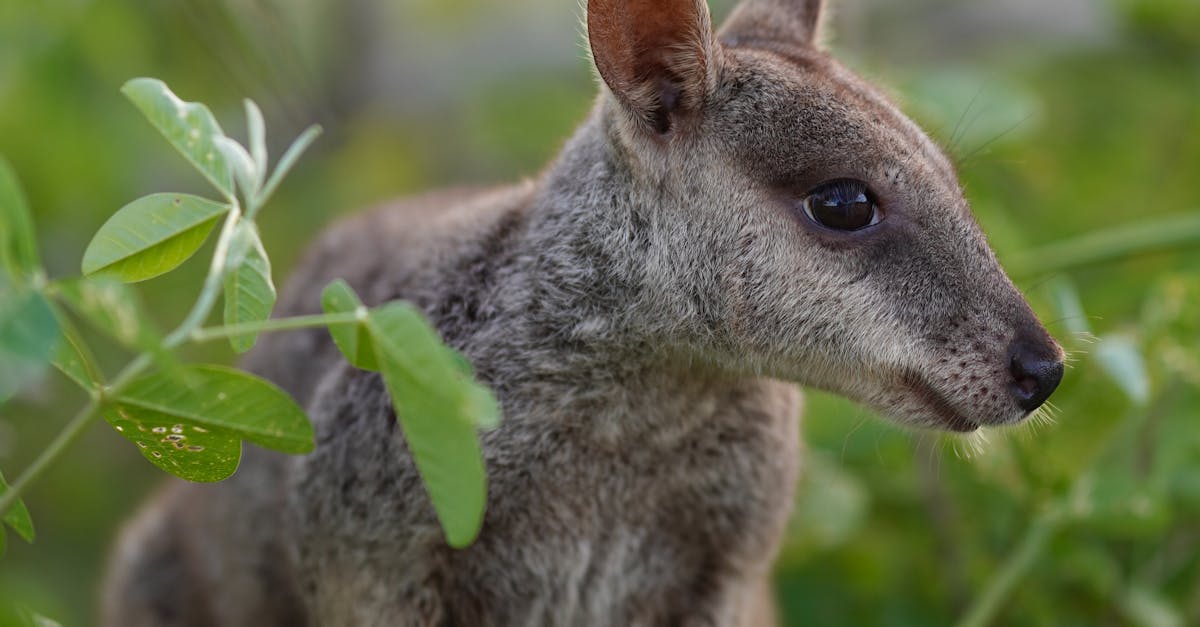
Budget-Friendly Landscaping: Why Synthetic Grass Is Cost-Effective
Installing synthetic grass involves several key steps to ensure a seamless and durable finish. The first task is to prepare the area by removing any existing grass, weeds, and debris. This requires proper tools to dig up and dispose of unwanted veget...
Read more →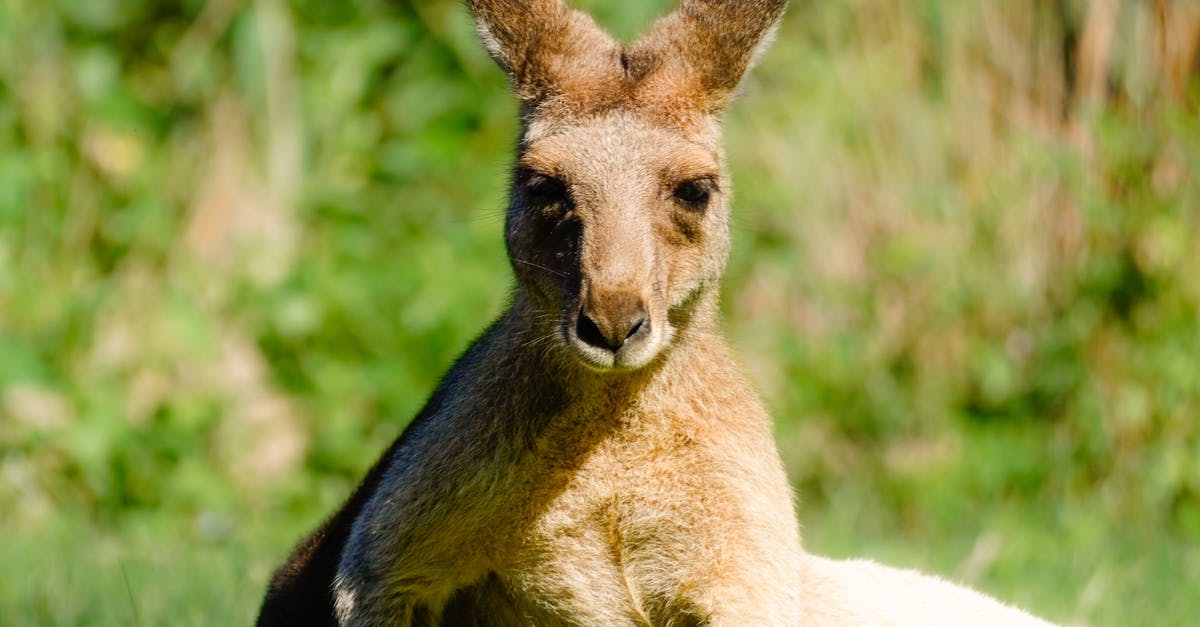
The Long-Term Economic Advantages of Installing Synthetic Grass
Synthetic grass provides a reliable surface that significantly reduces the risk of injuries during physical activities. Its cushioned texture offers more shock absorption than traditional turf or hard surfaces, making it particularly beneficial in hi...
Read more →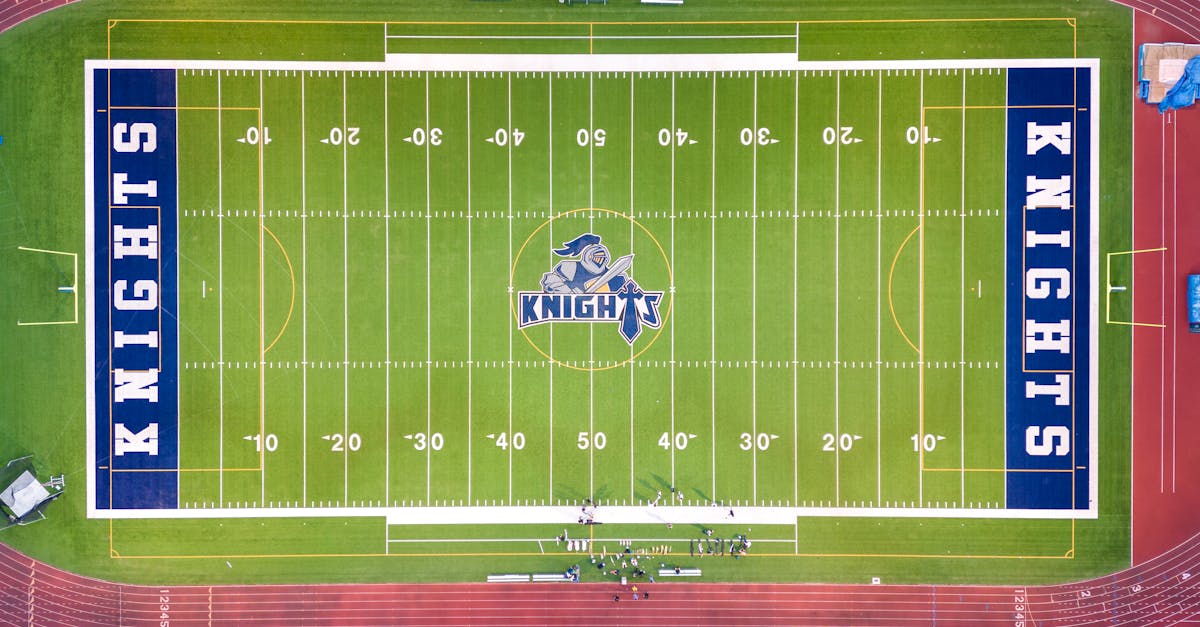
Cost Savings Analysis: Synthetic Grass vs. Natural Turf
Synthetic grass typically has a lifespan ranging from 15 to 25 years, depending on the quality of the materials and the level of maintenance. It is designed to withstand heavy foot traffic, inclement weather, and UV exposure without significant degra...
Read more →
Understanding the Financial Benefits of Synthetic Grass on the Gold Coast
Synthetic grass is renowned for its impressive durability and extended lifespan compared to natural turf. It withstands heavy foot traffic without significant wear and tear, making it ideal for both residential and commercial applications. The materi...
Read more →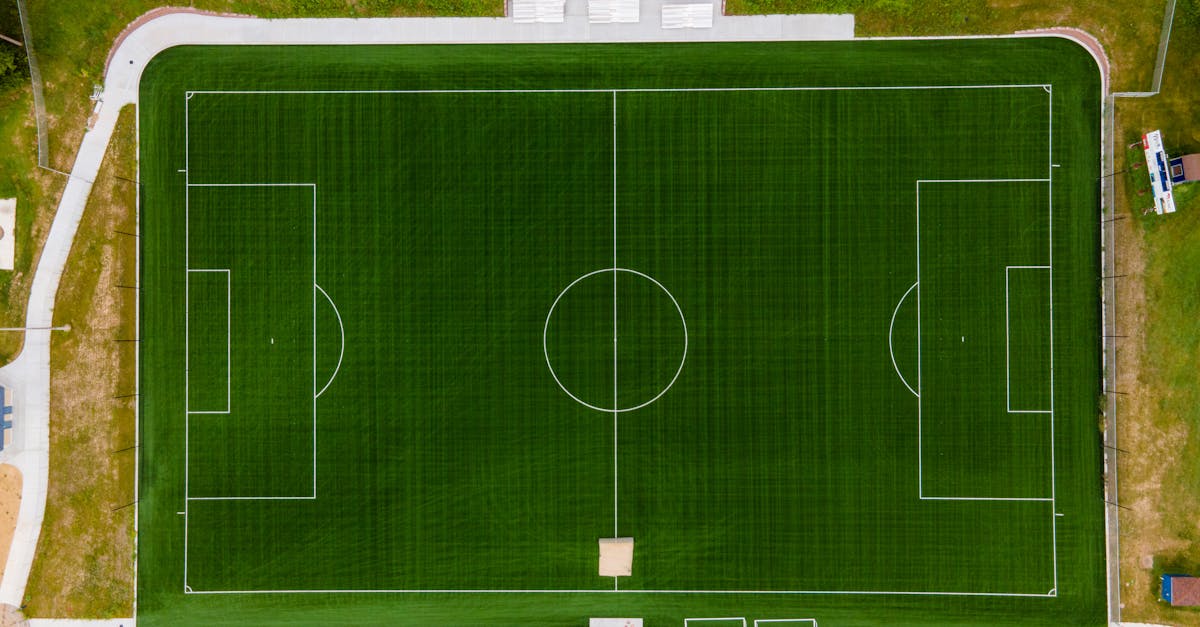
Synthetic Grass and Its Impact on Soil Health and Microbial Activity
Synthetic grass has garnered attention for its potential in water conservation, particularly in regions prone to drought. Traditional lawns often require significant irrigation to maintain their lush appearance, consuming large quantities of water th...
Read more →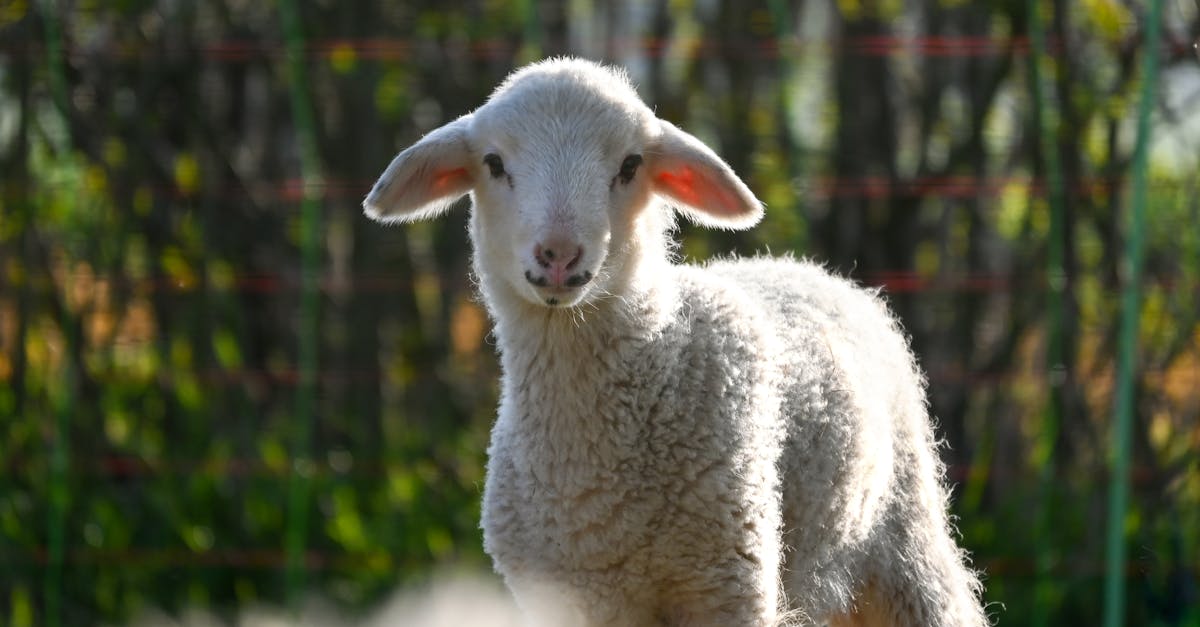
The Contribution of Synthetic Grass to Reducing Urban Heat Islands
Synthetic grass offers a versatile and practical solution for urban landscaping in a world increasingly affected by climate change. Cities often grapple with limited green spaces, which contribute to the urban heat island effect. By incorporating syn...
Read more →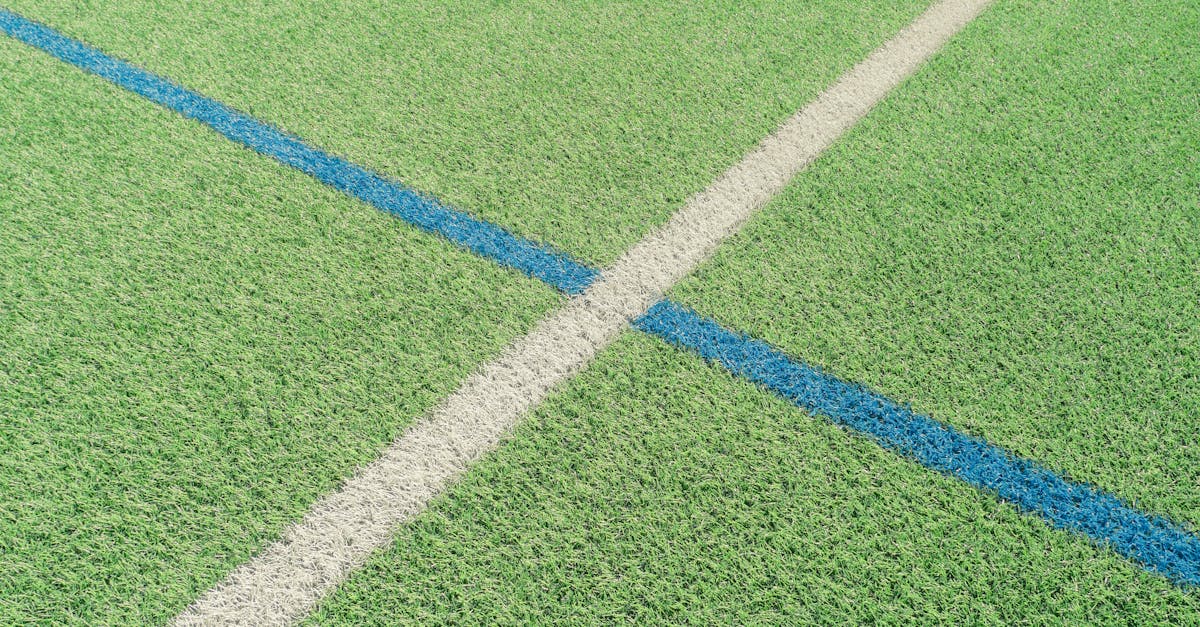
Exploring the Life Cycle Assessment of Synthetic Grass Installations
The installation of synthetic grass can significantly impact the environment, and several factors warrant careful consideration. Selecting appropriate site preparation techniques can minimise both disturbance to the existing landscape and disruption ...
Read more →
Eco-friendly Lawn Alternatives: The Long-Term Benefits of Synthetic Grass
Synthetic grass has gained significant attention for its safety features, particularly in residential settings. Many modern products are designed using non-toxic materials, ensuring that they are safe for children and pets who frequently play on them...
Read more →
Sustainable Practices in the Production of Synthetic Grass
The increasing use of synthetic grass raises important questions about its disposal at the end of its life cycle. Many products can last up to 15 years or more, resulting in considerable waste if not handled appropriately. One effective solution invo...
Read more →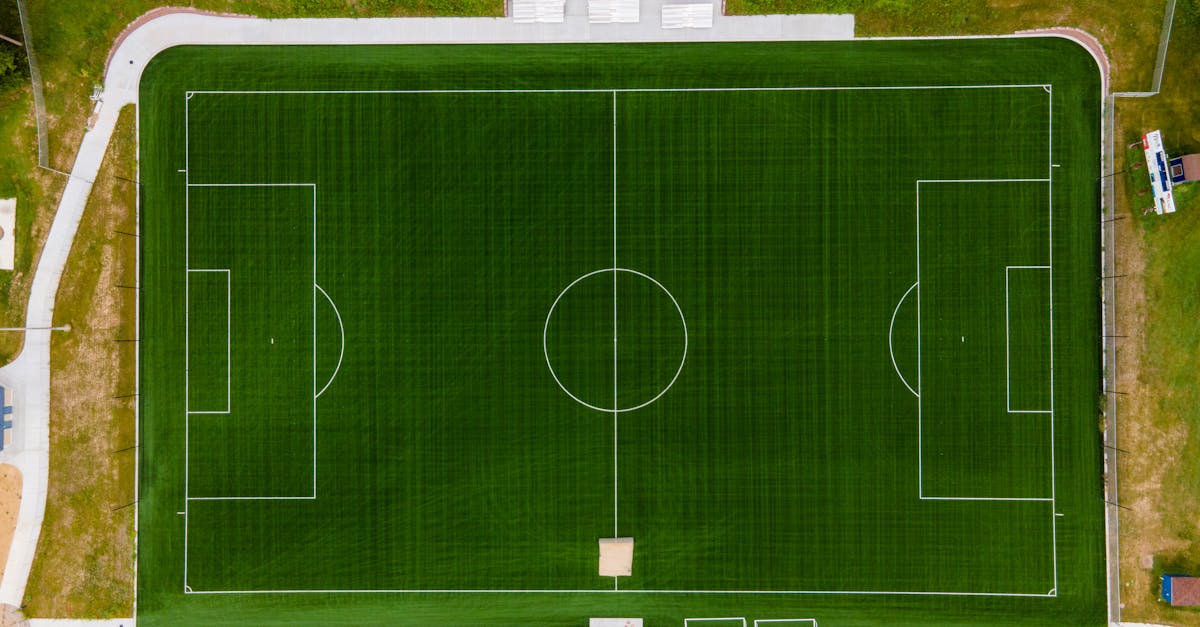
How Synthetic Grass Reduces Chemical Runoff in Gold Coast Environments
Synthetic grass offers a viable alternative to traditional turf, significantly benefiting soil health. By eliminating the need for chemical fertilisers and pesticides, it reduces the risk of harmful runoff contaminating local waterways. The synthetic...
Read more →
Benefits of Synthetic Grass for Biodiversity in Local Ecosystems
Synthetic grass provides a consistent aesthetic appeal throughout the year. Unlike natural grass, which often goes dormant in cooler months and requires regular maintenance, synthetic alternatives remain vibrant regardless of weather conditions. This...
Read more →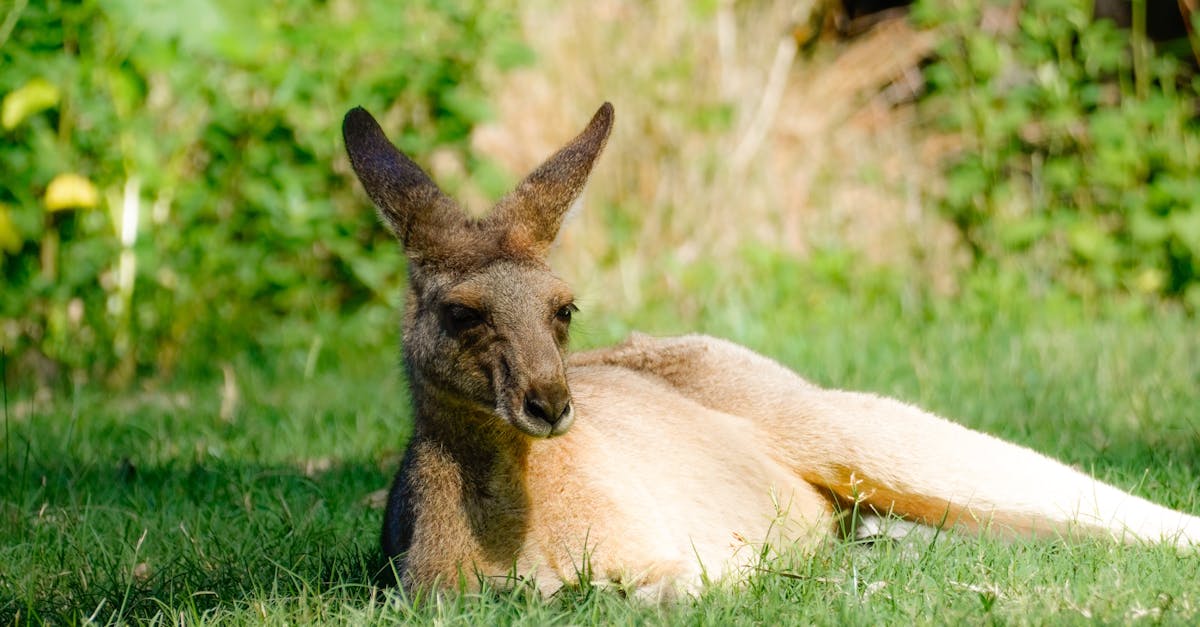
Enhancing Urban Green Spaces with Environmentally Friendly Synthetic Grass
Proper planning is essential when incorporating synthetic grass into urban green spaces. The site should be assessed for drainage, existing vegetation, and sunlight exposure. Removing old turf and debris is the initial step, ensuring a clean surface ...
Read more →
Evaluating the Carbon Footprint of Synthetic Grass Compared to Natural Turf
The production of synthetic grass requires various materials, primarily plastic and rubber, which involve significant energy consumption and emissions during their extraction and refining processes. Manufacturing facilities often depend on fossil fue...
Read more →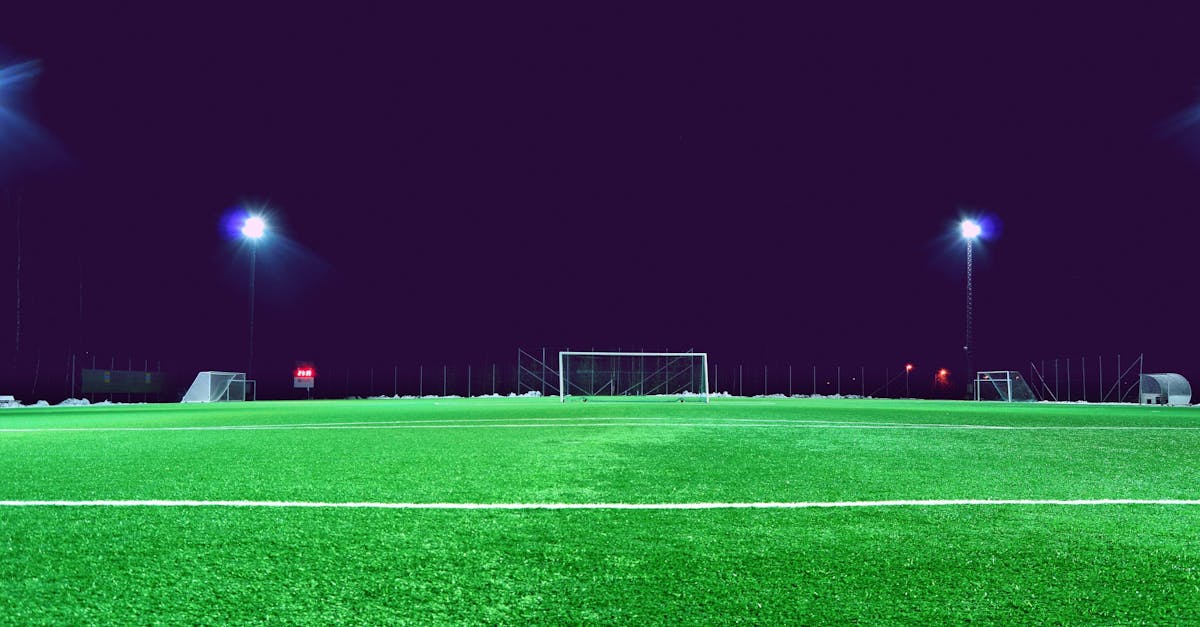
The Role of Synthetic Grass in Water Conservation on the Gold Coast
The installation of synthetic grass can lead to substantial cost savings for homeowners over time. Traditional lawns often require significant investment in water, fertilisers, and maintenance machinery. In contrast, synthetic turf eliminates the nee...
Read more →
Preventative Measures for Common Wear and Tear on Synthetic Grass
Selecting the right materials is crucial for the longevity and performance of synthetic grass. High-grade fibres are designed to withstand various weather conditions and high foot traffic. These materials often feature UV stabilisation to resist fadi...
Read more →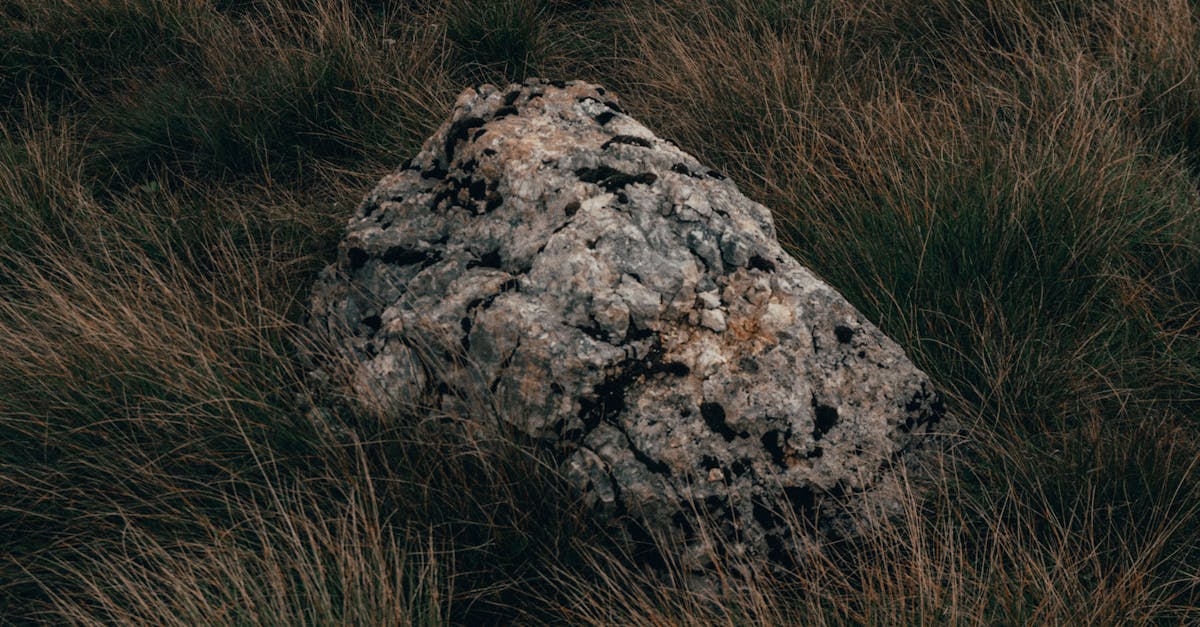
Effective Storage Solutions for Synthetic Grass Accessories to Preserve Quality
Effective shelving solutions can significantly enhance the organisation of synthetic grass accessories. Installing sturdy shelving units allows for easy access and visibility, ensuring that essential tools and materials are readily available when nee...
Read more →
How Frequency of Use Affects the Lifespan of Your Synthetic Grass
Over time, synthetic grass can show signs of wear and tear that may indicate it is nearing the end of its lifespan. Visual indicators often include discolouration, thinning piles, or matting of the fibres. These changes can occur due to heavy foot tr...
Read more →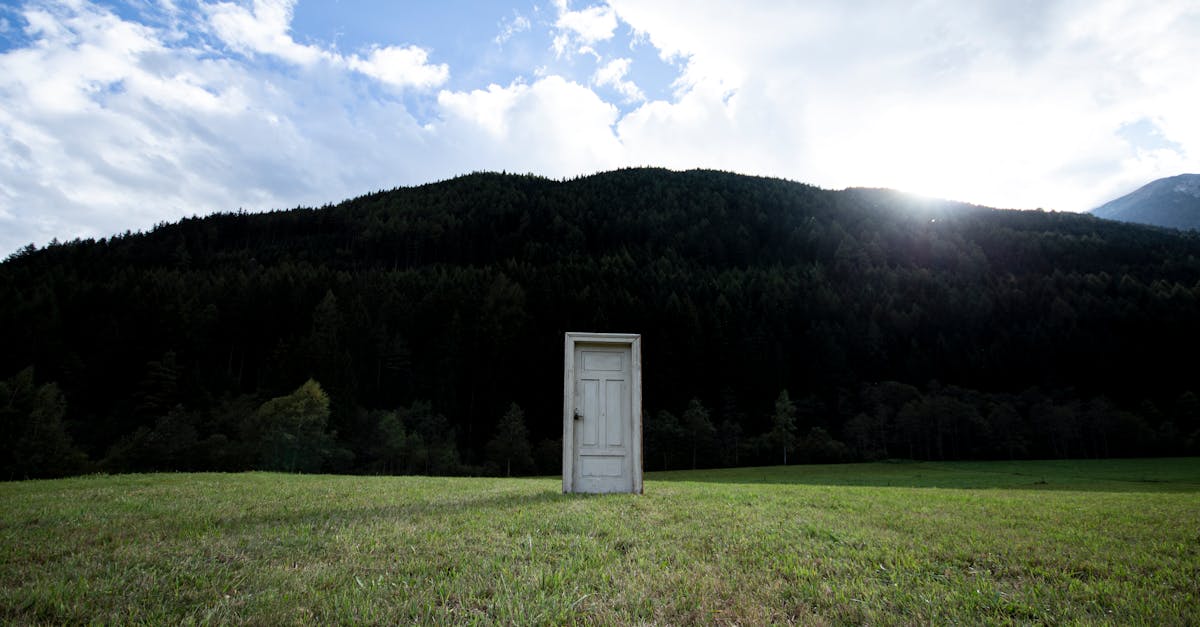
Best Practices for Keeping Your Synthetic Grass Looking New for Years
Watering synthetic grass may seem counterintuitive, but it plays a significant role in maintaining its appearance. Regular watering helps to remove dust and debris, keeping the grass clean and vibrant. It also aids in the cooling of the surface, part...
Read more →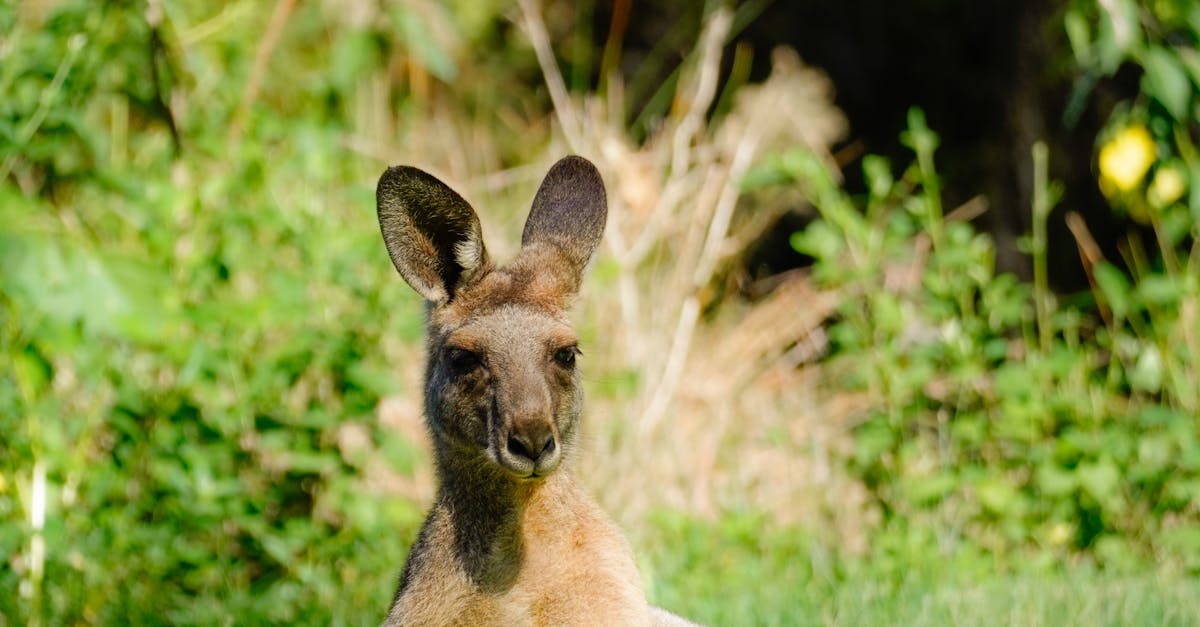
Maintenance Practices to Enhance the Durability of Synthetic Turf
Synthetic turf may suffer from wear and tear over time, which can lead to visible damage in certain areas. Prompt repairs are crucial to maintaining the overall integrity and appearance of the surface. Identifying the extent of the damage is the firs...
Read more →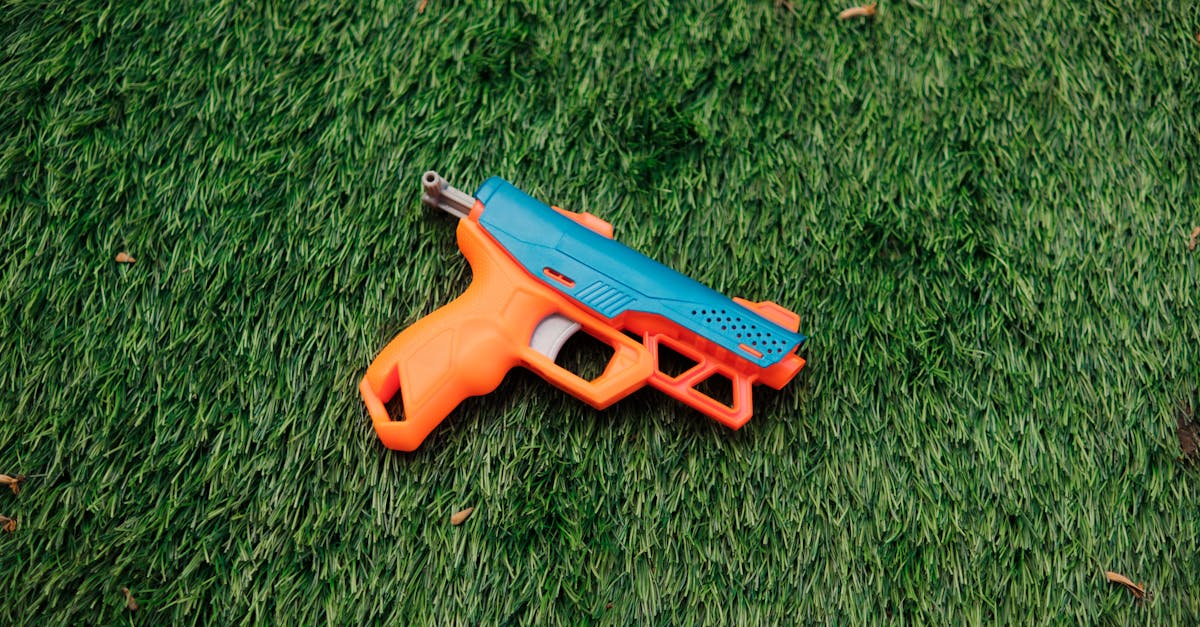
The Role of Proper Care in Maximising Synthetic Grass Lifespan
Synthetic grass offers a versatile alternative to natural lawns, particularly in regions where water conservation is becoming increasingly important. Its ability to withstand various weather conditions makes it an attractive option for many homeowner...
Read more →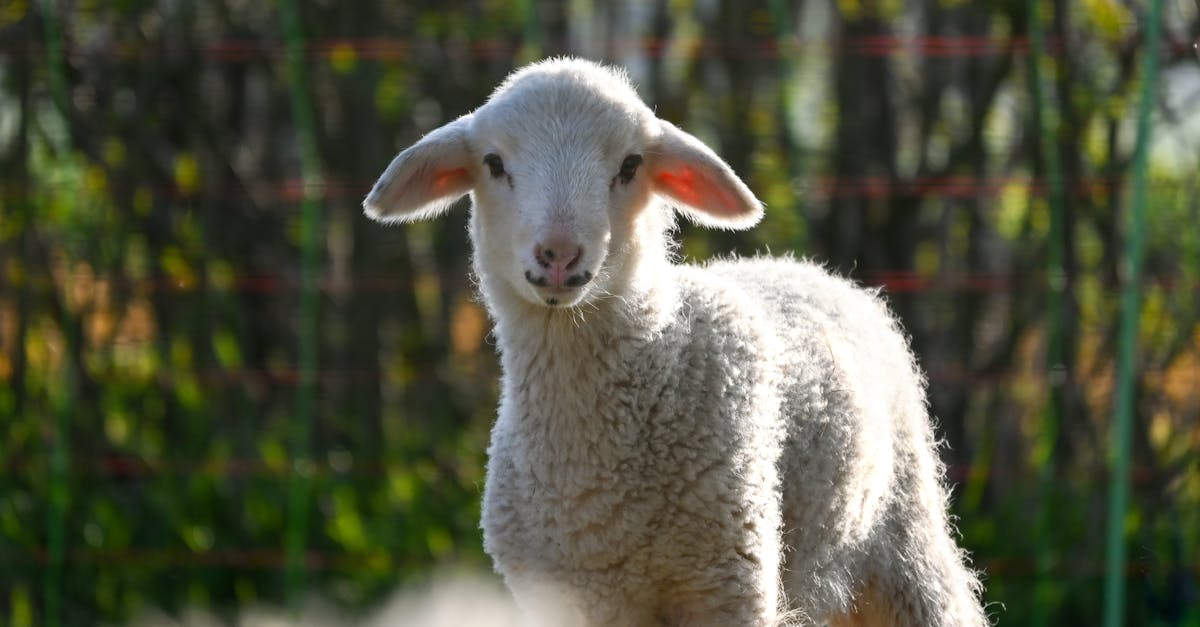
Key Considerations for Extending the Life of Your Synthetic Grass Installation
When investing in synthetic grass, choosing high-quality materials is essential for ensuring longevity and aesthetic appeal. Look for products that are UV-stabilised to prevent fading over time. In addition, consider materials with a good warranty. A...
Read more →
How to Ensure Long-lasting Synthetic Turf through Regular Care
Brushing synthetic turf is a crucial part of maintenance that helps preserve its lifespan and appearance. Regular brushing aids in keeping the blades upright, ensuring a natural look similar to real grass. This action also helps to redistribute infil...
Read more →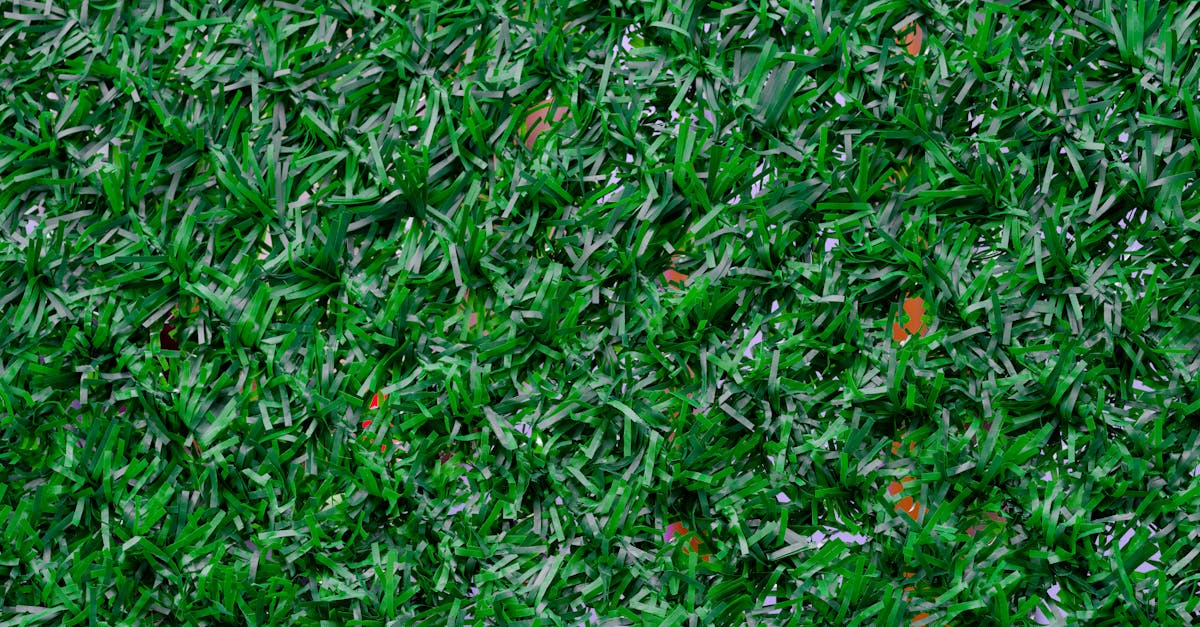
Understanding the Impact of Weather on Synthetic Grass Longevity
Strong winds can pose challenges for synthetic grass installations, primarily affecting their stability and overall performance. High gusts may lift the edges of the turf if not adequately secured, leading to uneven surfaces and potential safety haza...
Read more →
Essential Tips for Maintaining the Lifespan of Your Synthetic Grass
Adequate drainage is crucial for the longevity of synthetic grass. Water that does not drain properly can lead to a range of problems, including the growth of mould and unpleasant odours. Ensuring that the underlying base is installed correctly promo...
Read more →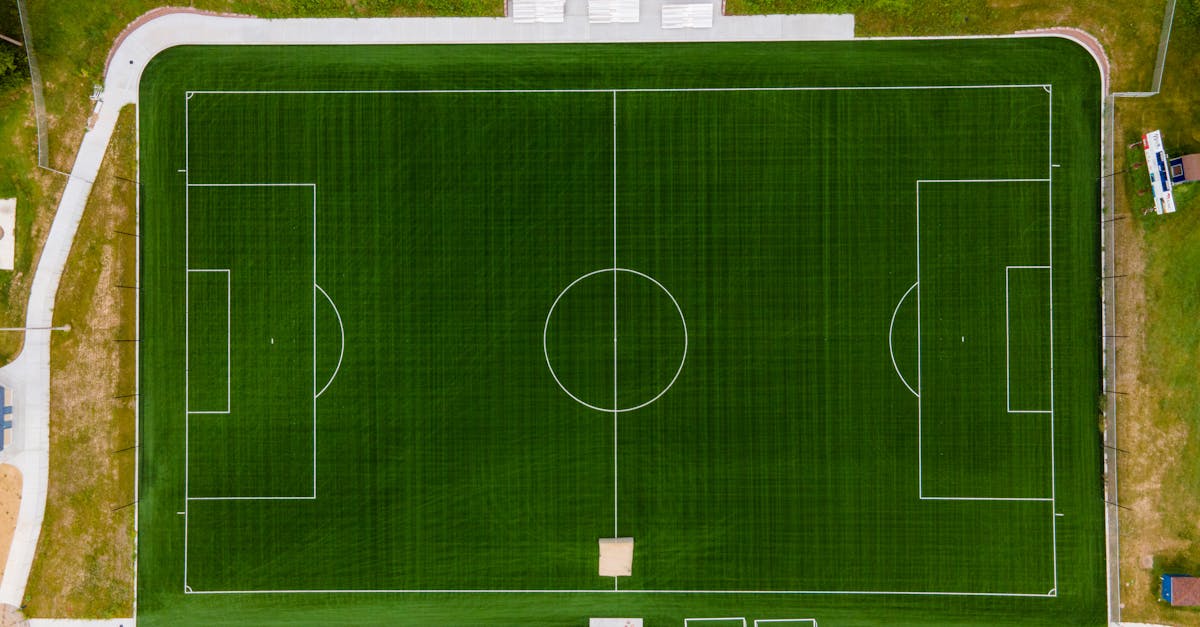
Timing Your Seasonal Maintenance for Optimal Grass Condition
Preparing grass for winter involves several key actions that can significantly enhance its resilience during the colder months. Ensuring that the lawn is cut to a proper height before the frost sets in prevents damaging snow mould. A height of around...
Read more →
Safe Seasonal Products for Artificial Grass Care
Taking care of artificial grass involves adapting maintenance routines to seasonal changes. In warmer months, regular brushing is essential to prevent matting and promote even distribution of infill material. Adjusting the height of your mower blades...
Read more →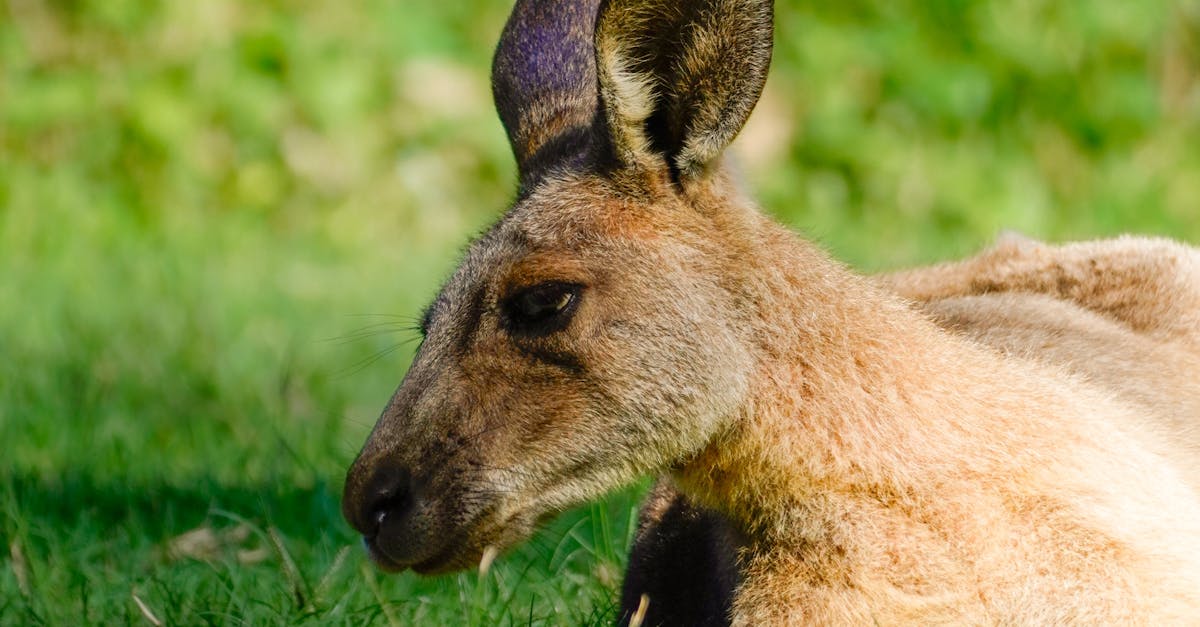
Understanding Seasonal Wear on Synthetic Turf
Synthetic turf is designed to withstand various environmental stresses, yet UV radiation poses a significant challenge to its longevity and appearance. Prolonged exposure to sunlight can result in the fading of colours and degradation of materials, w...
Read more →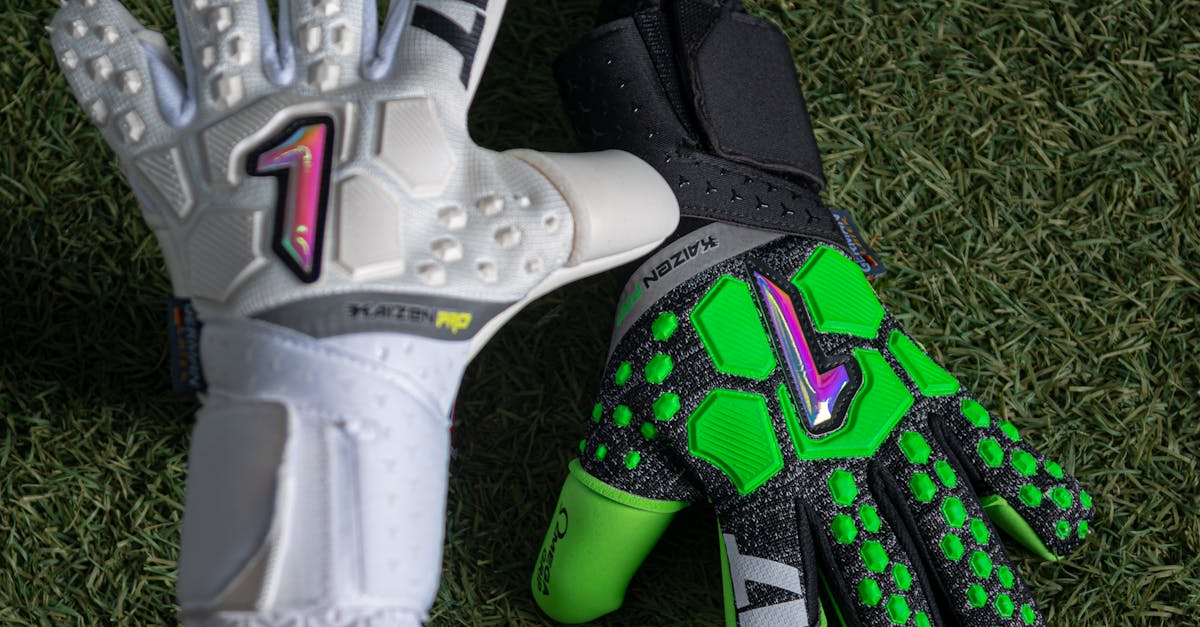
Adapting Synthetic Grass Maintenance to Weather Changes
Snow and frost can pose distinct challenges for synthetic grass surfaces. Accumulations of snow create a layer that can obscure the grass’s appearance and risk damage if not carefully managed. With lower temperatures, frost may settle on the surfac...
Read more →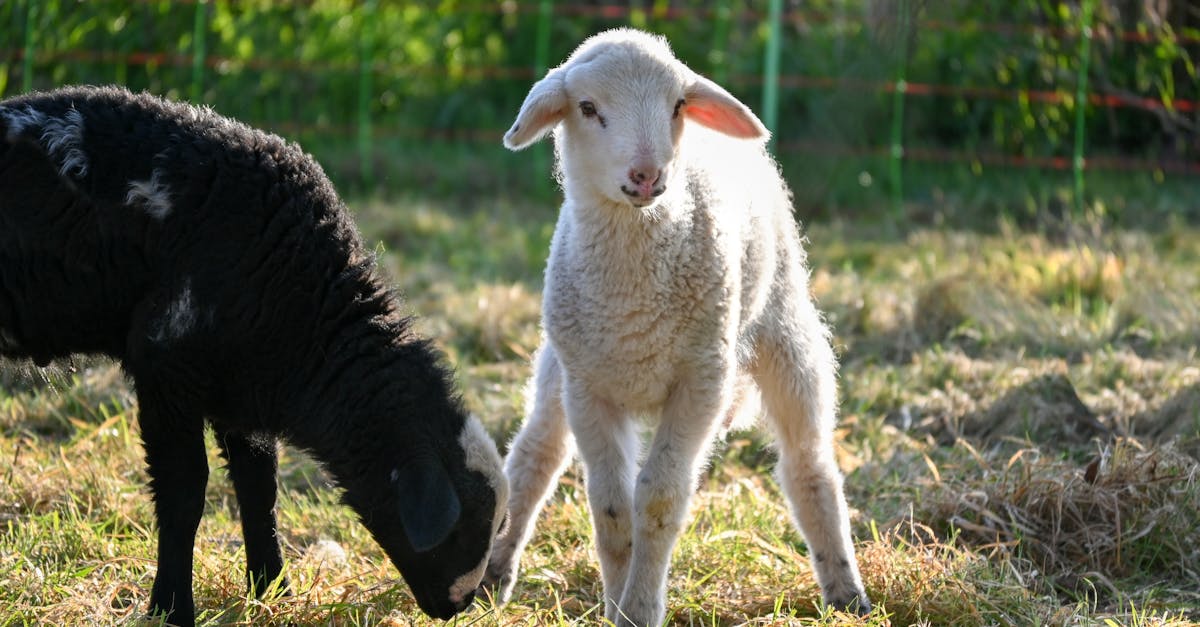
Seasonal Colour Enhancements for Synthetic Lawns
Selecting the appropriate colour products for synthetic lawns relies on several key factors. First, consider the specific type of synthetic grass being used, as some colour enhancers may be better suited to specific fibres or finishes. Product compat...
Read more →
Autumn Leaf Management for Synthetic Grass
A leaf blower can be a powerful tool for keeping synthetic grass free from debris. When using a leaf blower, it's essential to choose the right equipment. Opt for a model that is lightweight and ergonomically designed for ease of use. Battery-powered...
Read more →
Preventing Seasonal Damage to Your Synthetic Lawn
Weeds can sometimes find their way into synthetic lawns, posing a challenge to your outdoor space. Common types include dandelions and clover, which can disrupt the uniformity of synthetic grass. Identifying these invasive species early is key, as it...
Read more →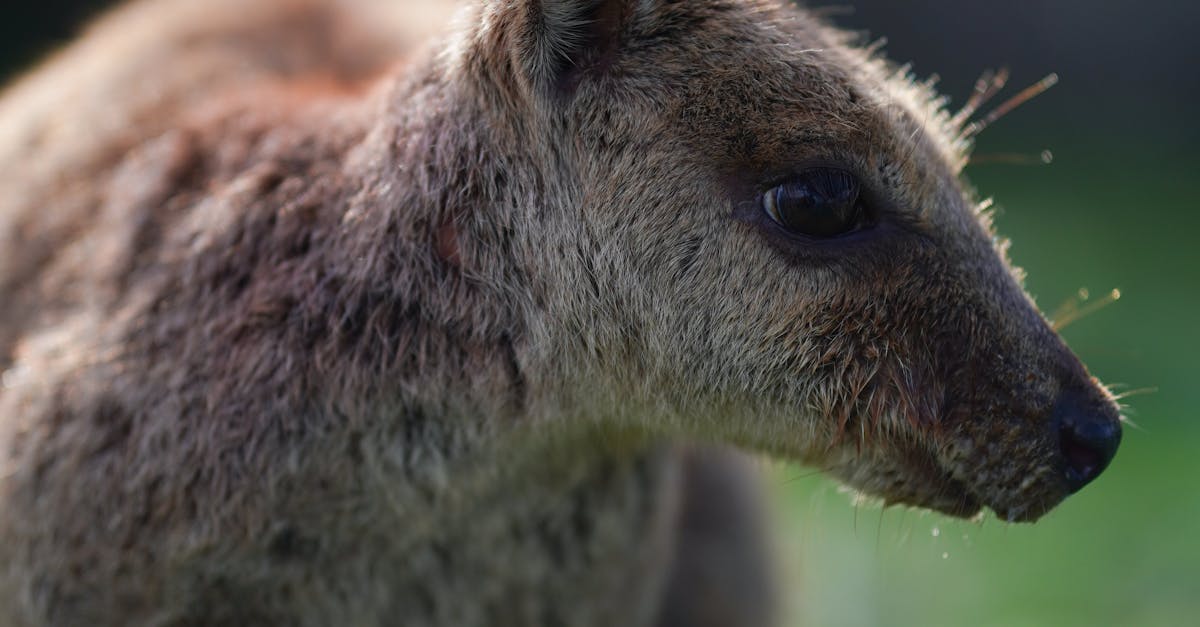
Preparing Your Synthetic Grass for the Summer Heat
Maintaining the cleanliness of synthetic grass is essential for ensuring its longevity and appearance. Regular cleaning helps prevent the buildup of debris, dirt, and organic matter that could promote weed growth or harbour pests. Establishing a cons...
Read more →
Winter Care Tips for Synthetic Lawns
When temperatures drop during winter, the need for watering synthetic lawns decreases significantly. The cooler climate reduces evaporation rates, which helps maintain moisture levels in the grass fibres. Adjusting your watering schedule is crucial t...
Read more →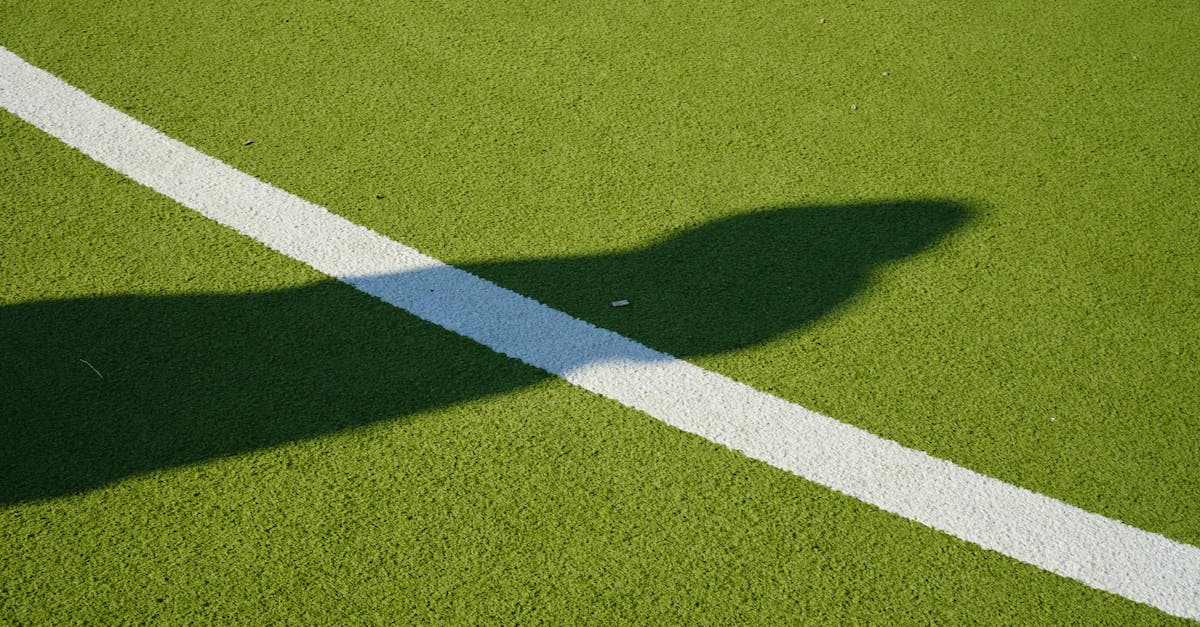
Spring Cleaning Protocols for Artificial Turf
Regular brushing and fluffing of artificial turf is essential to maintain its appearance and functionality. This process helps to lift the grass blades, ensuring they stand upright and achieve a natural look. Over time, foot traffic can lead to matti...
Read more →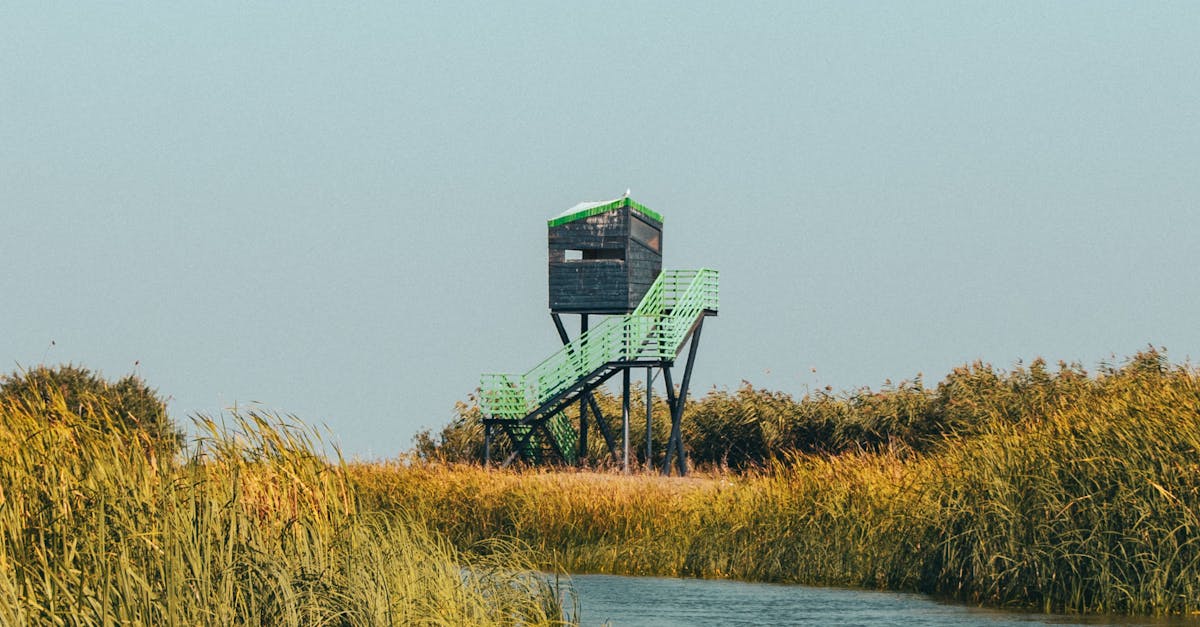
DIY Solutions for Common Synthetic Grass Repairs
Over time, seams in synthetic grass may start to come apart due to wear and tear or improper installation. It’s essential to address these issues promptly to prevent further damage and maintain the appearance of your lawn. A straightforward fix inv...
Read more →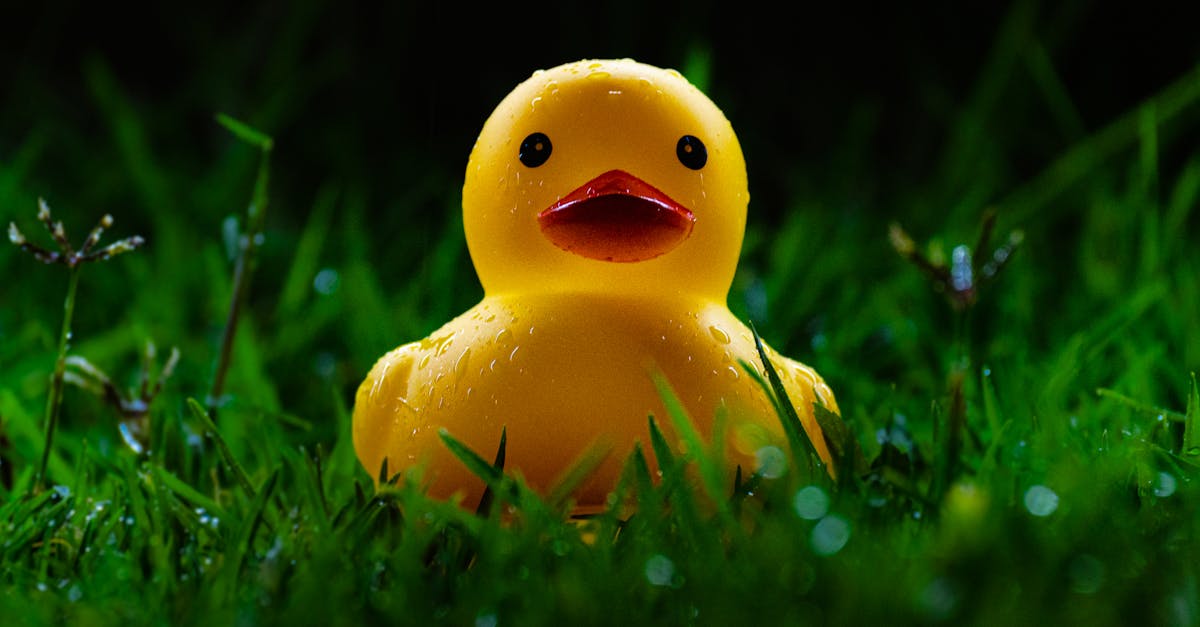
The Importance of Regular Inspection for Early Damage Detection
Professionals bring a wealth of knowledge and experience to the inspection process. Their expertise allows them to identify issues that may not be immediately apparent to an untrained eye. With a thorough understanding of building codes, safety regul...
Read more →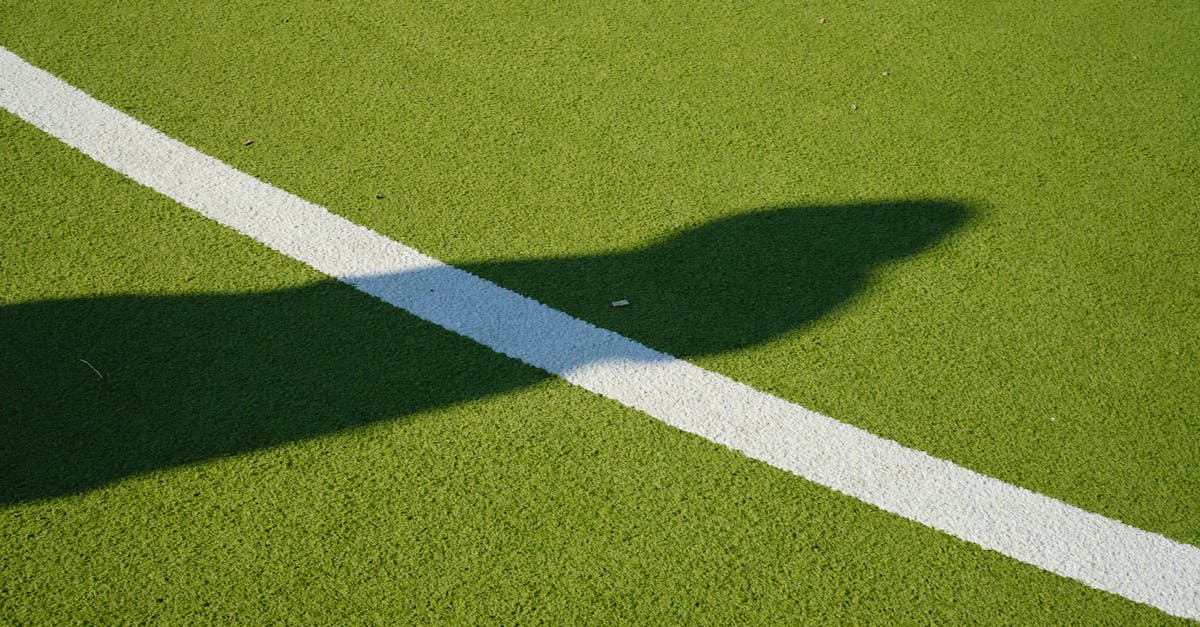
Repairing Synthetic Grass After Pet Damage
Over time, synthetic grass can show signs of wear, especially in areas frequently used by pets. Inspect the damaged sections to assess the extent of the thinning. If the backing material is still intact, the solution may be as simple as brushing up t...
Read more →
Techniques for Restoring Faded Colour in Synthetic Grass
Synthetic grass can suffer significant colour degradation due to prolonged exposure to UV radiation. Over time, the sun's rays break down the pigments used in the synthetic fibres, leading to a dull and lifeless appearance. To combat this issue, it i...
Read more →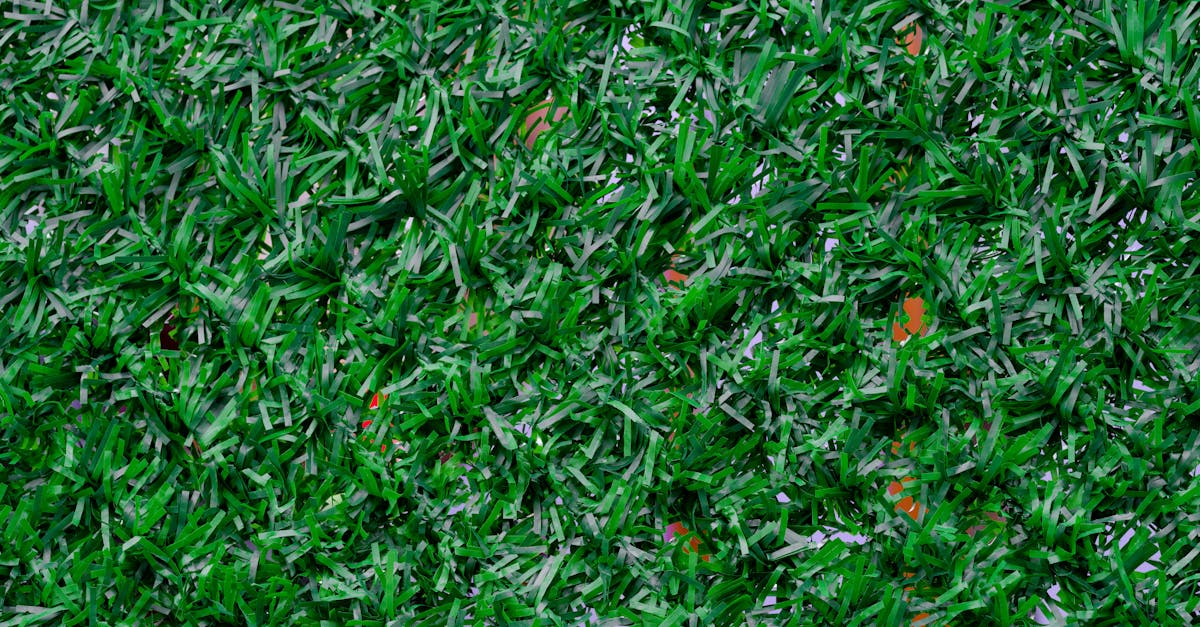
Preventative Measures to Minimise Damage to Synthetic Turf
Synthetic turf can suffer from prolonged exposure to UV rays, leading to potential fading and deterioration. Protecting it from the sun not only preserves its aesthetic appeal but also prolongs its lifespan. While many turfs are manufactured with UV-...
Read more →
Tips for Seamless Patching of Synthetic Grass
Accurate measurement is the first step in cutting the patch. Measure the damaged area carefully and ensure that the patch size is slightly larger than the damage. This will allow for precise fitting once the edges are trimmed. When cutting the synthe...
Read more →
Effective Methods for Replacing Damaged Sections of Lawn
When replacing damaged sections of a lawn, selecting high-quality sod is crucial. Ensure that the sod comes from a reputable source, as fresh, healthy sod will establish more easily. It is also essential to choose a variety that matches your existing...
Read more →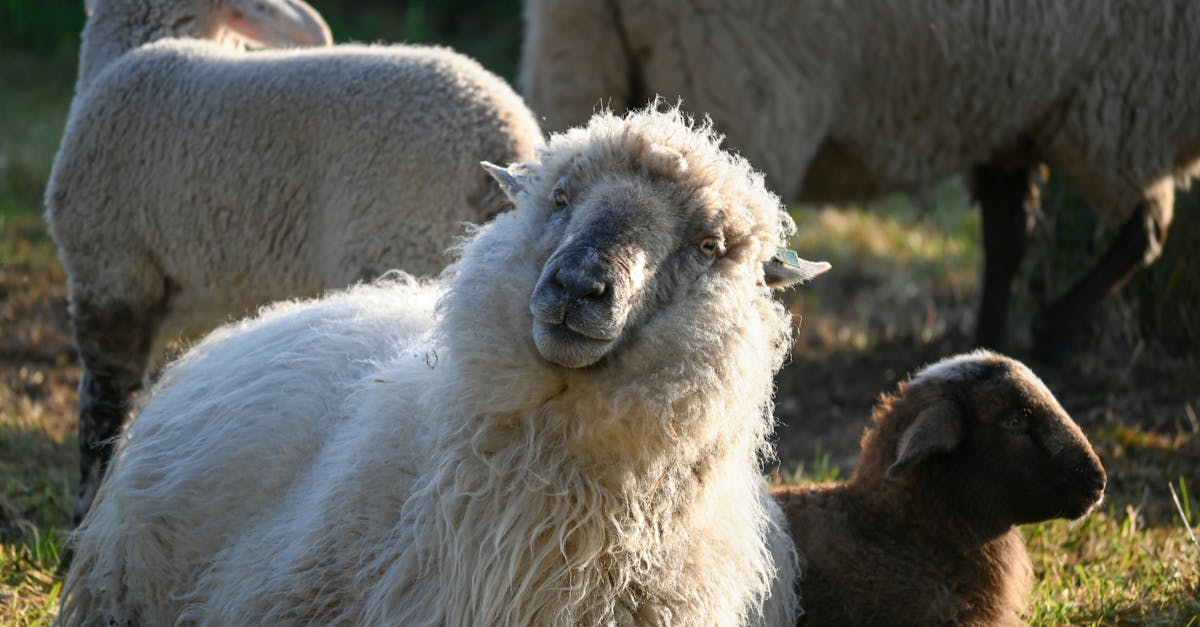
Step-by-Step Guide to Repairing Tears in Synthetic Turf
Choosing the right replacement turf involves assessing the specific needs of your area. Consider the amount of traffic the section will endure, as well as the intended use, whether it’s for play, aesthetics, or sporting activities. Measure the area...
Read more →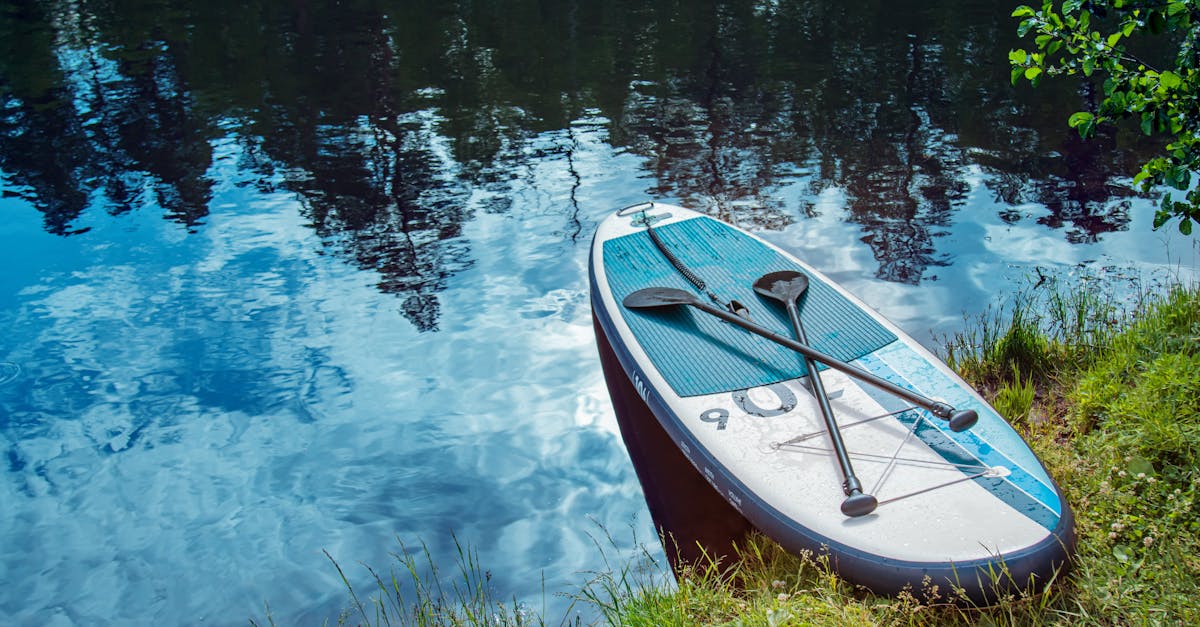
How to Fix Uneven Areas in Synthetic Grass
To address the issue of uneven areas in synthetic grass, re-stretching becomes an essential solution. Over time, synthetic turf can become loose due to various factors such as temperature fluctuations, heavy foot traffic, or improper installation. Th...
Read more →
Identifying Common Types of Damage to Synthetic Grass
Pests pose a significant risk to synthetic grass, even though it is designed to withstand various environmental factors. Insects like ants and termites can still cause damage by burrowing into the infill or underneath the turf, disrupting its integri...
Read more →
Preventative Measures for Weeds in Gold Coast Synthetic Lawns
Effective drainage is essential for maintaining a healthy synthetic lawn. When water doesn’t drain properly, it creates a damp environment conducive to weed growth. The accumulation of excess moisture can lead to soil compaction and promote fungal ...
Read more →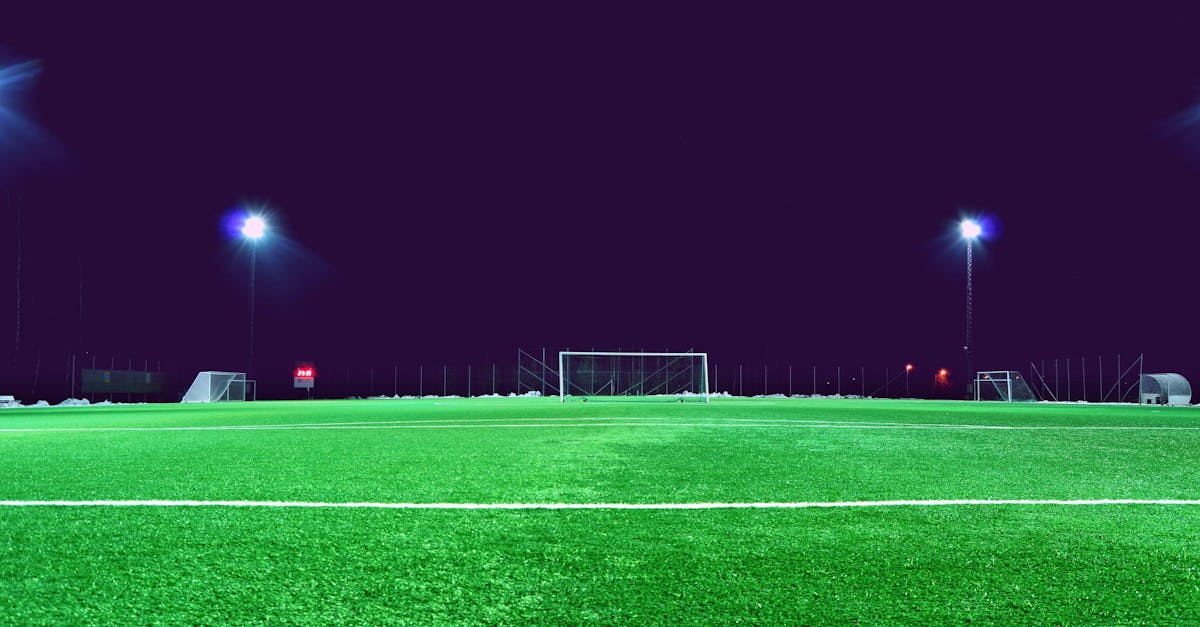
The Role of Mulching in Weeding Synthetic Grass Surfaces
Regular inspection of mulched areas is essential for maintaining their effectiveness in weed suppression. Mulch can degrade over time due to factors such as weather, decomposition, and foot traffic. It is crucial to monitor its thickness and integrit...
Read more →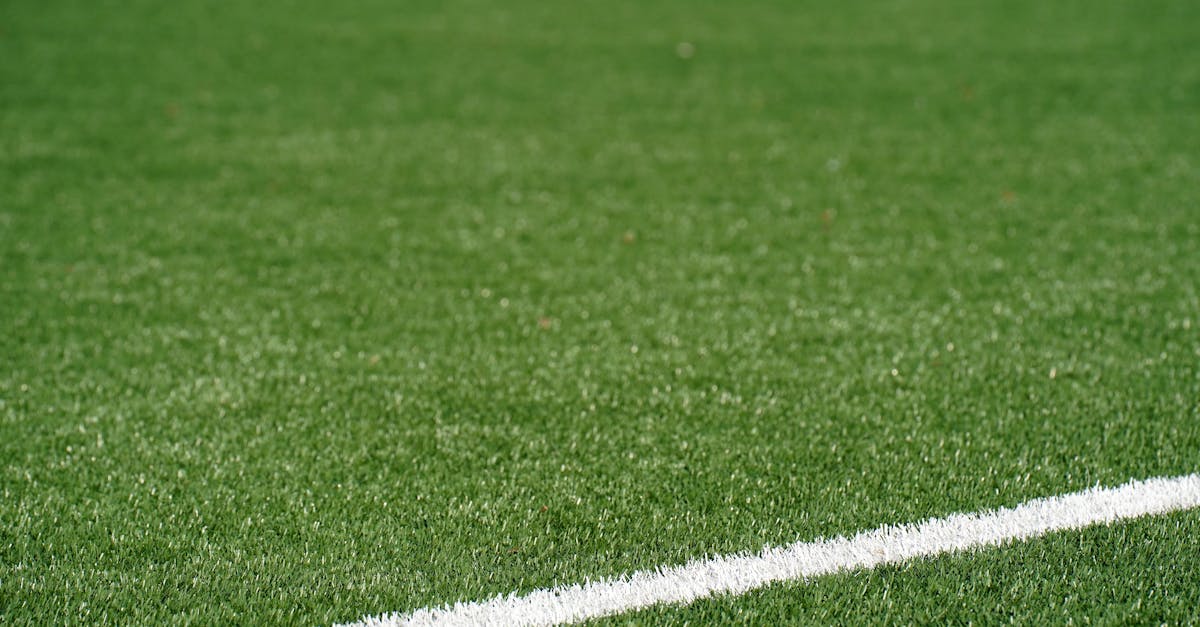
How to Identify and Treat Pest Infestations in Synthetic Grass
Effective pest treatment begins with proper identification of the infestation type. Observing the lawn for signs of damage or inconvenience is crucial. Take note of any unusual activity or the presence of pests themselves. This information aids in se...
Read more →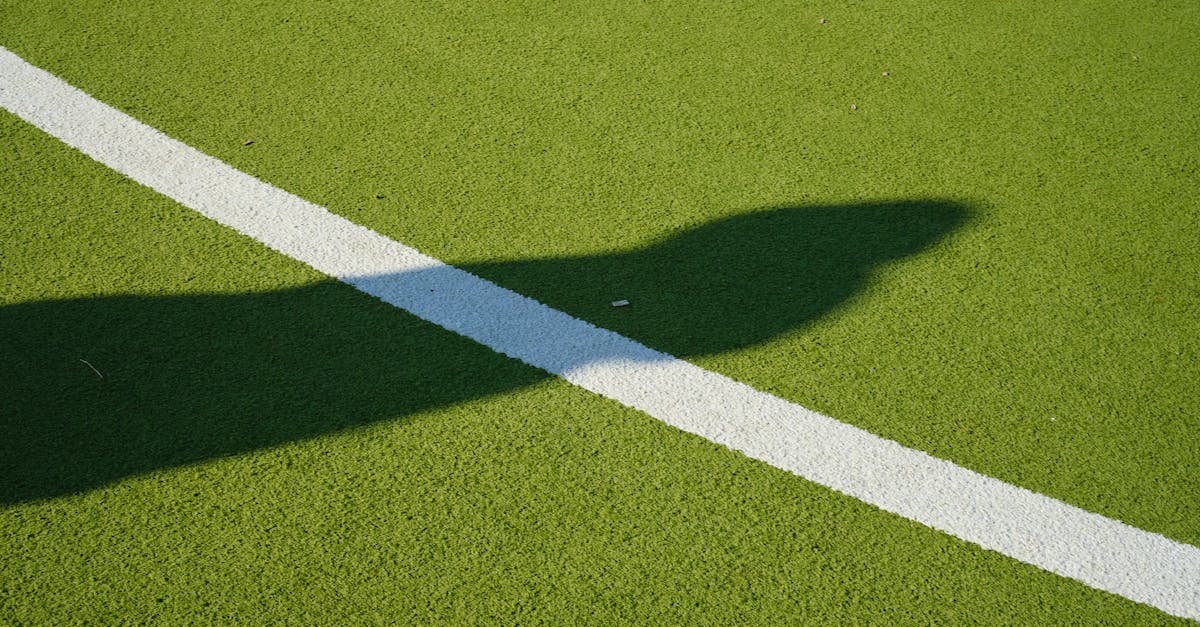
Maintaining a Pest-Free Environment for Synthetic Grass Lawns
Chemical treatments can be an effective way to manage pests in synthetic grass lawns. Many homeowners prefer these options for their immediate impact, as they can quickly eliminate unwanted insects and pests. However, it is crucial to consider the po...
Read more →
Choosing the Right Herbicides for Synthetic Grass Applications
Proper application techniques are essential for maximising the effectiveness of herbicides on synthetic grass. Spray applications should be uniform to ensure even coverage across the targeted area. Users must be cautious of wind drift, which can carr...
Read more →
Seasonal Strategies for Weeding Synthetic Grass Areas
Weeds can quickly become a nuisance in synthetic grass areas, making it crucial to explore organic alternatives for effective management. One popular option involves using vinegar as a natural herbicide. Its acetic acid content works to desiccate wee...
Read more →
Integrating Biological Pest Control with Synthetic Grass Care
Selecting the appropriate biological agents is crucial for effective pest control in synthetic grass environments. Various natural predators can be harnessed to target specific pests without causing harm to the grass itself. Understanding the pest pr...
Read more →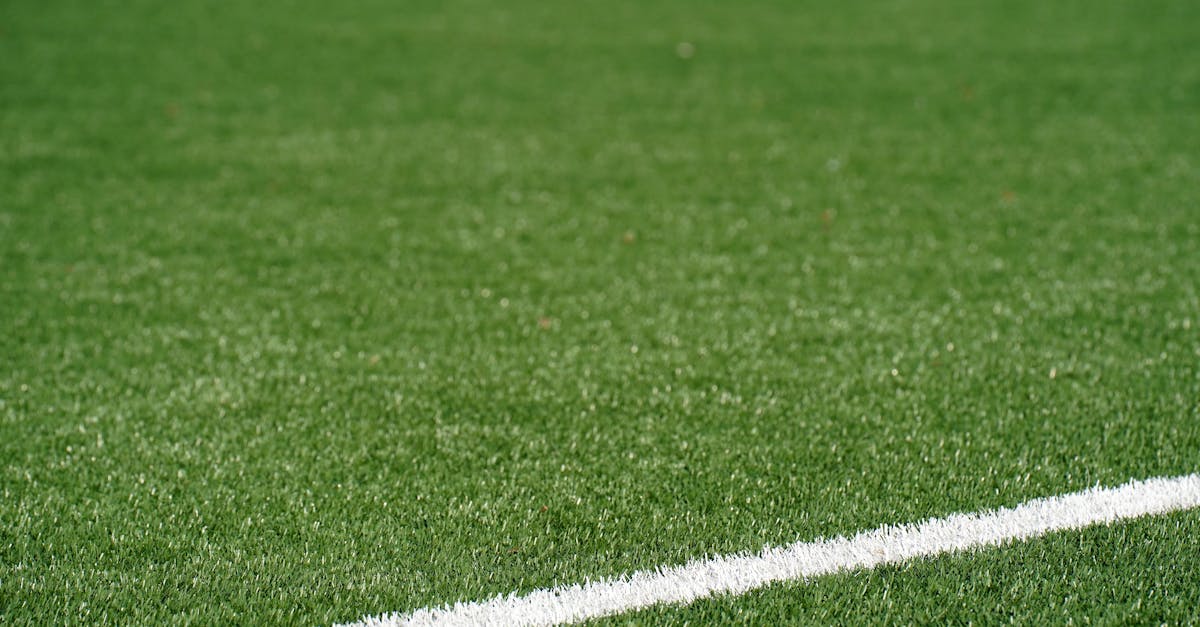
Common Weeds in Synthetic Lawns and How to Manage Them
The use of chemical treatments can effectively target and control weed growth in synthetic lawns. Various herbicides are available that specifically address the common species likely to invade these artificial surfaces. It is crucial to select a prod...
Read more →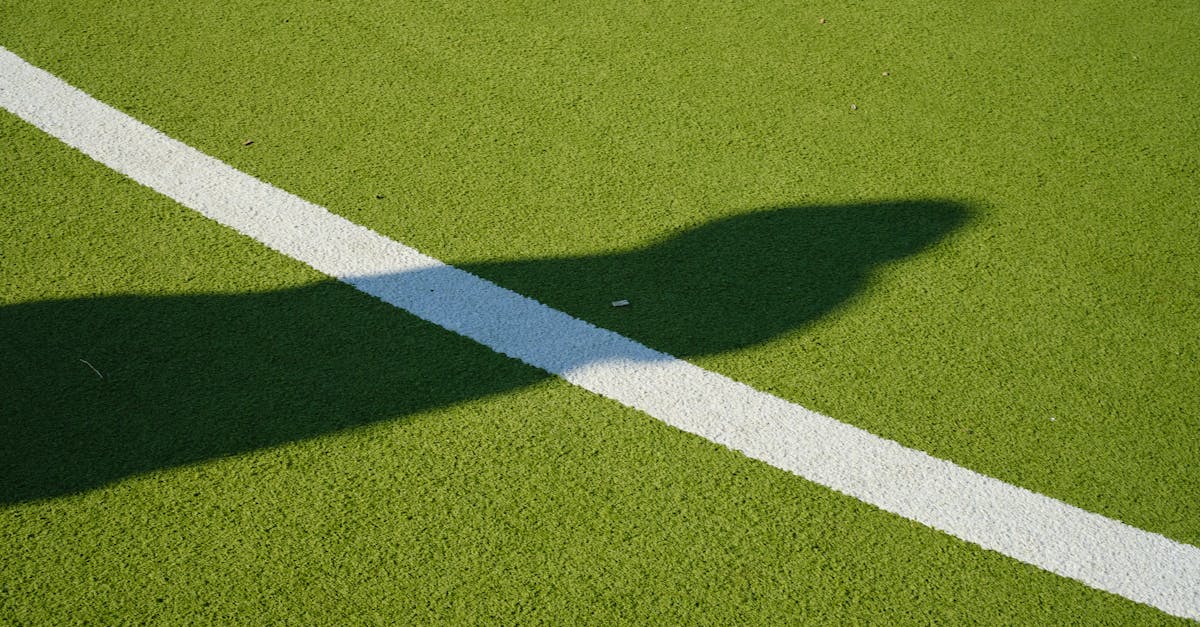
Techniques for Preventing Algae and Moss on Synthetic Grass
Choosing superior materials is essential for effective long-term maintenance of synthetic grass. High-quality turf often features advanced technology that incorporates UV stabilisers, ensuring the grass retains its vibrant colour and structure even i...
Read more →
Natural Pest Control Methods for Synthetic Grass Maintenance
Creating effective homemade remedies for pest control can often be a safe and environmentally friendly approach. Many common household ingredients can serve as powerful deterrents against unwanted pests that may invade synthetic grass. For example, a...
Read more →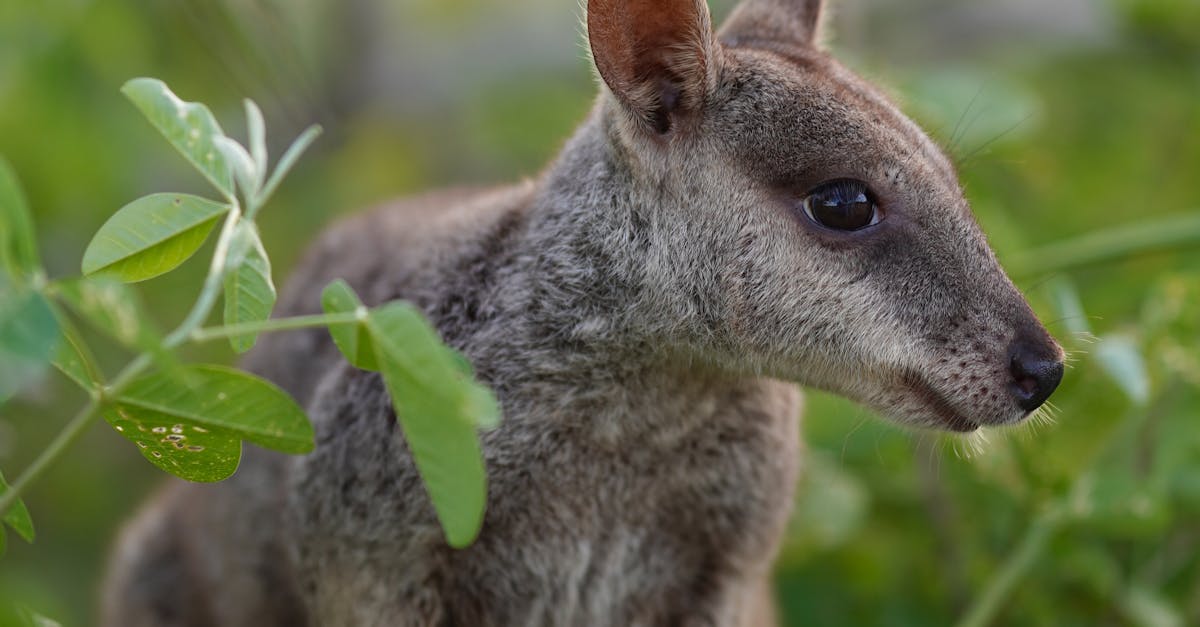
Effective Techniques for Weeding Synthetic Grass in Gold Coast
Salt can be an efficient method for controlling weeds that appear in synthetic grass areas. It works by dehydrating the plant, leading to its eventual demise. A solution made of salt and water can be applied directly to the unwanted foliage. However,...
Read more →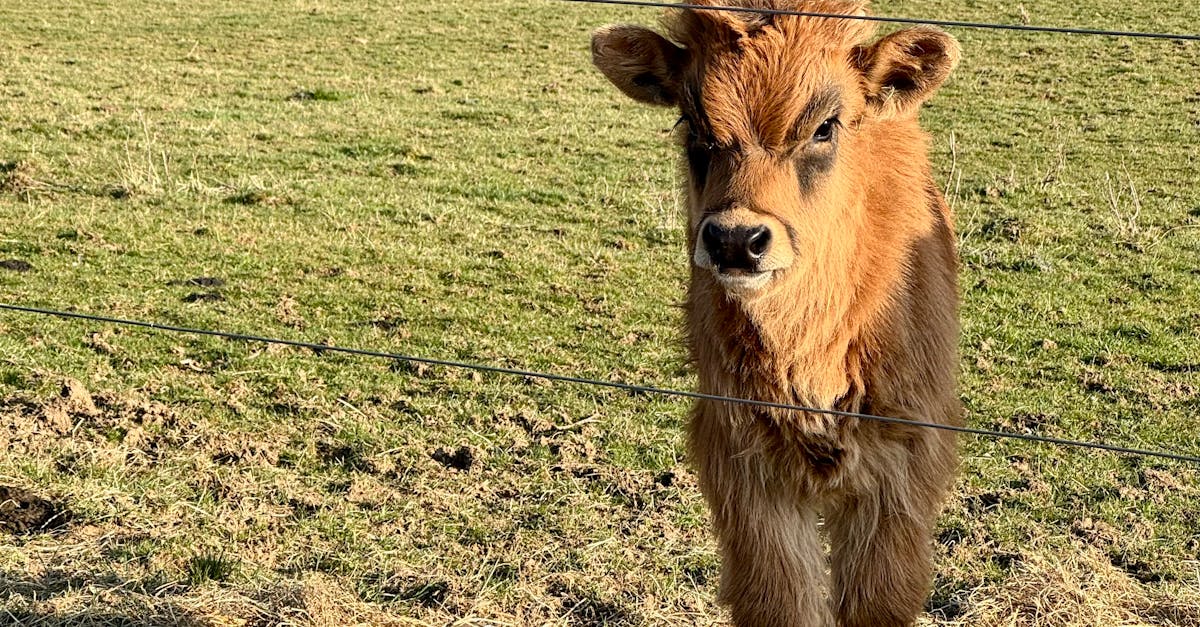
DIY Cleaning Solutions for Synthetic Turf Maintenance
Maintaining the appearance of synthetic turf often means addressing unsightly stains that may occur from various sources. For most stains, a simple mixture of warm water and mild dish soap can effectively lift marks without damaging the fibres. Using...
Read more →
The Benefits of Regular Cleaning for Synthetic Grass Longevity
Regular cleaning of synthetic grass significantly impacts its overall cost-effectiveness. The maintenance process typically involves removing debris, such as leaves and dirt, which can otherwise deteriorate the grass over time. Maintaining a clean su...
Read more →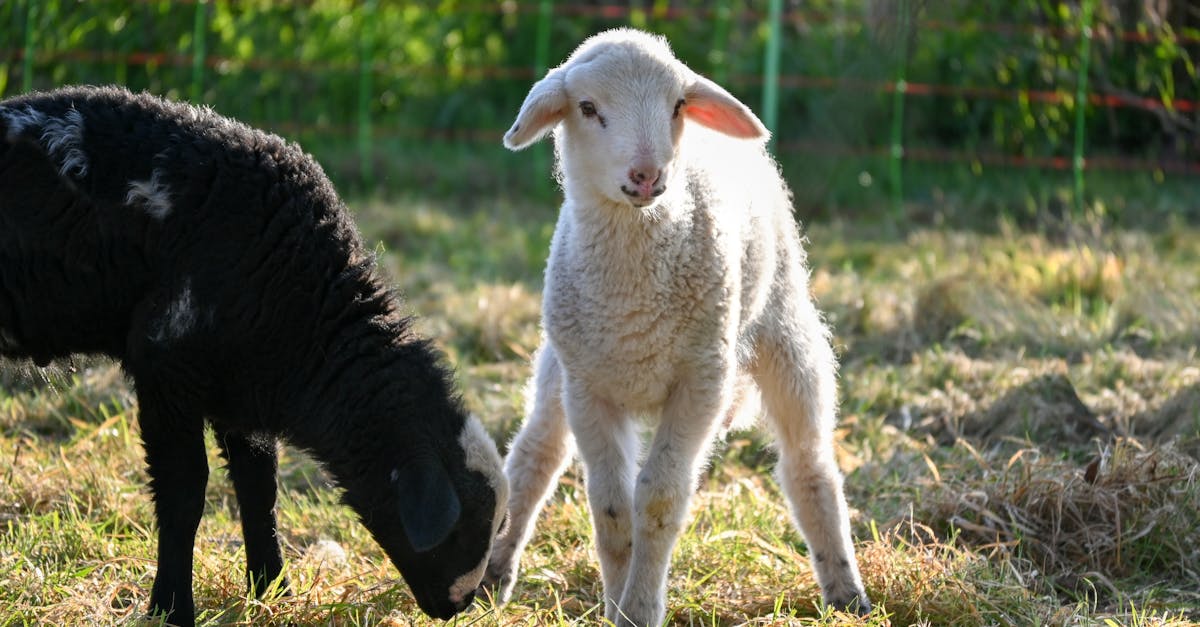
How Often Should You Clean Your Synthetic Grass?
Cleaning synthetic grass regularly is essential to maintain its appearance and longevity. Leaves and debris can accumulate on the surface, leading to an unsightly look and potential growth of mould. A quick inspection after windy days or storms can h...
Read more →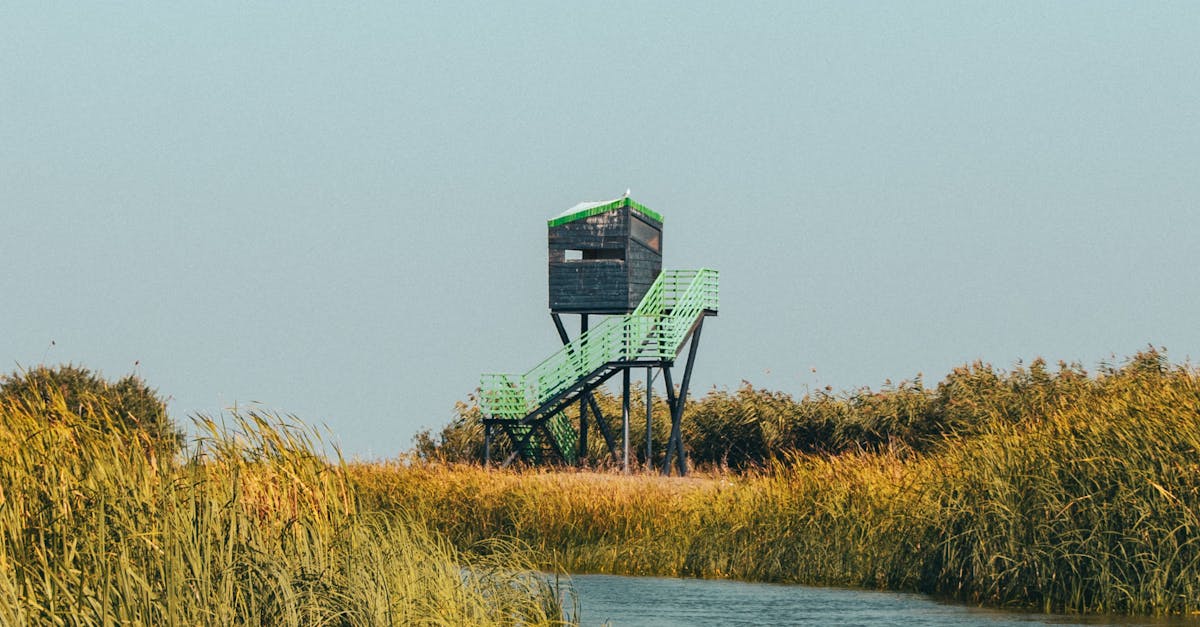
Choosing Eco-Friendly Cleaners for Synthetic Grass Care
When maintaining synthetic grass, the right cleaning techniques play a crucial role in preserving its integrity and appearance. Regular brushing helps to lift dirt and debris trapped within the fibres. A stiff-bristled broom or a specialised artifici...
Read more →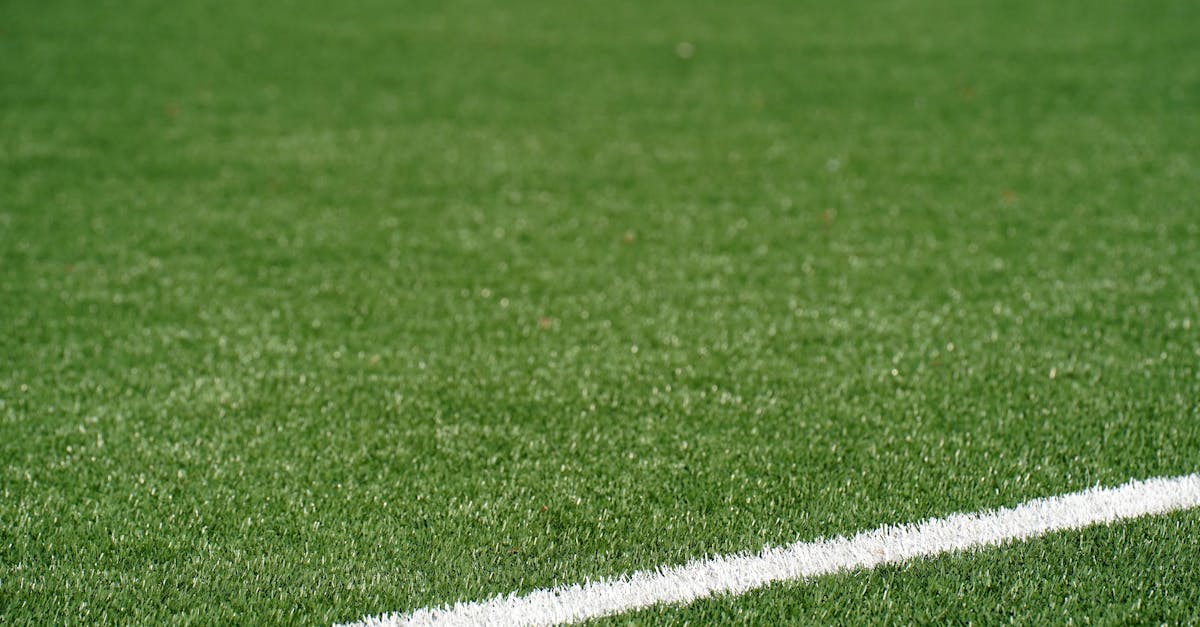
Removing Pet Waste from Synthetic Grass: Tips and Tricks
Pet waste can leave unsightly stains on synthetic grass, making immediate action essential to maintain its appearance. It is beneficial to use a plastic scoop or a specialised tool to remove solid waste gently. For liquid waste, blot the area with ab...
Read more →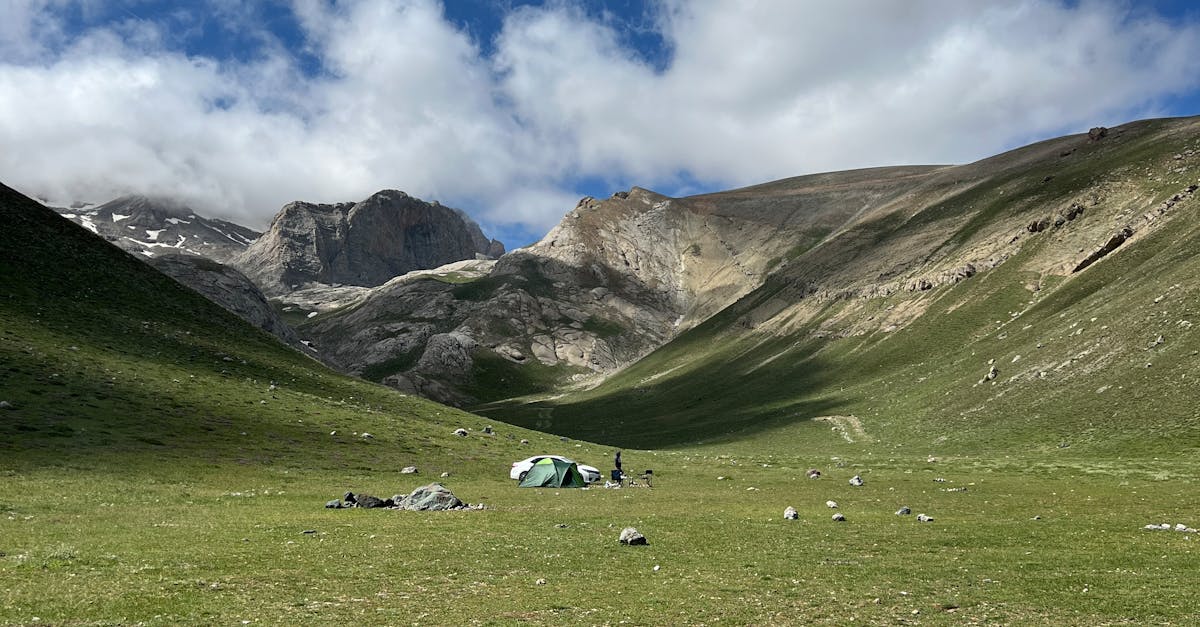
How to Use a Power Wash on Synthetic Grass Effectively
Synthetic grass can be susceptible to stains and odours, especially from food spills, pet waste or organic debris. To tackle these issues, it is essential to act quickly by blotting up liquids and removing solid waste immediately. For more stubborn s...
Read more →
Best Practices for Keeping Your Synthetic Grass Clean
Stains can be an unwelcome sight on synthetic turf. Fast action often prevents permanent discolouration. For organic stains, such as food or beverage spills, quickly blotting the area with paper towels or clean cloths can help lift the stain before i...
Read more →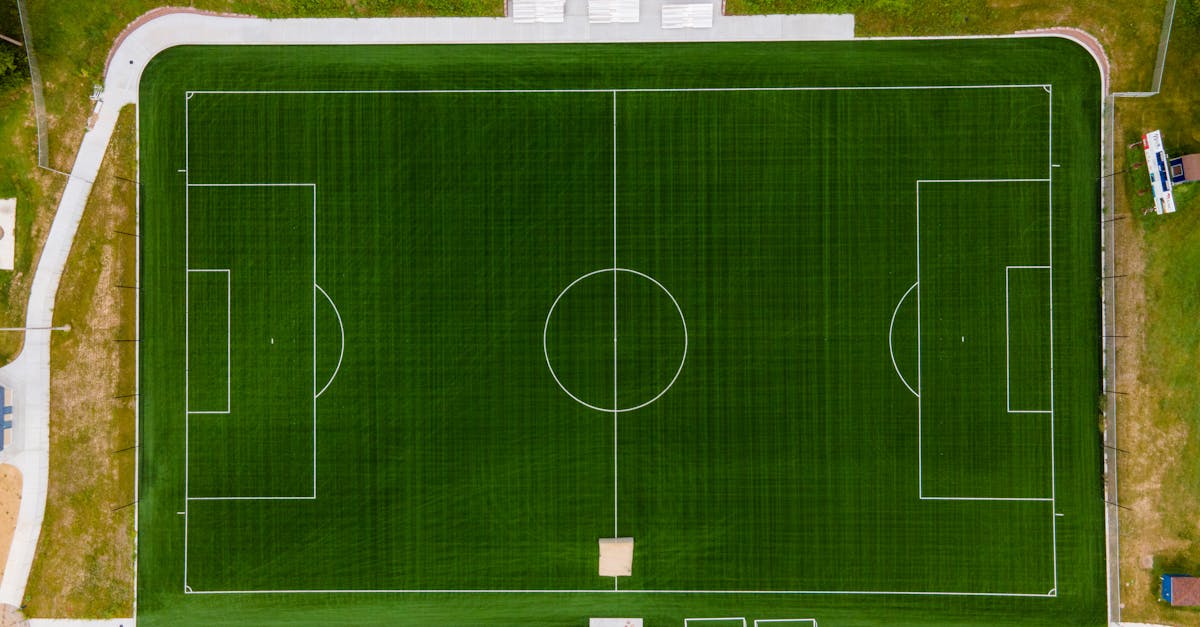
Effective Techniques for Removing Stains from Synthetic Turf
Many commercial cleaning products are specifically designed for use on synthetic turf. These products often contain advanced formulas that break down tough stains while being safe for the turf's materials. When selecting a cleaner, look for options t...
Read more →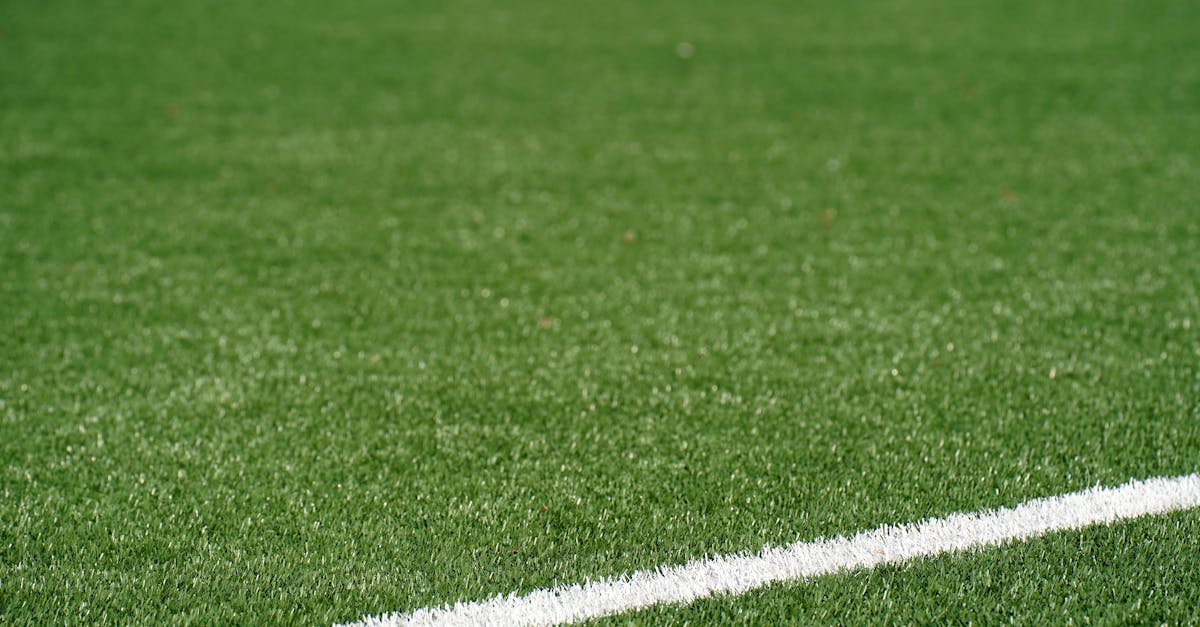
Tools You Need for Maintaining Clean Synthetic Grass
Weed growth can quickly become a significant issue for synthetic grass if not properly managed. Regular maintenance is essential in preventing these unwanted plants from taking root. Keeping the area around the synthetic lawn tidy will minimise the c...
Read more →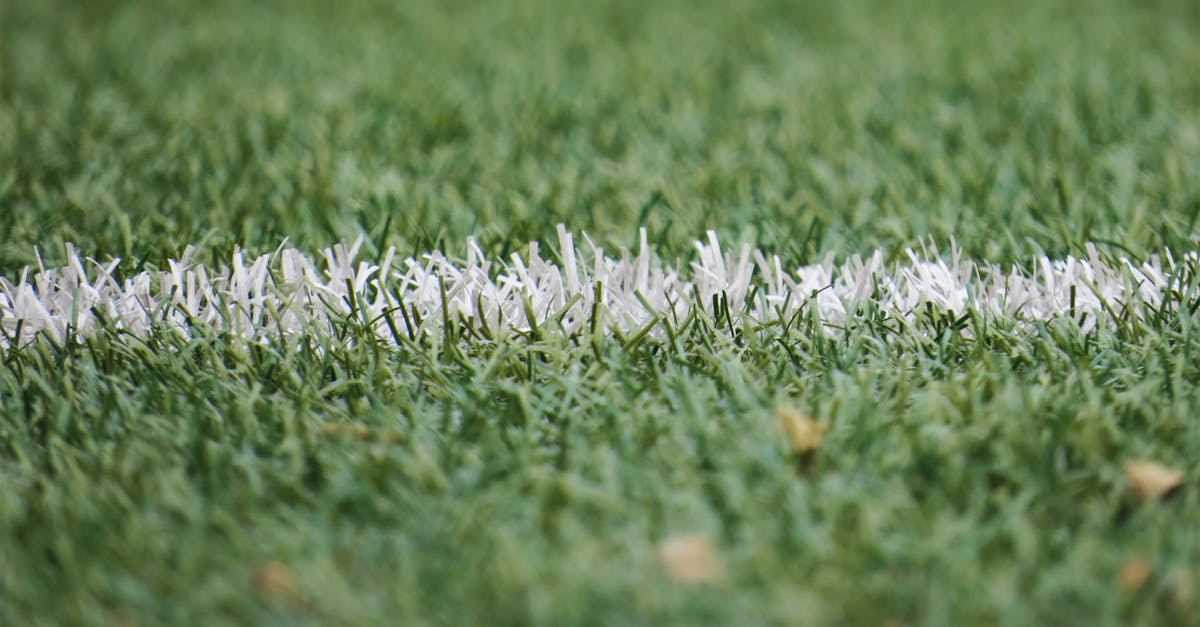
Cost Implications of Choosing Different Types of Synthetic Grass
The selection of synthetic grass often brings various environmental considerations into focus. Natural grass requires significant amounts of water, fertilizers, and pesticides, which can lead to chemical runoff and depletion of local water supplies. ...
Read more →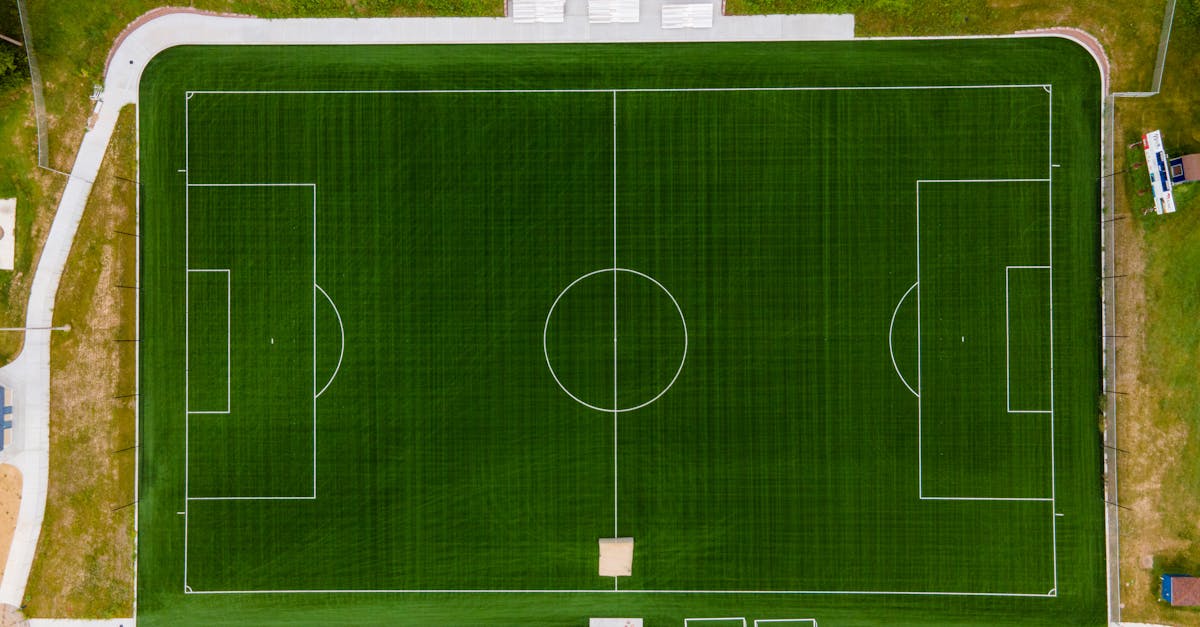
Evaluating DIY Versus Professional Installation Costs for Synthetic Grass
When considering synthetic grass installation, the quality of the materials used plays a pivotal role in the overall outcome. Higher-quality turf can better withstand foot traffic, resist fading from sun exposure, and maintain an aesthetically pleasi...
Read more →
The Long-term Cost Benefits of Investing in Synthetic Grass
Investing in synthetic grass can significantly elevate the overall appeal of residential and commercial properties. Homebuyers and tenants increasingly favour well-maintained outdoor areas, and the aesthetic advantage of artificial turf creates an in...
Read more →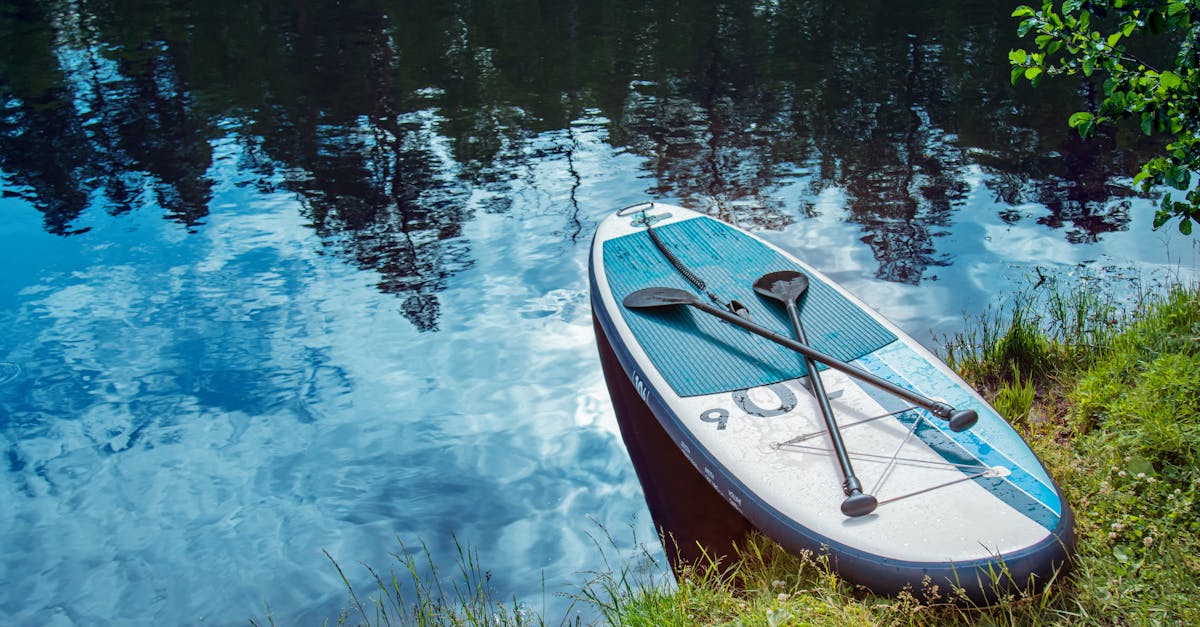
How to Maximise Your Budget for Synthetic Grass Installation
Investing in high-quality synthetic grass is crucial for ensuring it withstands the test of time. Select products specifically designed for your climate and usage. Proper installation is equally important; any shifts or dips in the groundwork can lea...
Read more →
Financing Options for Synthetic Grass Installation on the Gold Coast
Using credit cards can provide quick access to funds for synthetic grass installation. Many consumers appreciate the convenience of instant credit, allowing them to proceed with their project without lengthy approval processes. The appeal of rewards ...
Read more →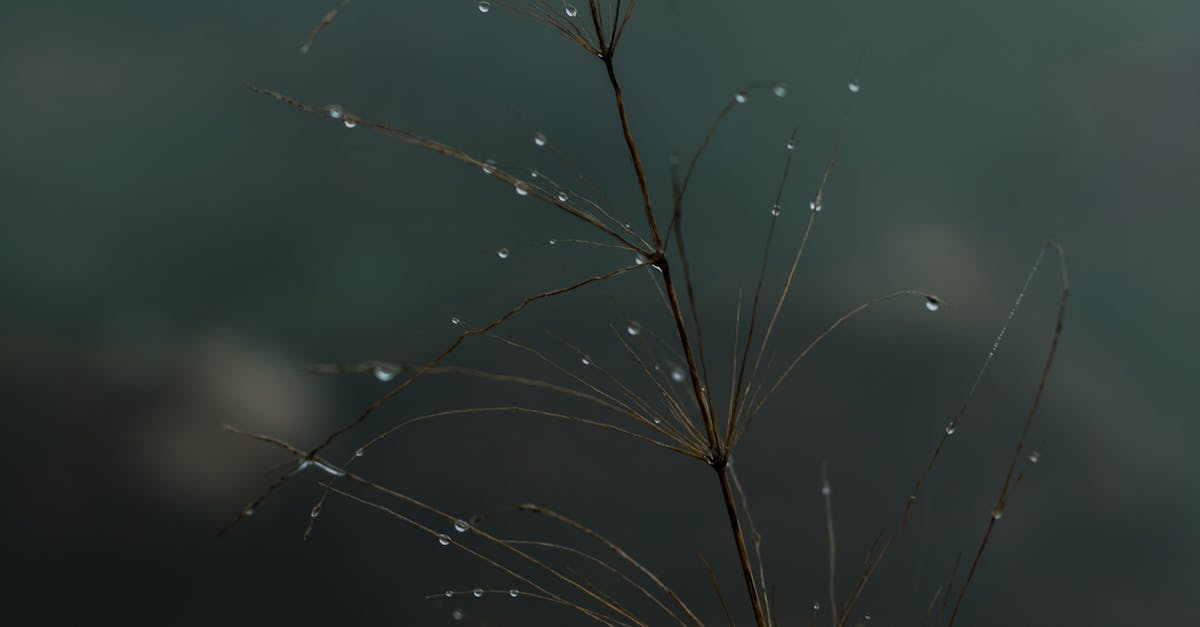
Comparing the Price of Synthetic Grass vs Natural Grass Installation
Maintaining natural grass requires ongoing investment in various forms. Regular mowing, fertilising, and pest control contribute significantly to annual expenses. Watering is another crucial factor, especially in regions prone to drought. Seasonal ch...
Read more →
Hidden Costs in Installing Synthetic Grass You Should Consider
Synthetic grass is often praised for its low maintenance compared to natural grass. However, periodic cleaning is necessary to keep the surface free from debris, leaves, and dirt. Using a leaf blower or a broom can help maintain its appearance. Occas...
Read more →
Cost Breakdown of Synthetic Grass Installation: What to Expect
Synthetic grass is celebrated for its low maintenance needs compared to natural turf. Regular upkeep primarily involves occasional brushing, rinsing to remove debris, and inspecting for any damages. Without the requirement for mowing, fertilising, or...
Read more →
Understanding the Financial Aspects of Synthetic Grass Installation
Synthetic grass offers a range of benefits when compared to traditional natural turf. Initial installation costs tend to be higher for synthetic surfaces, but they often result in lower long-term maintenance expenses. Natural turf requires regular mo...
Read more →
A Guide to Budgeting for Synthetic Turf on the Gold Coast
Investing in synthetic turf offers significant long-term benefits that can enhance both residential and commercial properties. Unlike natural grass, synthetic options require minimal maintenance, eliminating the need for regular mowing, watering, and...
Read more →
Optimising Drainage During Synthetic Grass Installation
Proper slope and grading are essential components in the installation of synthetic grass, influencing both the functionality and longevity of the surface. An ideal slope directs water away from high-traffic areas and prevents pooling, which can lead ...
Read more →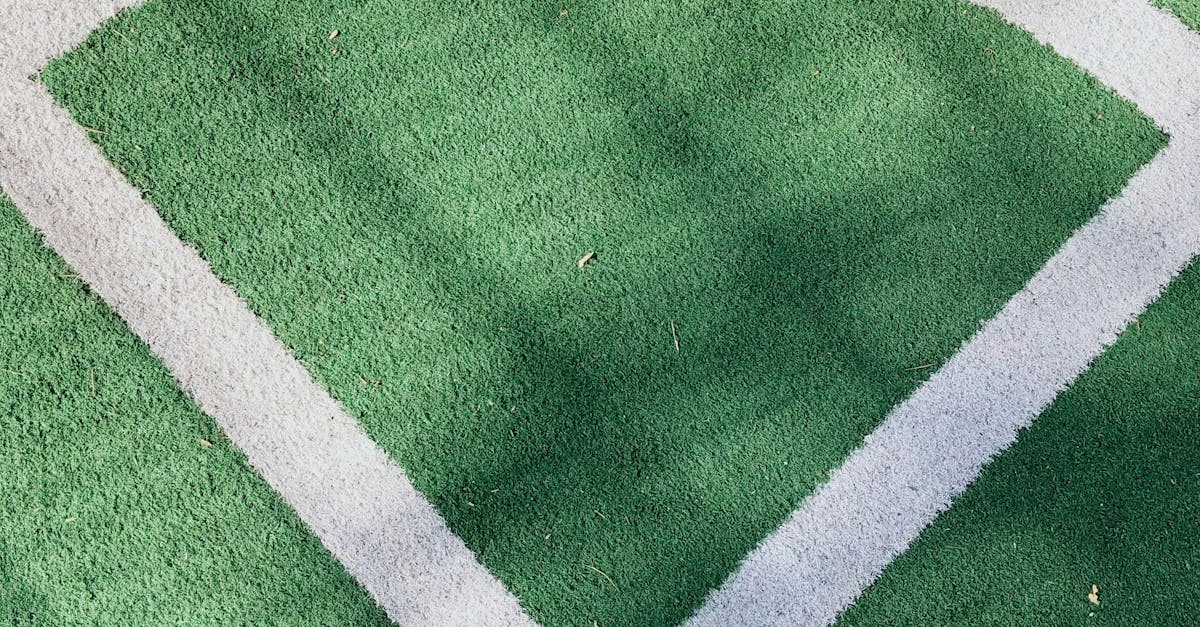
Techniques for Seamless Synthetic Grass Joints
Adhesives play a crucial role in achieving a seamless finish for synthetic grass joints. The right adhesive not only ensures a strong bond between turf pieces but also enhances the overall aesthetic appeal. When selected and applied correctly, these ...
Read more →
Choosing the Right Adhesives for Synthetic Grass Installation
Selecting the appropriate application technique for adhesives is crucial for optimal synthetic grass installation. Choose a method that matches the adhesive type and installation conditions. For spray adhesives, ensure uniform coverage by holding the...
Read more →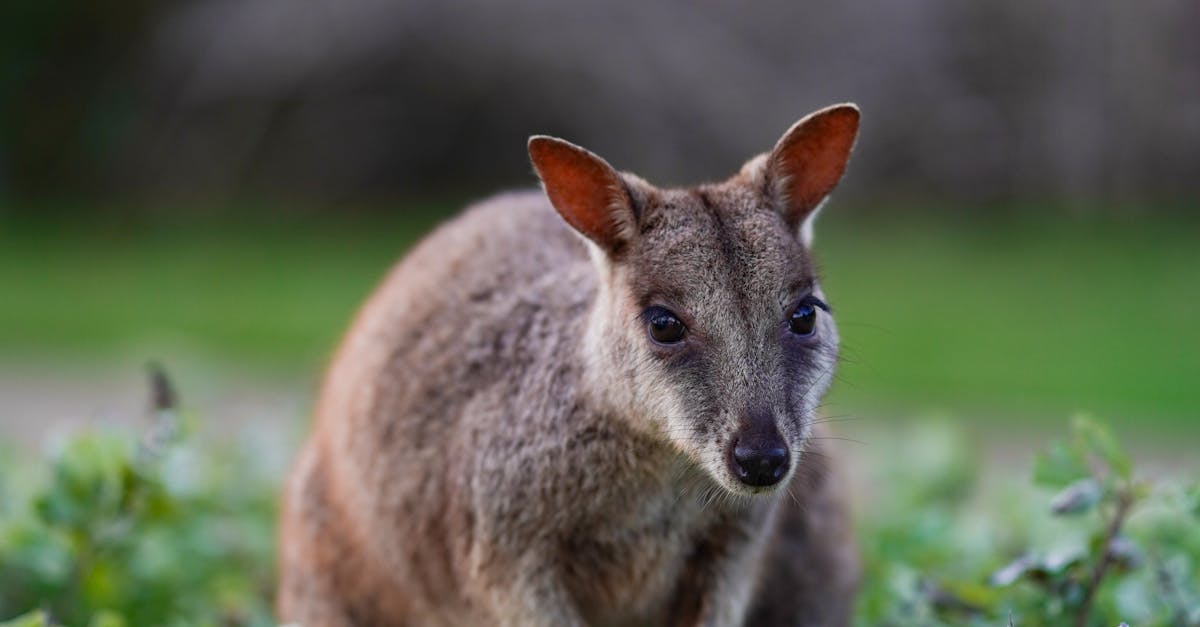
The Benefits of Using a Professional Installer for Synthetic Grass
When installing synthetic grass, safety is a primary concern for both the installer and the property owner. Professional installers are trained to handle tools and materials effectively, minimising the risk of accidents. They are familiar with the ne...
Read more →
How to Prepare Your Site for Successful Synthetic Grass Installation
An effective way to prepare your site for synthetic grass installation involves laying down weed barrier fabric. This material acts as a crucial first line of defence against persistent weeds that can threaten the longevity and appearance of your syn...
Read more →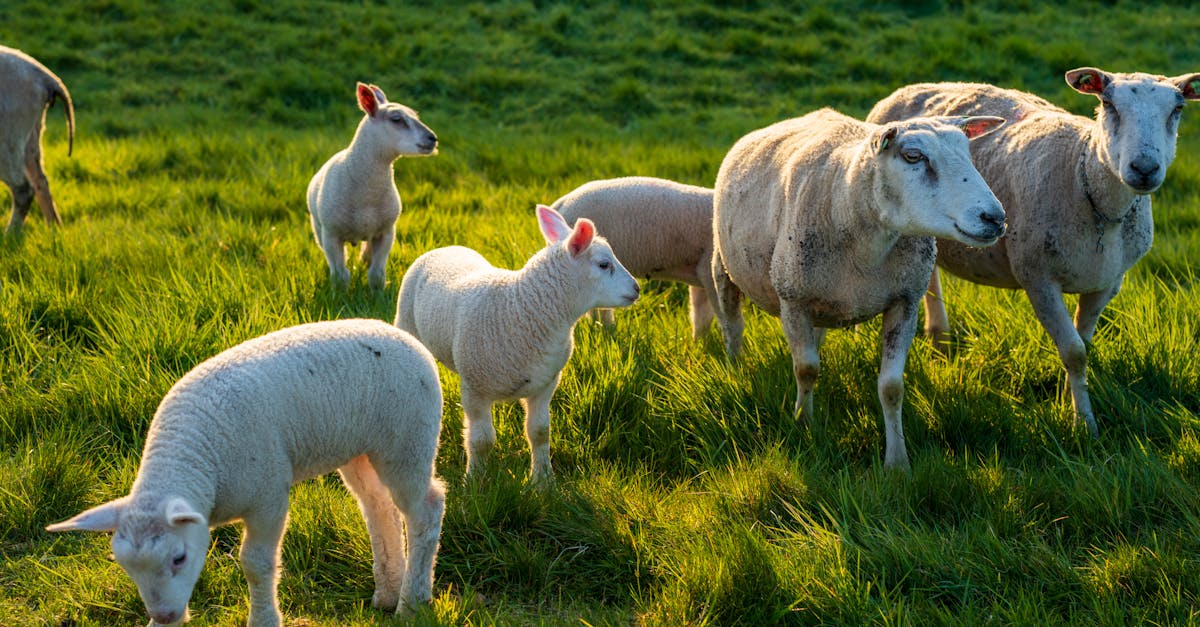
Common Mistakes to Avoid During Synthetic Grass Installation
Each manufacturer provides specific instructions for their synthetic grass products. These guidelines cover crucial aspects such as the type of infill to use, the recommended sub-base preparation, and the tools necessary for proper installation. Not ...
Read more →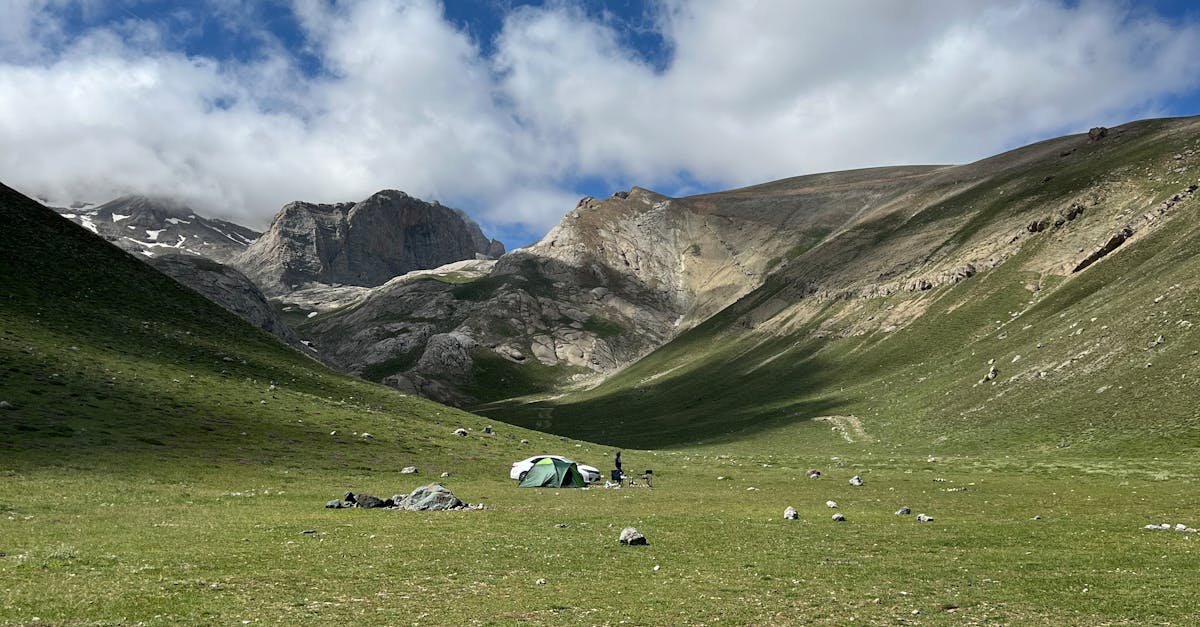
Essential Tools for Effective Synthetic Grass Installation
A solid and stable base layer is essential for the longevity and performance of synthetic grass. Proper preparation begins with clearing the area of any existing vegetation, debris, or rocks to create a smooth surface. The next step involves installi...
Read more →
Tips for Achieving a Professional Finish When Laying Synthetic Grass
Achieving precise cuts when laying synthetic grass is essential for a professional finish. Using a sharp utility knife or a specially designed turf cutter can help ensure that the edges are crisp and clean. Always measure the areas needing grass cove...
Read more →
Step-by-Step Guide to Synthetic Grass Installation Techniques
A strong base layer is essential for any synthetic grass installation. Begin by removing any existing grass, weeds, or debris from the area. This helps to create a clean surface and prevents future growth from disrupting the new turf. After clearing ...
Read more →
Innovative Methods for Installing Synthetic Grass on the Gold Coast
Choosing between professional installation and a do-it-yourself approach can significantly impact the final outcome of synthetic grass projects. Engaging professionals often ensures a high-quality finish due to their expertise and experience. They po...
Read more →
Evaluating the Water Absorption Capabilities of Synthetic Turf
Different synthetic turf types exhibit varying levels of water absorption based on their materials and construction methods. For instance, polyethylene and polypropylene are common materials used in turf production. Polyethylene is often preferred fo...
Read more →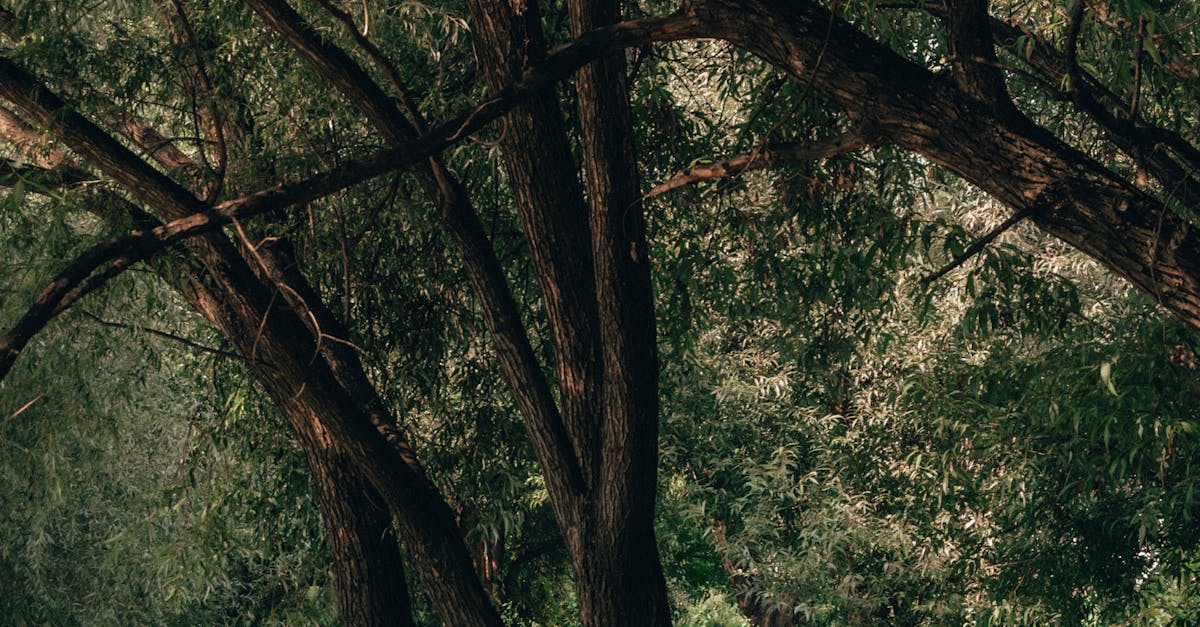
Assessing the Benefits of Heat-Resistant Synthetic Grass for Warm Climates
Investing in heat-resistant synthetic grass can yield significant financial savings in the long run. Traditional natural lawns often require regular maintenance, including water usage for irrigation, fertilisers, and pest control. In contrast, synthe...
Read more →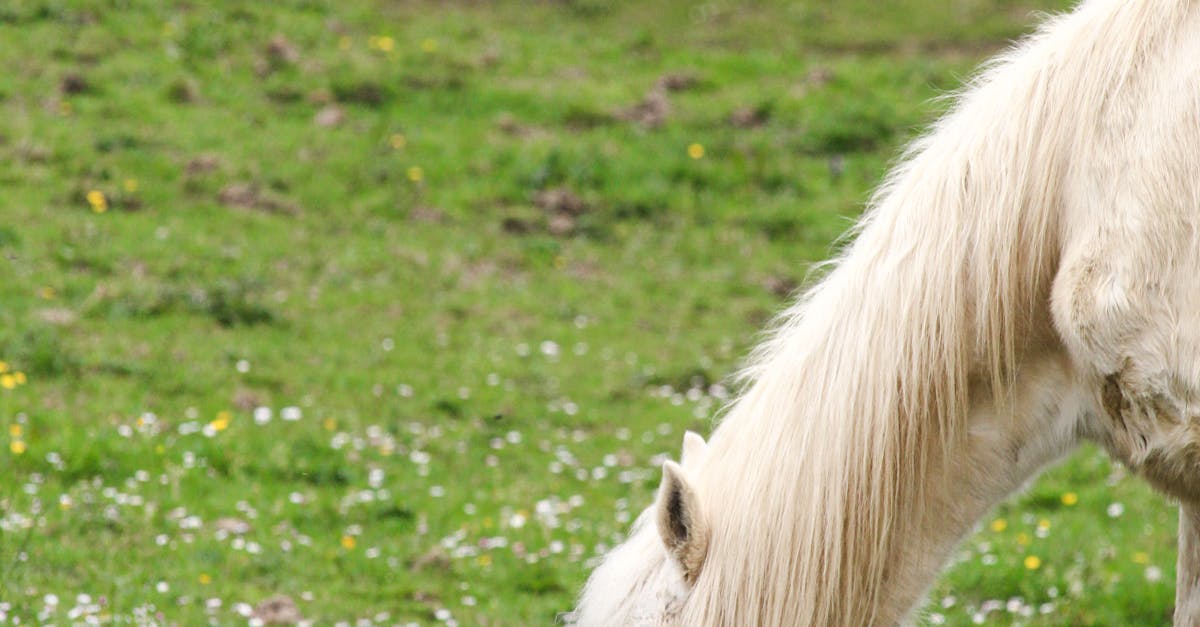
Comparing Monofilament and Polypropylene Grass Types for Gold Coast
The vibrant hues and lifelike texture of polypropylene grass make it a popular choice for many homeowners on the Gold Coast. Its ability to mimic natural grass far surpasses other synthetic options. This artificial turf can give a well-manicured appe...
Read more →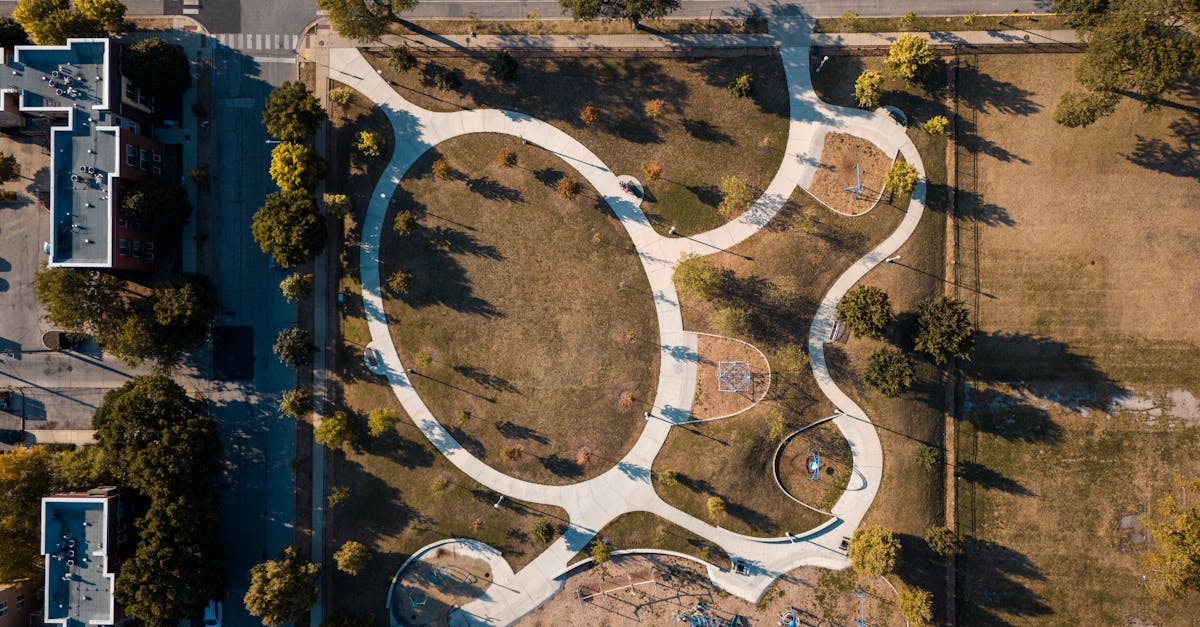
The Impact of Synthetic Grass Texture on Aesthetic Preference
The experience of interacting with synthetic grass often begins with its visual appeal. Many users are drawn to the vibrant colours and uniform appearance, which can instantly enhance the look of a space. When laid down, this material can create an i...
Read more →
Natural-Looking Synthetic Grass Options for Residential Properties
As homeowners increasingly seek sustainable solutions, the environmental impact of synthetic grass has become a prominent topic. Many artificial turf products are now designed with recyclability in mind. Additionally, advancements in manufacturing pr...
Read more →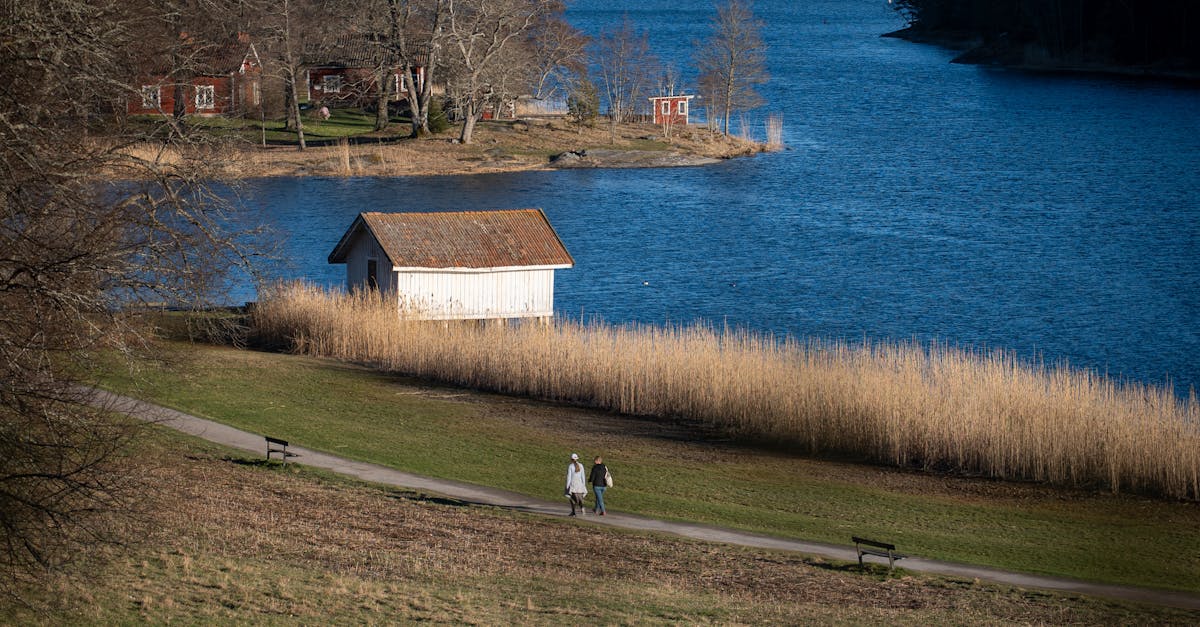
Navigating the Varieties of Synthetic Grass for Various Sports
Rugby demands a playing surface that can withstand the intense physicality and high-impact collisions characteristic of the sport. Synthetic grass designed for rugby offers a consistent and resilient field, providing ample grip and traction. This typ...
Read more →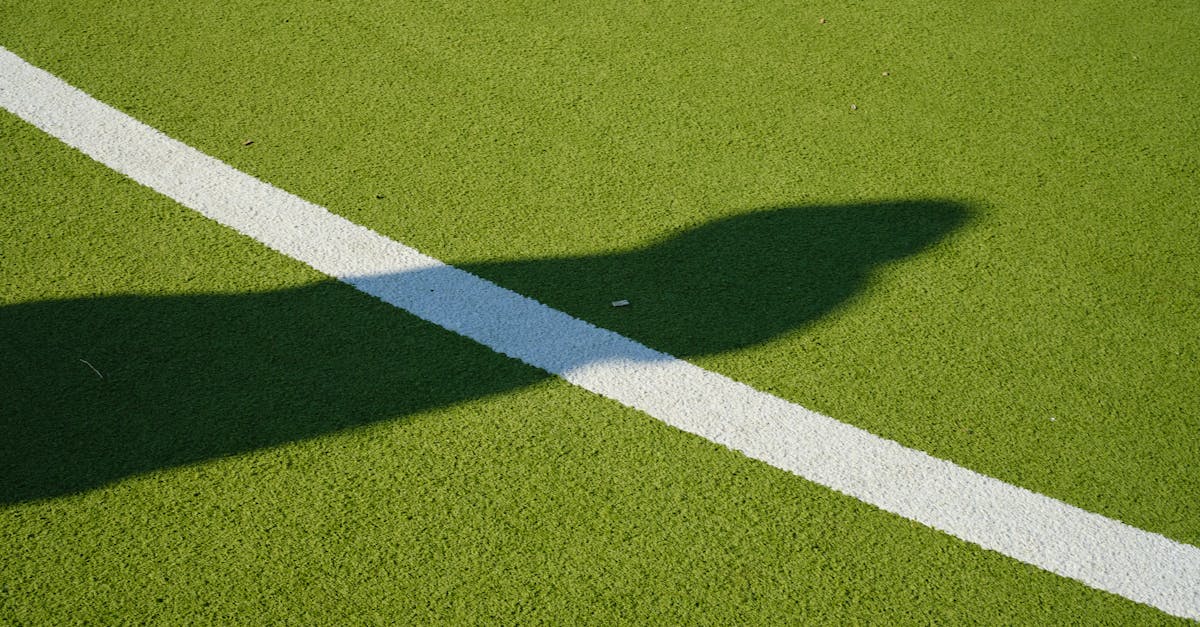
Selecting the Best Infill Options for Synthetic Grass Applications
Proper installation of infill materials is crucial for the performance of synthetic grass. Start by ensuring the grass has been firmly secured to the base before adding infill. Distribute the infill evenly across the surface using a drop spreader or ...
Read more →
Exploring the Benefits of UV-Resistant Synthetic Turf in Gold Coast
Synthetic turf offers a range of health benefits for outdoor spaces. One significant advantage is the reduction in allergens such as pollen and grass. Traditional grass surfaces can harbour mould, mildew, and various allergens that may aggravate asth...
Read more →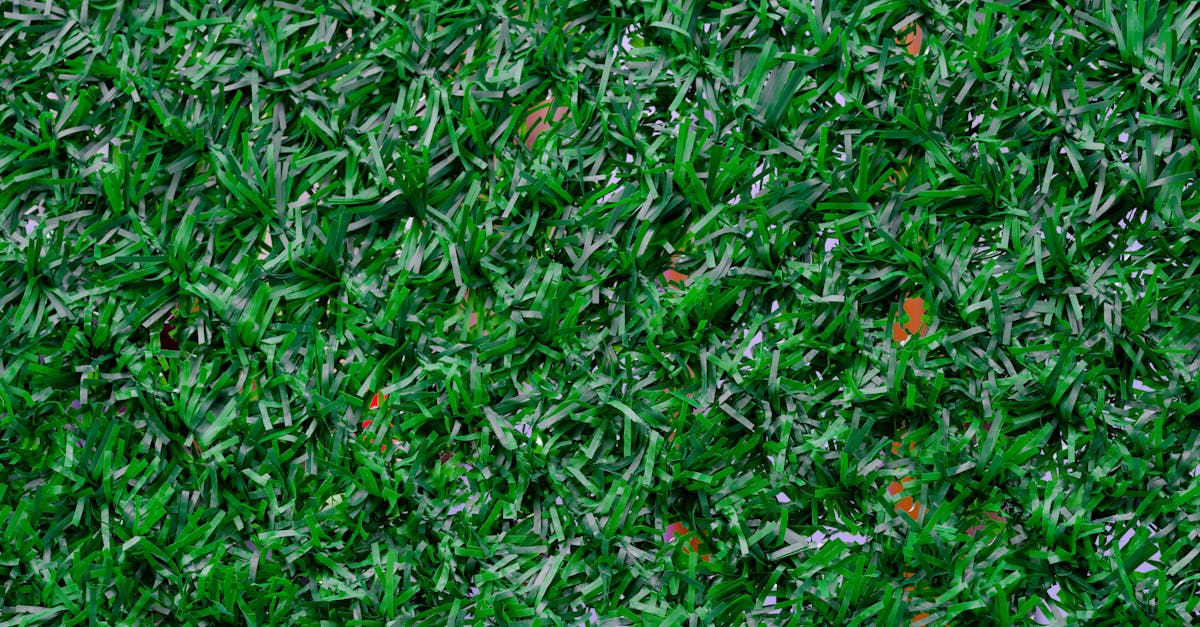
Choosing the Right Pile Height for Your Synthetic Grass Installation
The maintenance requirements of synthetic grass can significantly change based on its pile height. Shorter pile heights are often easier to maintain. They require less frequent grooming and cleaning, making them ideal for busy households or commercia...
Read more →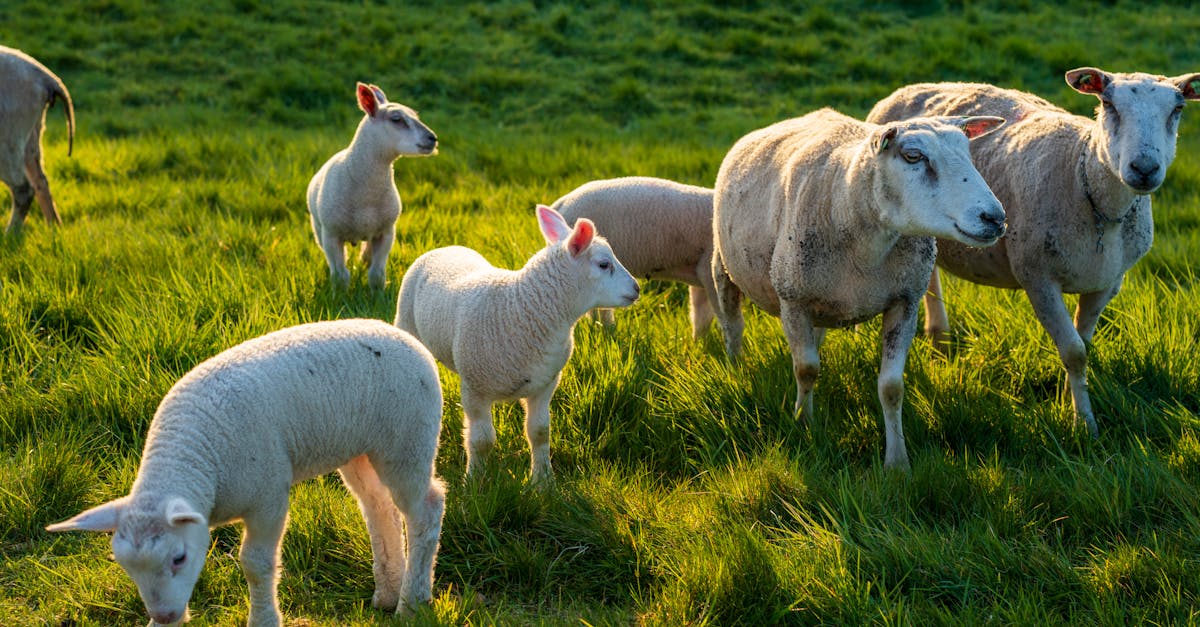
Understanding the Different Types of Synthetic Grass for Gold Coast Homes
Synthetic grass is renowned for its minimal maintenance needs, making it a popular choice for homeowners. Regular brushing helps keep the fibres upright and removes debris such as leaves or dirt. Occasional rinsing with water can assist in preventing...
Read more →
Evaluating Subsurface Drainage Options for Gold Coast Synthetic Grass
Regular maintenance is crucial to ensure the efficiency of subsurface drainage systems for synthetic grass installations. Over time, debris and sediment can accumulate, potentially clogging pipes and leading to ineffective water management. Routine i...
Read more →
How to Design a Draining System for Maximum Turf Performance
Subsurface drainage is essential for ensuring optimal turf performance, especially in areas prone to waterlogging. This system typically involves placing drainage pipes below the surface to collect excess water, preventing saturation of the soil. It ...
Read more →
Pros and Cons of Different Drainage Techniques for Synthetic Grass
Gravity drainage systems rely on the natural slope of the land to direct water away from synthetic grass surfaces. This method utilises gravity to facilitate efficient water flow, reducing ponding and promoting fast drainage. The design typically inv...
Read more →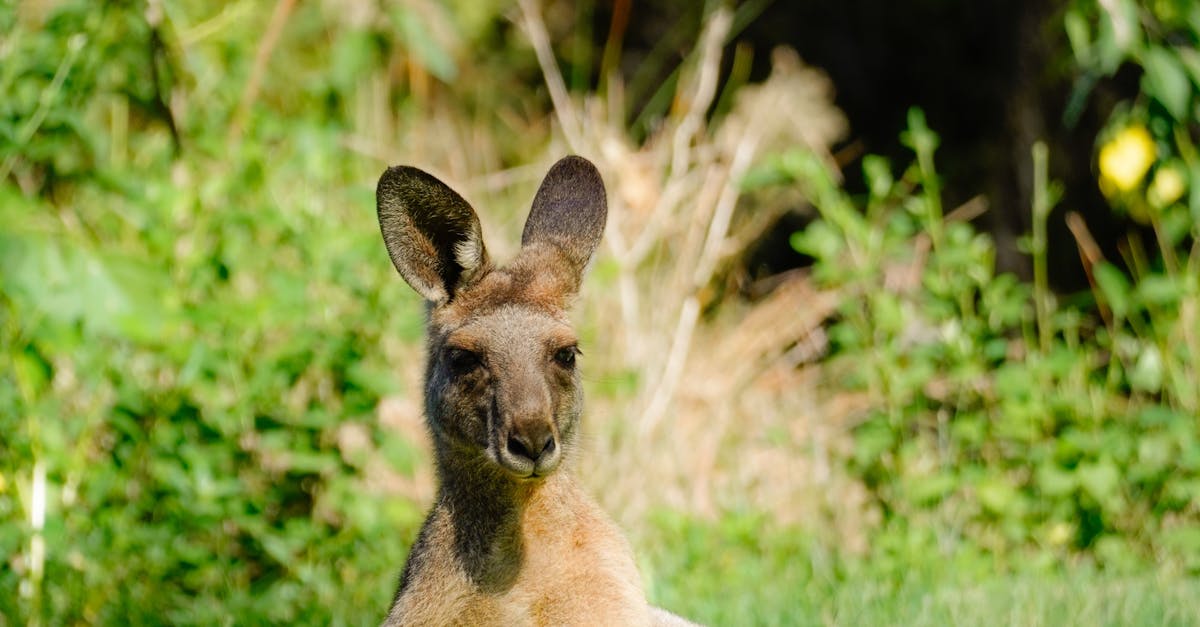
Planning for Rainwater Management with Synthetic Turf Installations
Proper maintenance of synthetic turf systems is crucial to ensure their longevity and optimal performance. Regular inspections should be conducted to identify any signs of wear and tear, such as fraying edges or infill loss. Cleaning the surface is a...
Read more →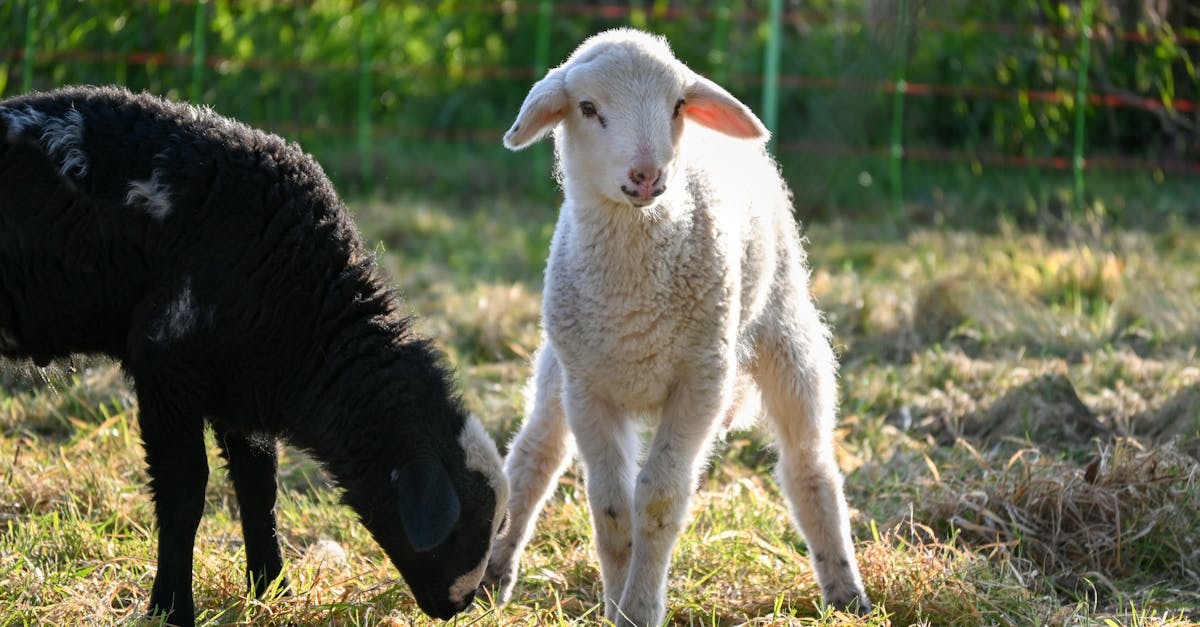
The Role of Catch Basins in Effective Synthetic Grass Drainage
Regular inspection of catch basins is essential to ensure they function at their best. Debris, such as leaves and dirt, can accumulate, obstructing drainage pathways. This buildup can lead to water pooling on synthetic grass surfaces, which diminishe...
Read more →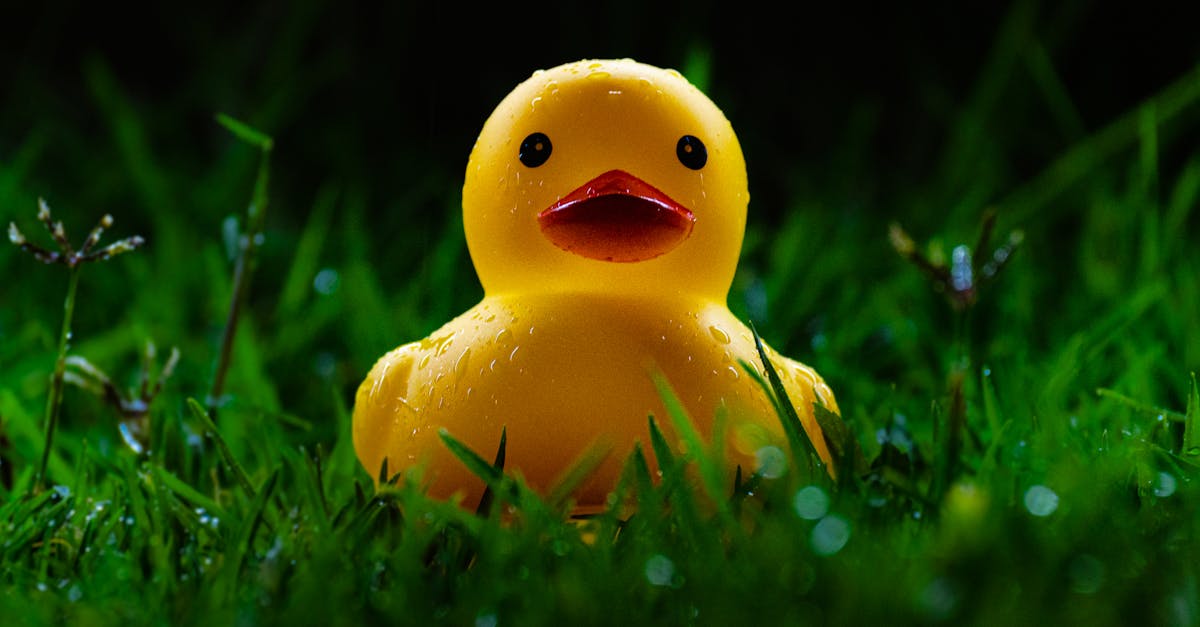
Innovative Drainage Solutions for Artificial Grass in Coastal Environments
Coastal conditions present a unique set of challenges for installing drainage solutions under artificial grass. High salinity levels often lead to corrosion of materials, which can diminish the longevity of drainage systems. Furthermore, the sandy an...
Read more →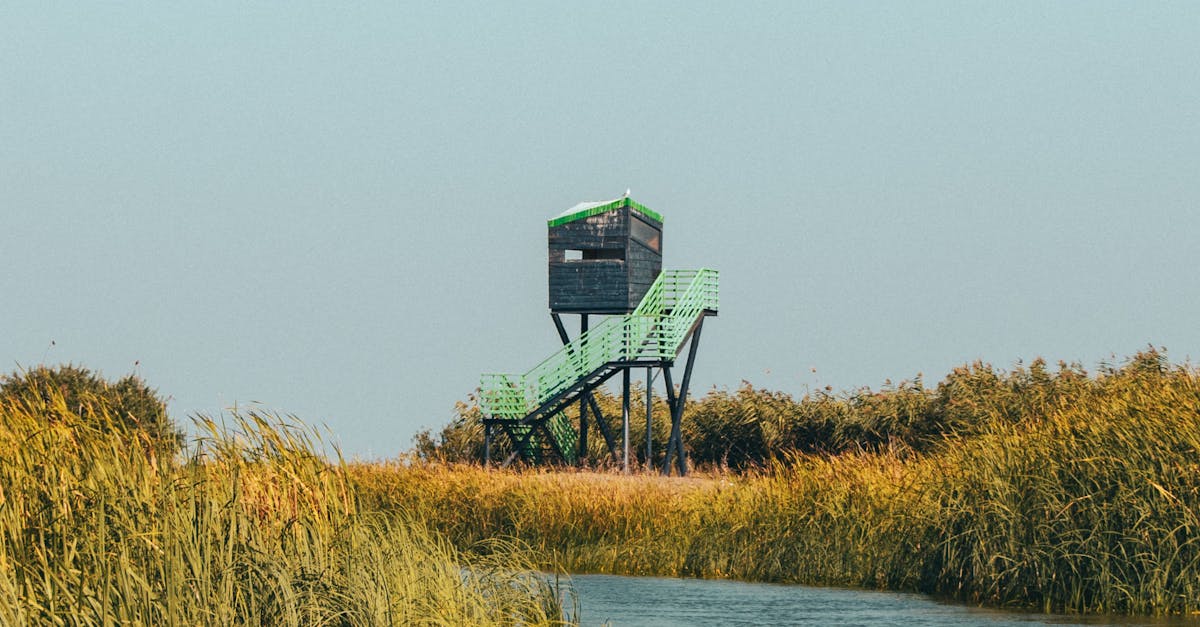
Installing Permeable Bases for Optimal Drainage in Synthetic Grass
The integration of synthetic grass into outdoor spaces offers a multitude of advantages, especially when it comes to enhancing the aesthetics and functionality of landscaping. With its ability to mimic natural grass while requiring minimal maintenanc...
Read more →
Common Drainage Issues in Synthetic Grass Installations and How to Address Them
A common problem in synthetic grass installations is the clogging of drainage systems, often caused by an accumulation of debris, soil, and organic matter. Over time, these materials can obstruct the flow of water, leading to ineffective drainage dur...
Read more →
Choosing the Right Drainage System for Synthetic Turf in the Gold Coast
A gravel base plays a crucial role in the effectiveness of drainage systems for synthetic turf installations. This layer acts as a permeable medium that encourages water to flow away from the surface. The size and type of gravel used are essential fa...
Read more →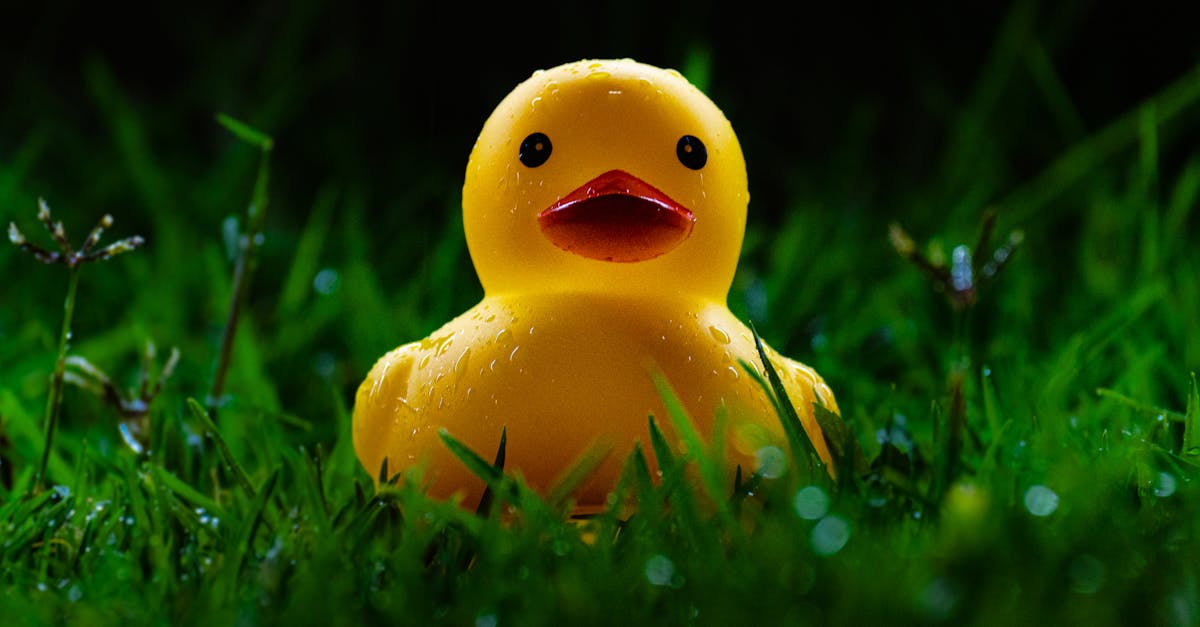
Understanding the Importance of Drainage in Synthetic Grass Installation
Regular maintenance of drainage systems is crucial for the longevity and performance of synthetic grass installations. Debris, leaves, and sediment can accumulate, obstructing water flow and potentially leading to pooling or soggy areas. Routine insp...
Read more →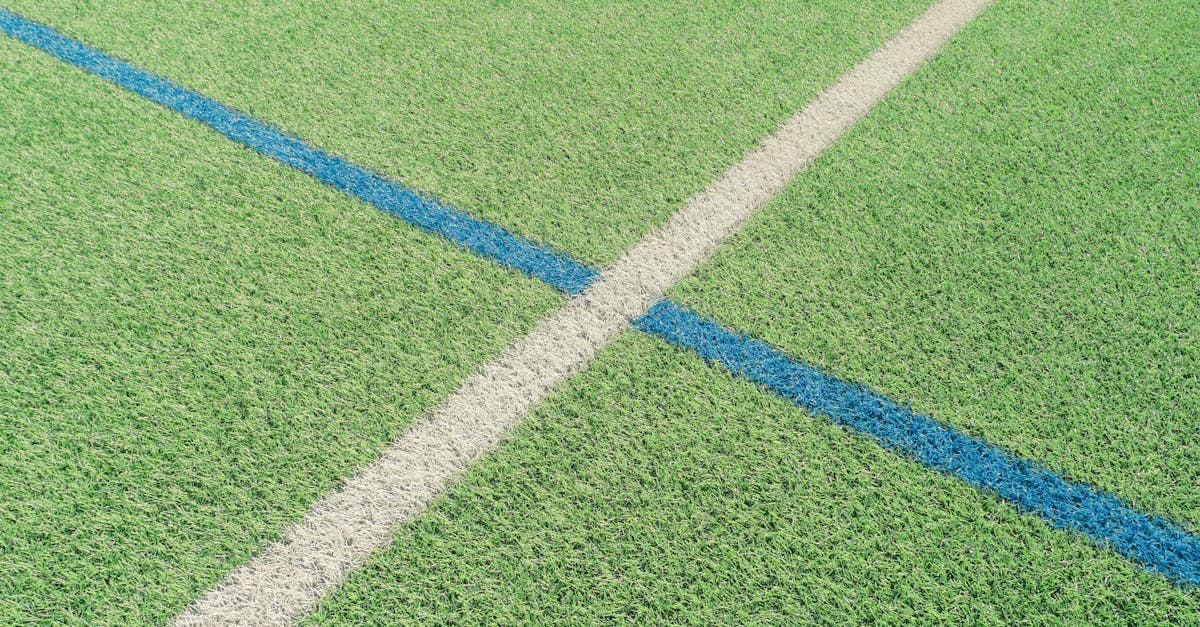
Understanding Subgrade Materials for Reliable Synthetic Grass Installation
Climate plays a crucial role in determining the types of subgrade materials that are suitable for synthetic grass installations. Areas that experience high rainfall require materials with excellent drainage capabilities to prevent waterlogging and su...
Read more →
Eco-Friendly Site Preparation Techniques for Synthetic Grass Installation
Effective water conservation is essential in the preparation for synthetic grass installation. One of the most impactful methods is the utilisation of rainwater harvesting systems. By collecting rainwater from rooftops and directing it into storage t...
Read more →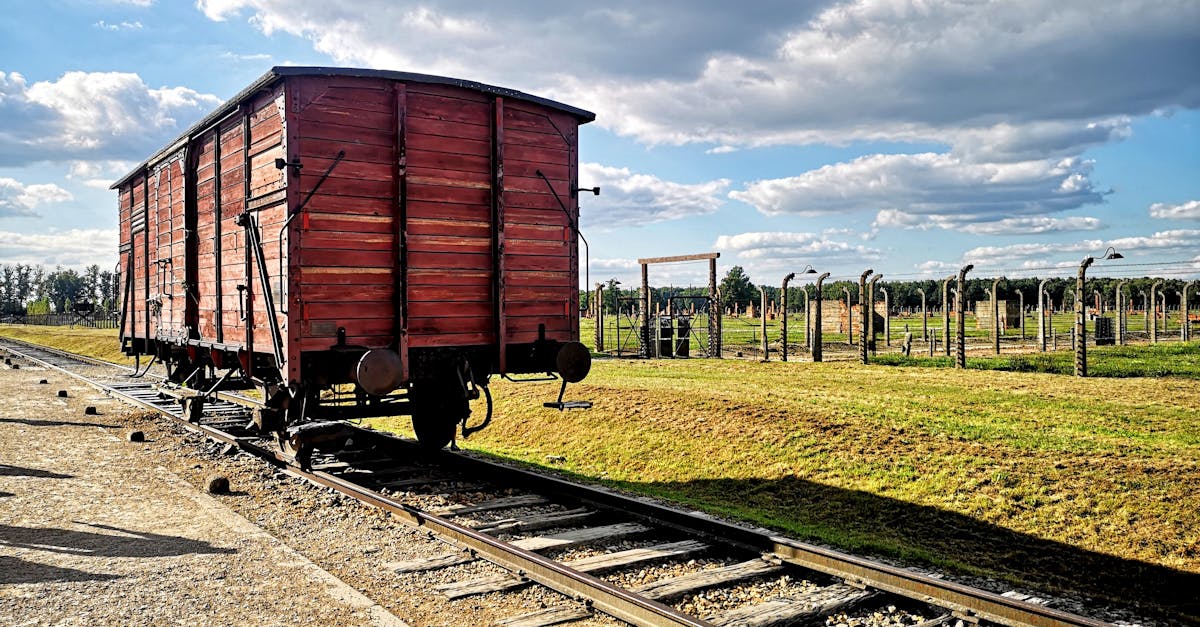
The Role of Geotextiles in Site Preparation for Synthetic Grass in Gold Coast
The introduction of geotextiles to site preparation significantly boosts soil stability. These materials act as a barrier, preventing the mixing of soil layers and maintaining the integrity of the ground beneath synthetic grass. The unique properties...
Read more →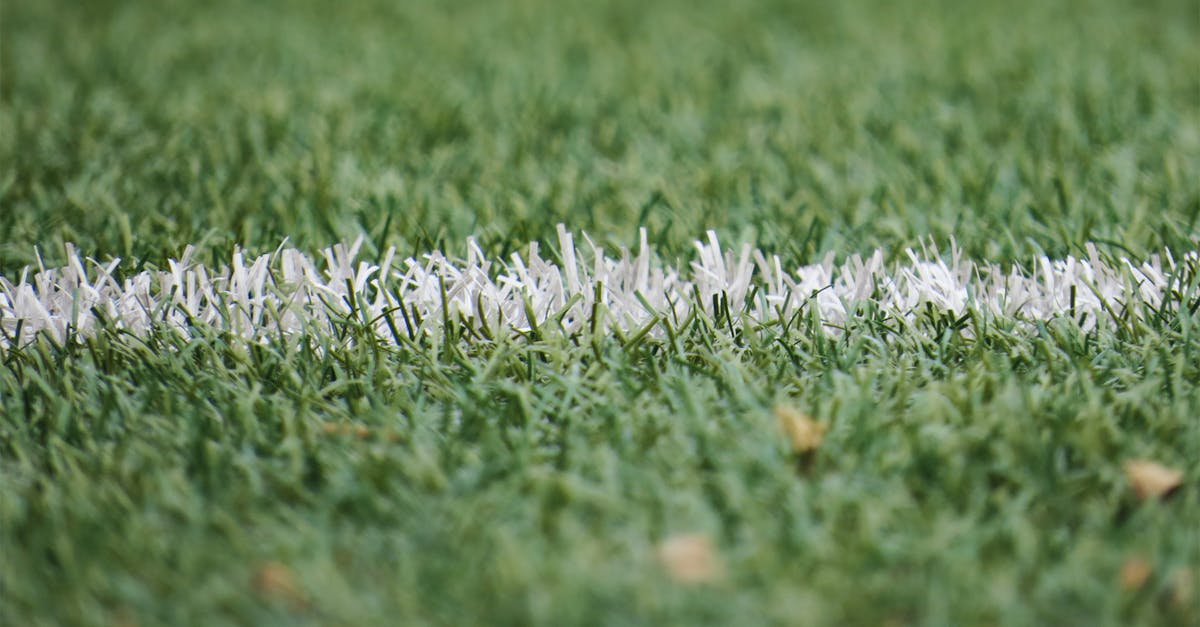
Common Mistakes to Avoid When Preparing Your Site for Synthetic Turf
Foot traffic plays a crucial role in determining the longevity and performance of synthetic turf. Different applications, such as residential yards, sports fields, or commercial spaces, experience varying levels of usage. It is essential to assess th...
Read more →
The Importance of Proper Drainage in Site Preparation for Synthetic Grass
Soil type plays a crucial role in determining how effectively water drains from a site. Sandier soils tend to drain quickly due to their larger particle size and greater spacing between particles. This can be advantageous for synthetic grass installa...
Read more →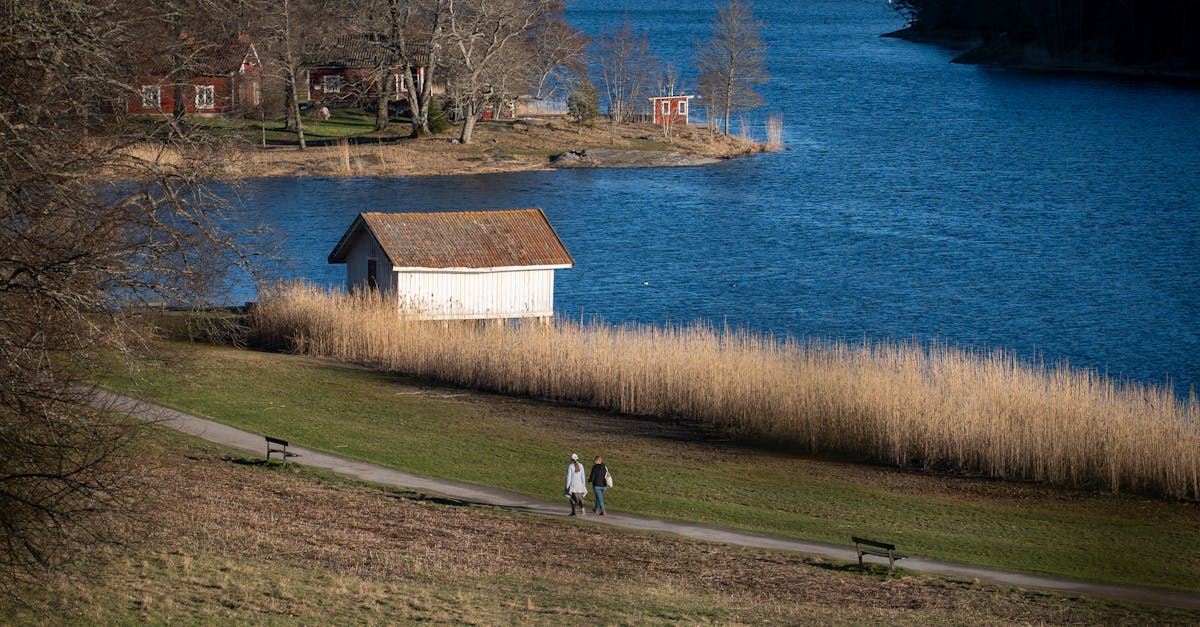
Tools and Equipment Required for Site Preparation of Synthetic Grass
Achieving a solid base is essential for the successful installation of synthetic grass, necessitating proper soil compaction. A plate compactor is one of the most effective tools for this purpose. This machine applies downward force, effectively redu...
Read more →
How to Achieve a Level Surface for Synthetic Grass in Coastal Areas
The selection of base material is critical for ensuring long-lasting synthetic grass installations, particularly in coastal areas where environmental conditions can be challenging. Crushed rock and gravel are popular choices due to their ability to p...
Read more →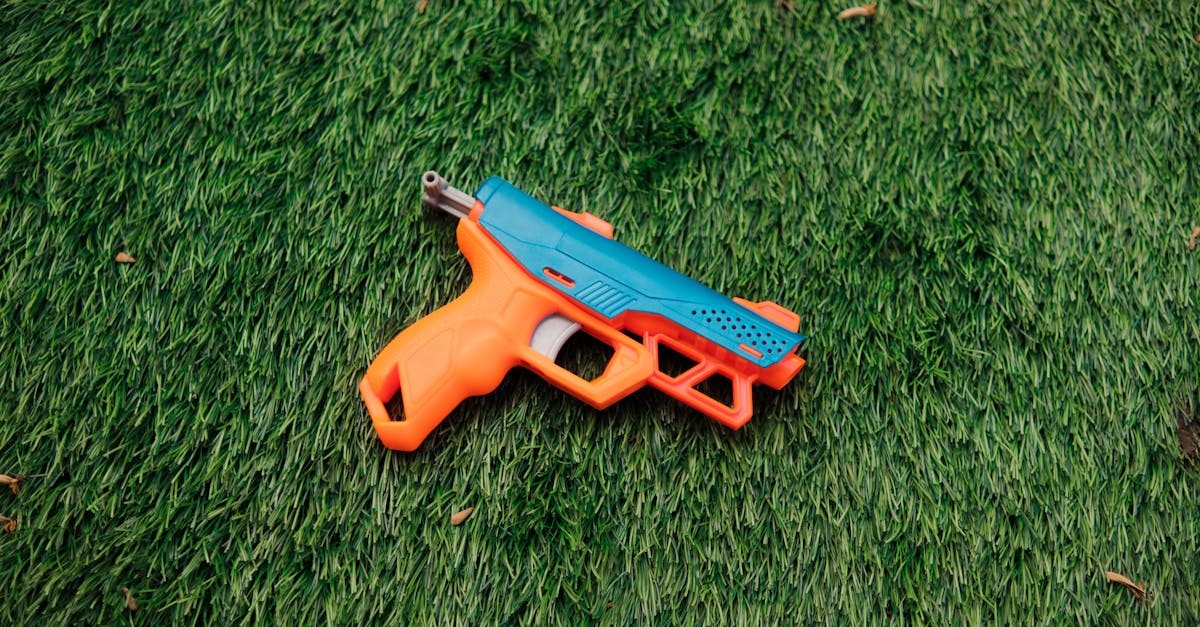
An In-Depth Guide to Soil Assessment Before Synthetic Grass Installation
Soil pH plays a crucial role in determining the health and overall quality of the ground where synthetic grass will be installed. The pH level influences the availability of nutrients essential for plant growth. A pH level that is too high or too low...
Read more →
Essential Steps for Preparing Your Site for Synthetic Grass in Gold Coast
Creating a stable and level base layer is essential for achieving a long-lasting synthetic grass installation. Start by removing any existing grass, weeds, or debris from the area. This initial clearing allows for a smooth surface. Next, excavate the...
Read more →
Best Practices for Clearing Your Space for Synthetic Turf on the Gold Coast
Preparing the ground properly is crucial to achieve a successful synthetic turf installation. Begin by removing any existing grass, weeds, and debris from the area. It is essential to ensure there are no sharp objects or large rocks, as these can lea...
Read more →